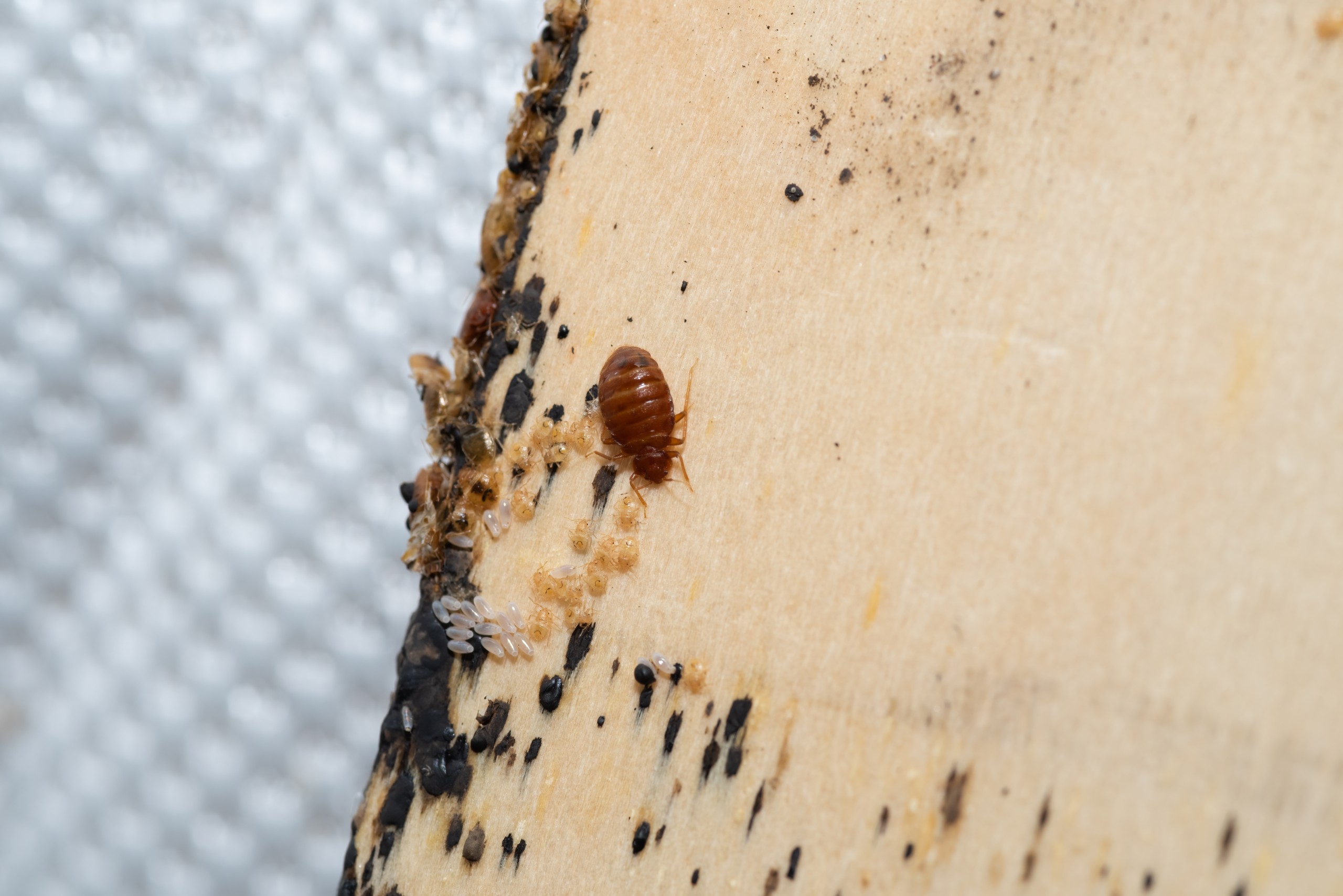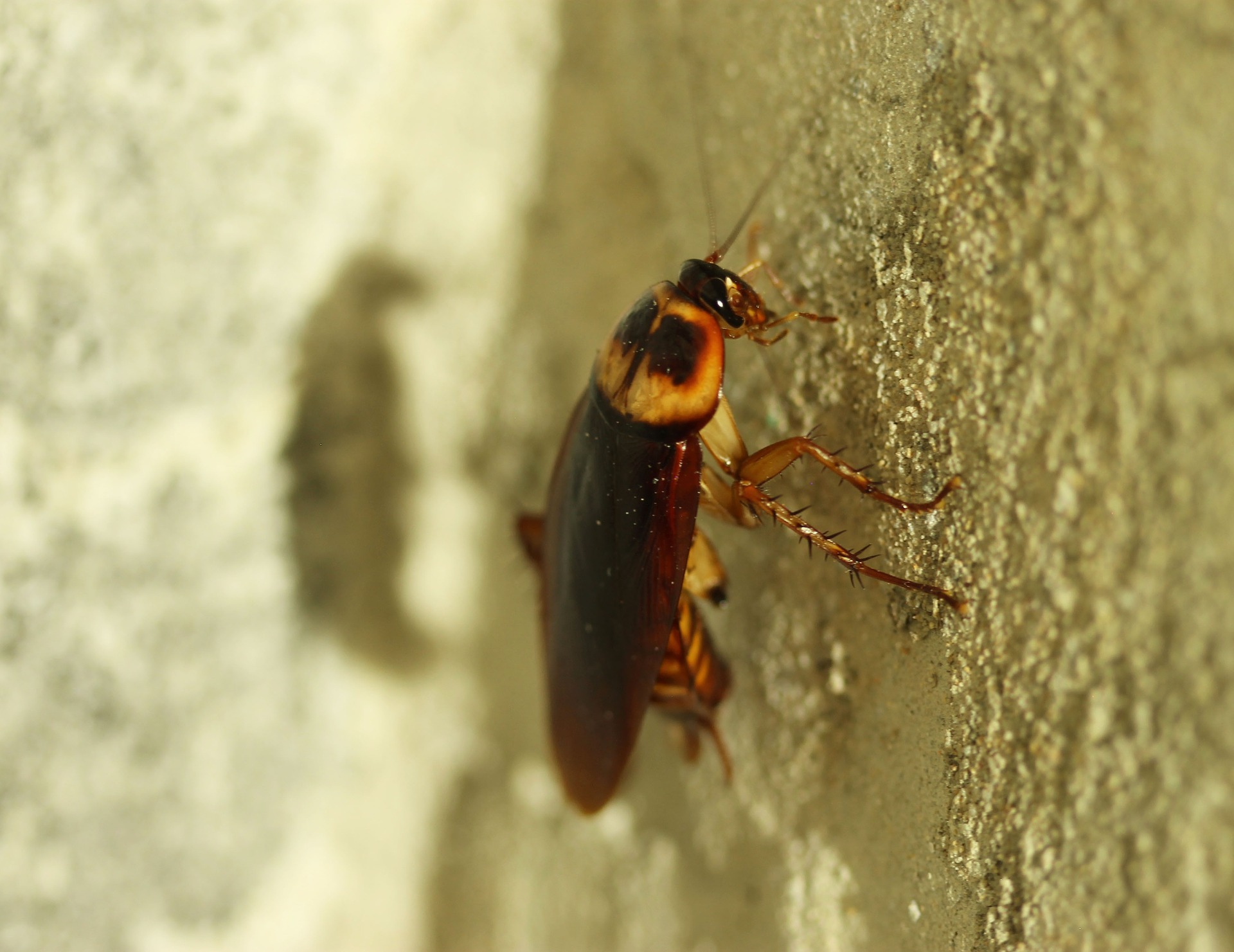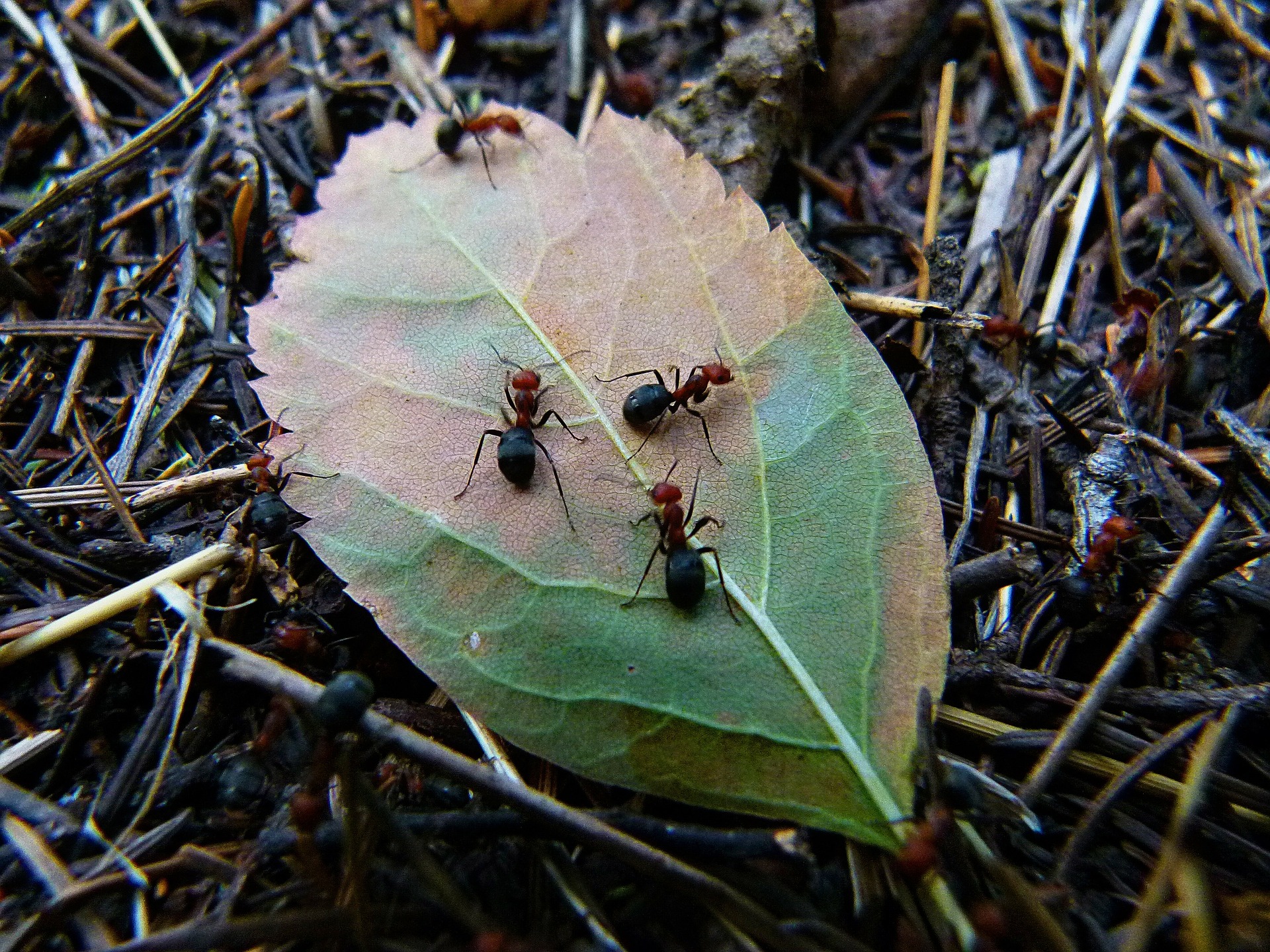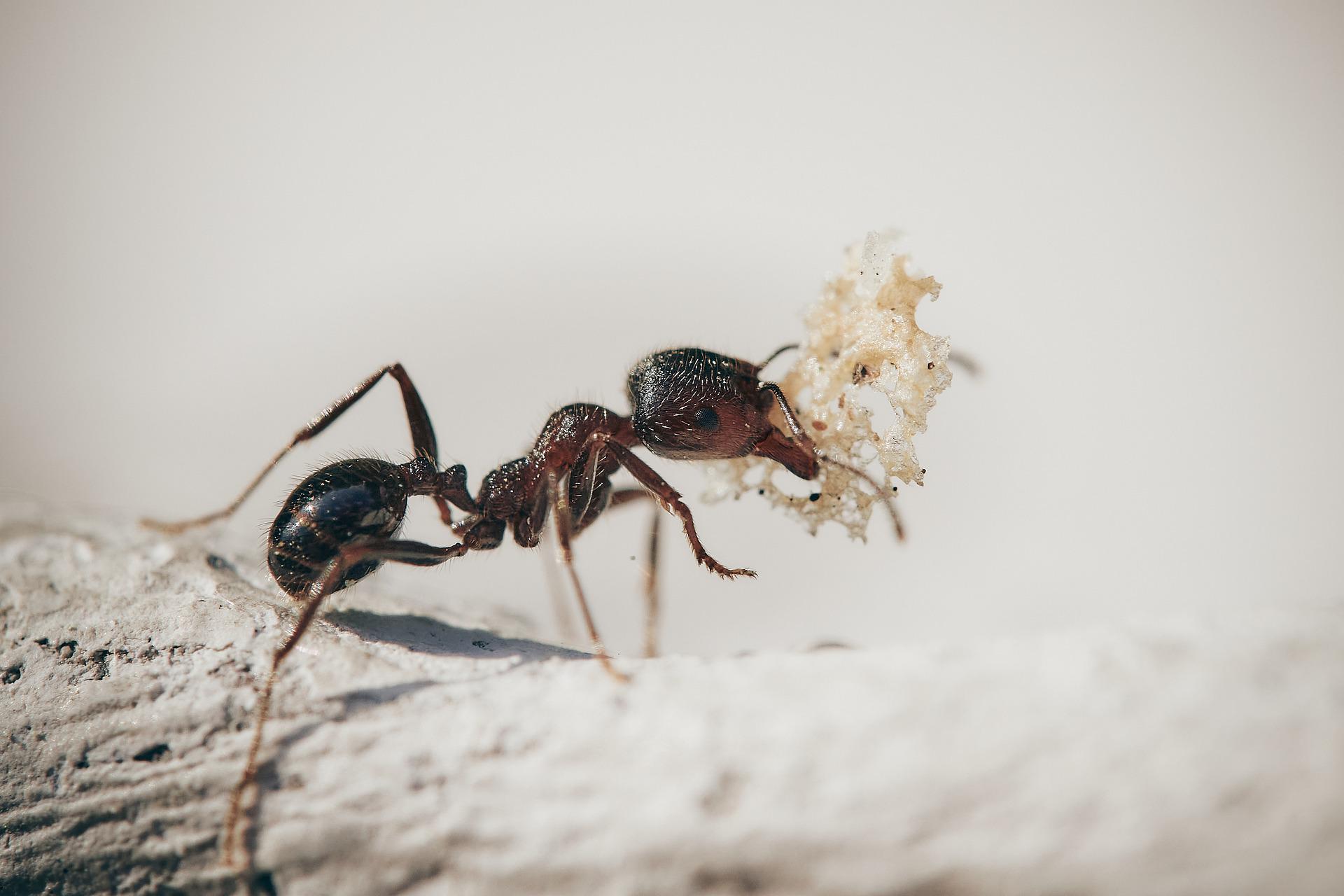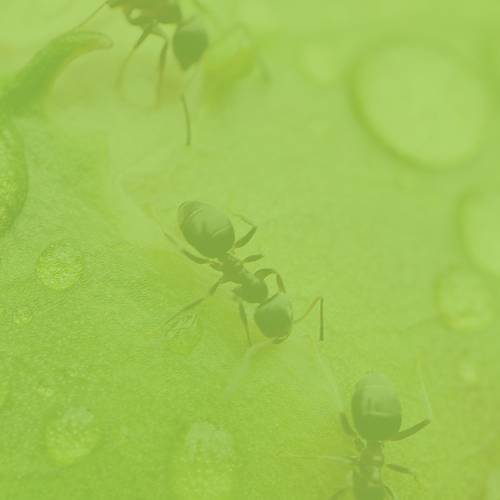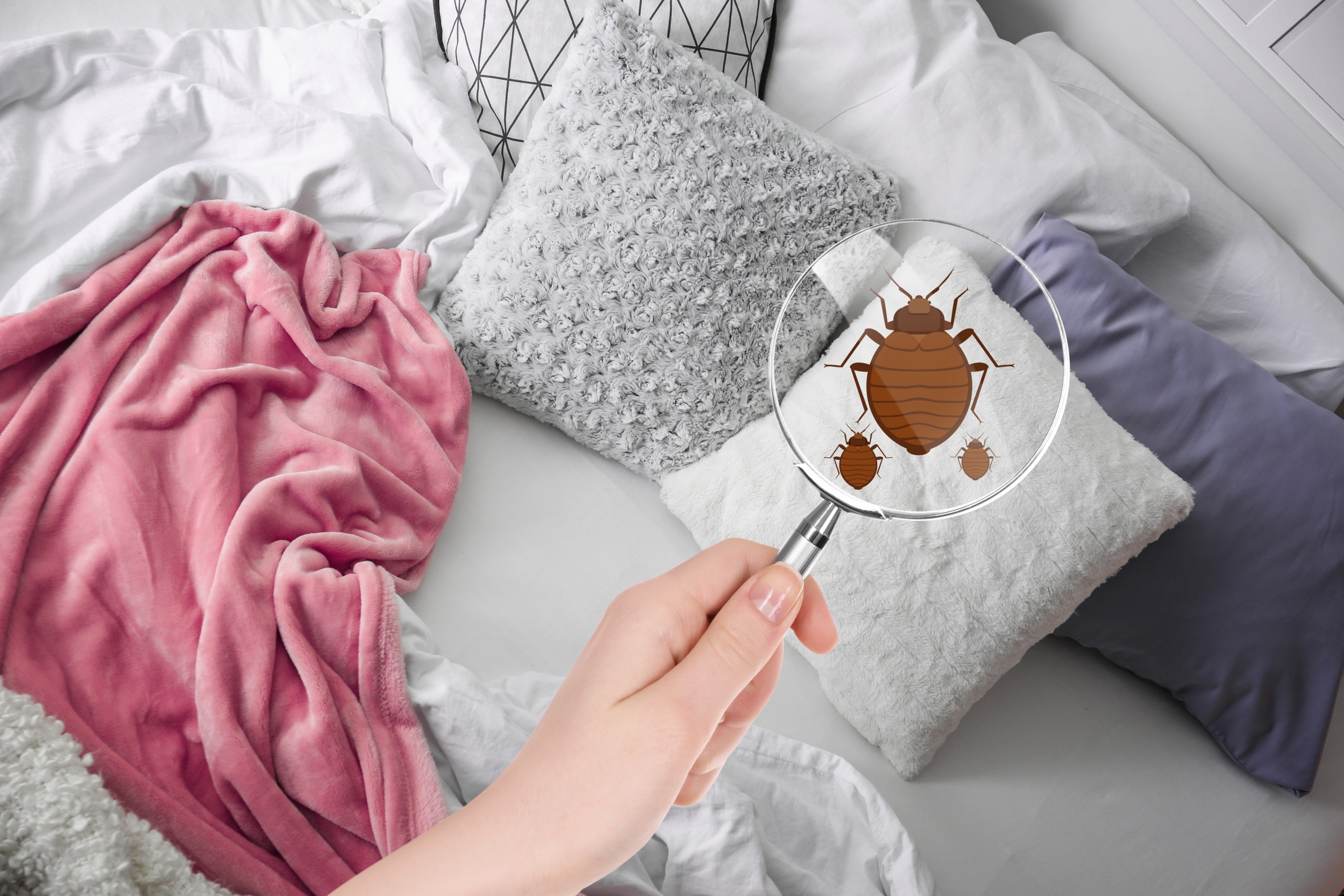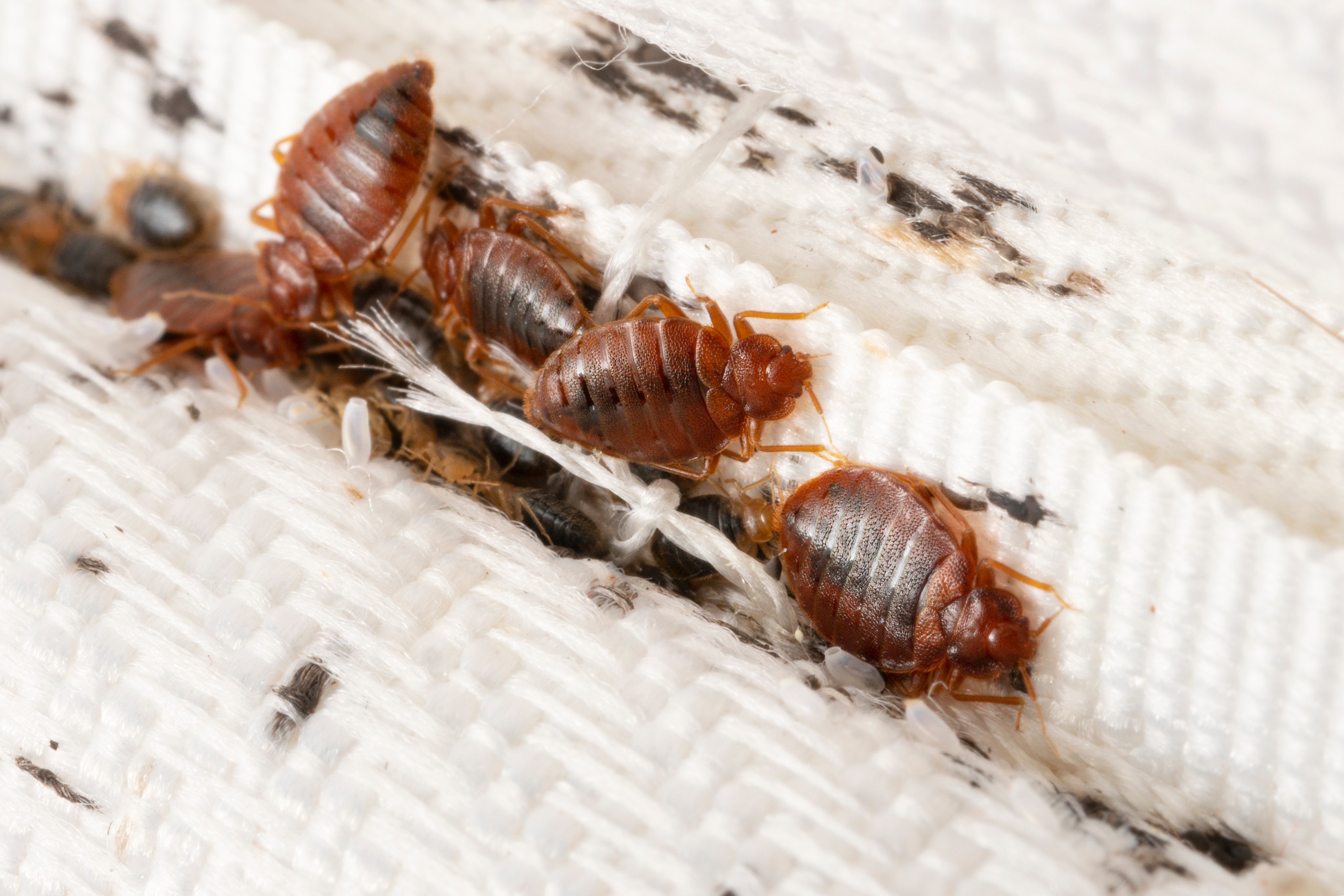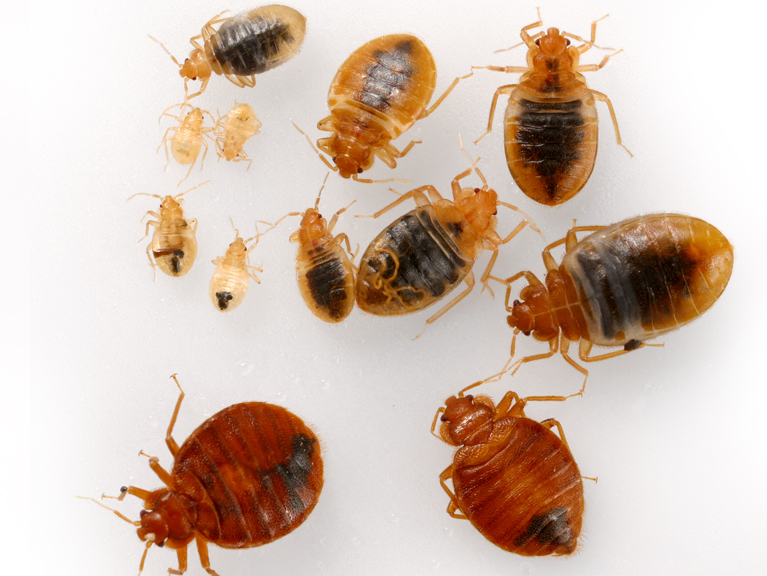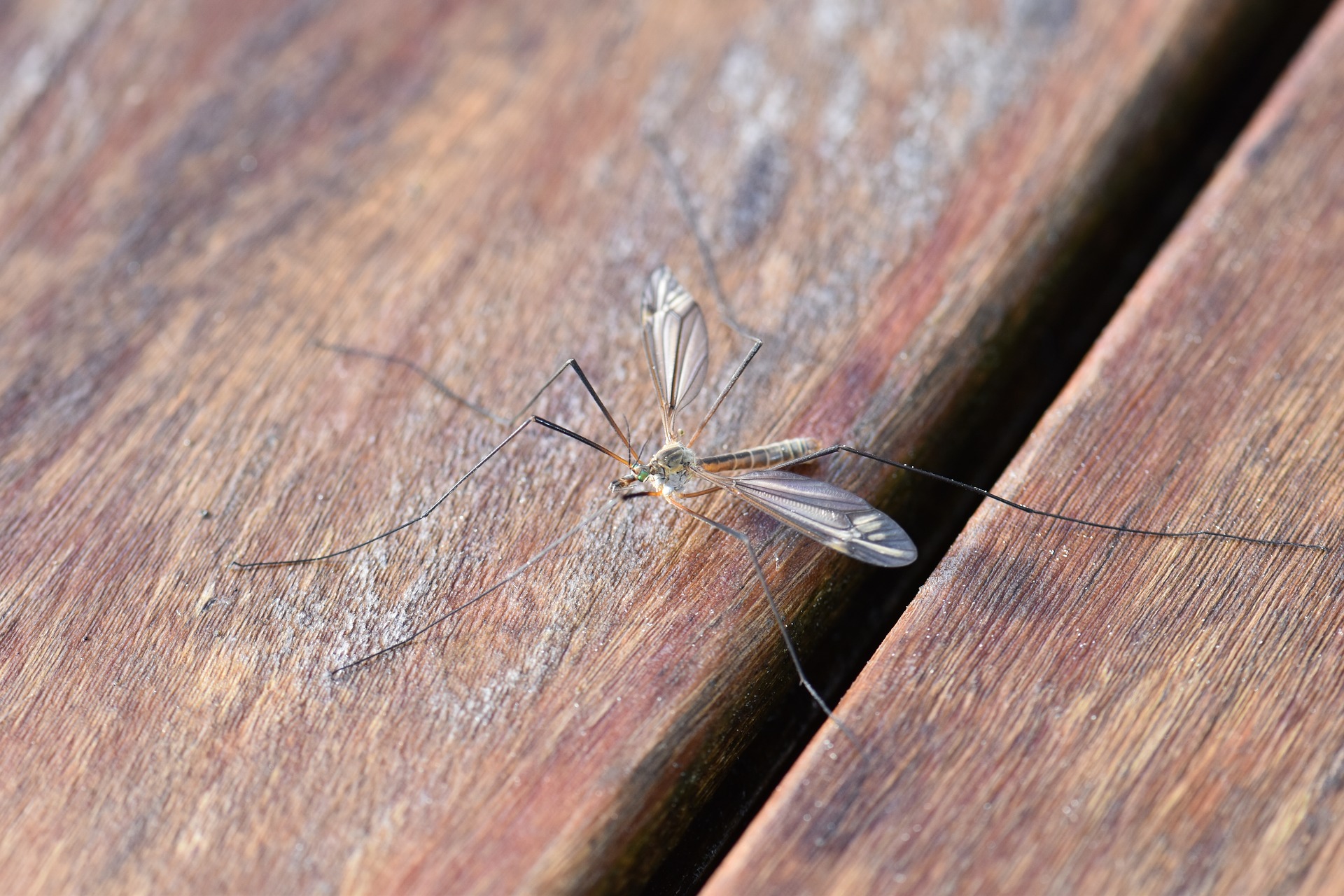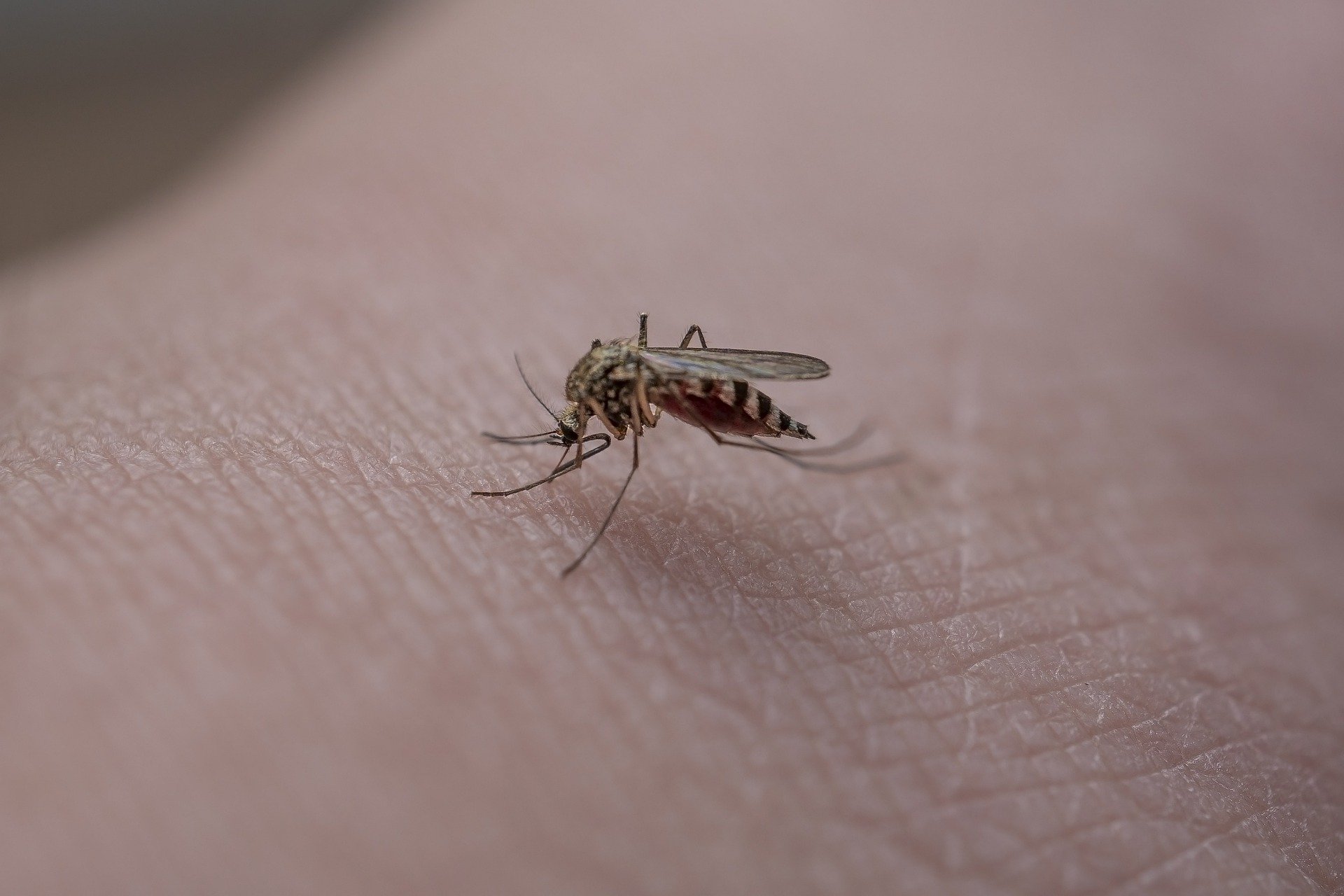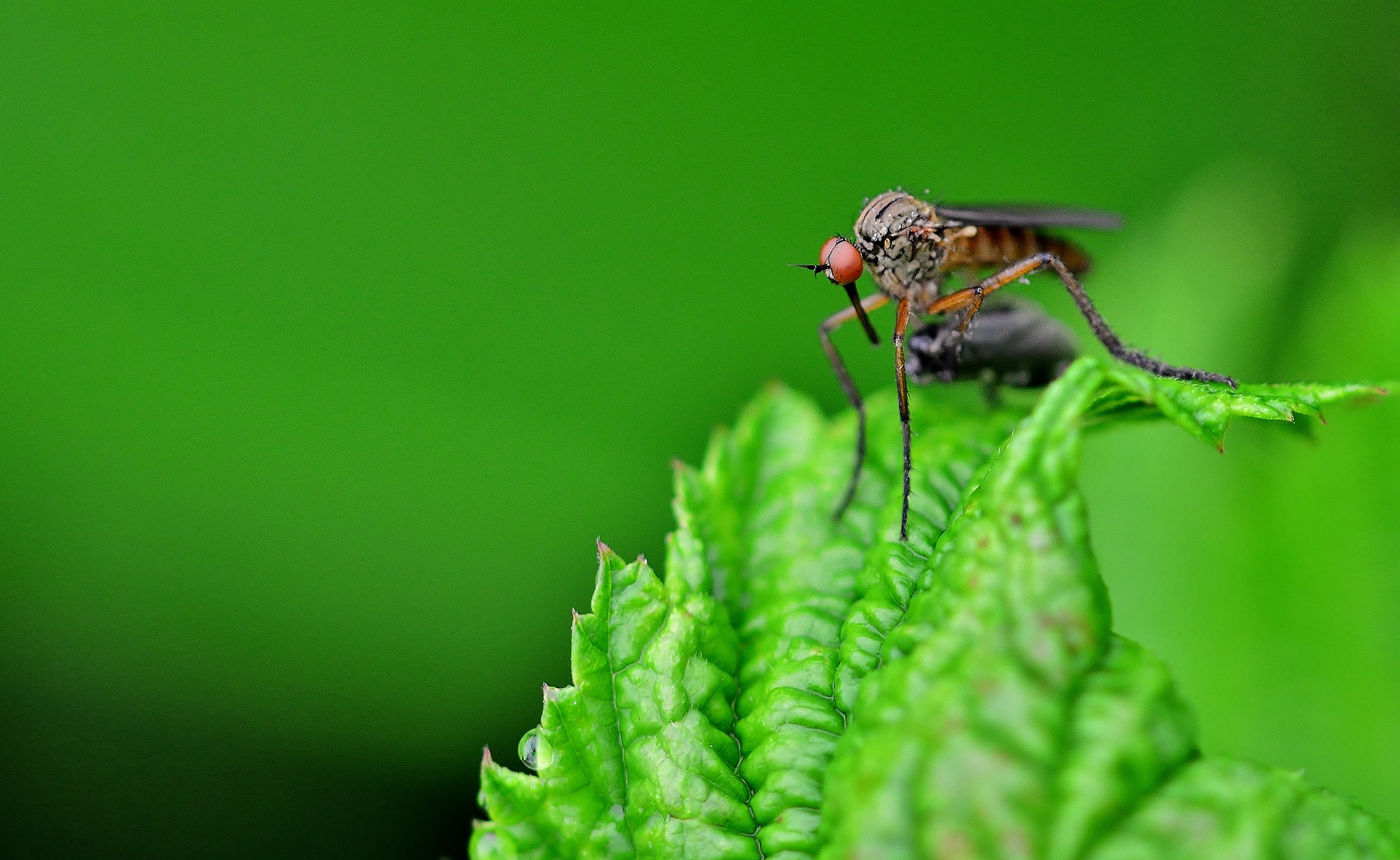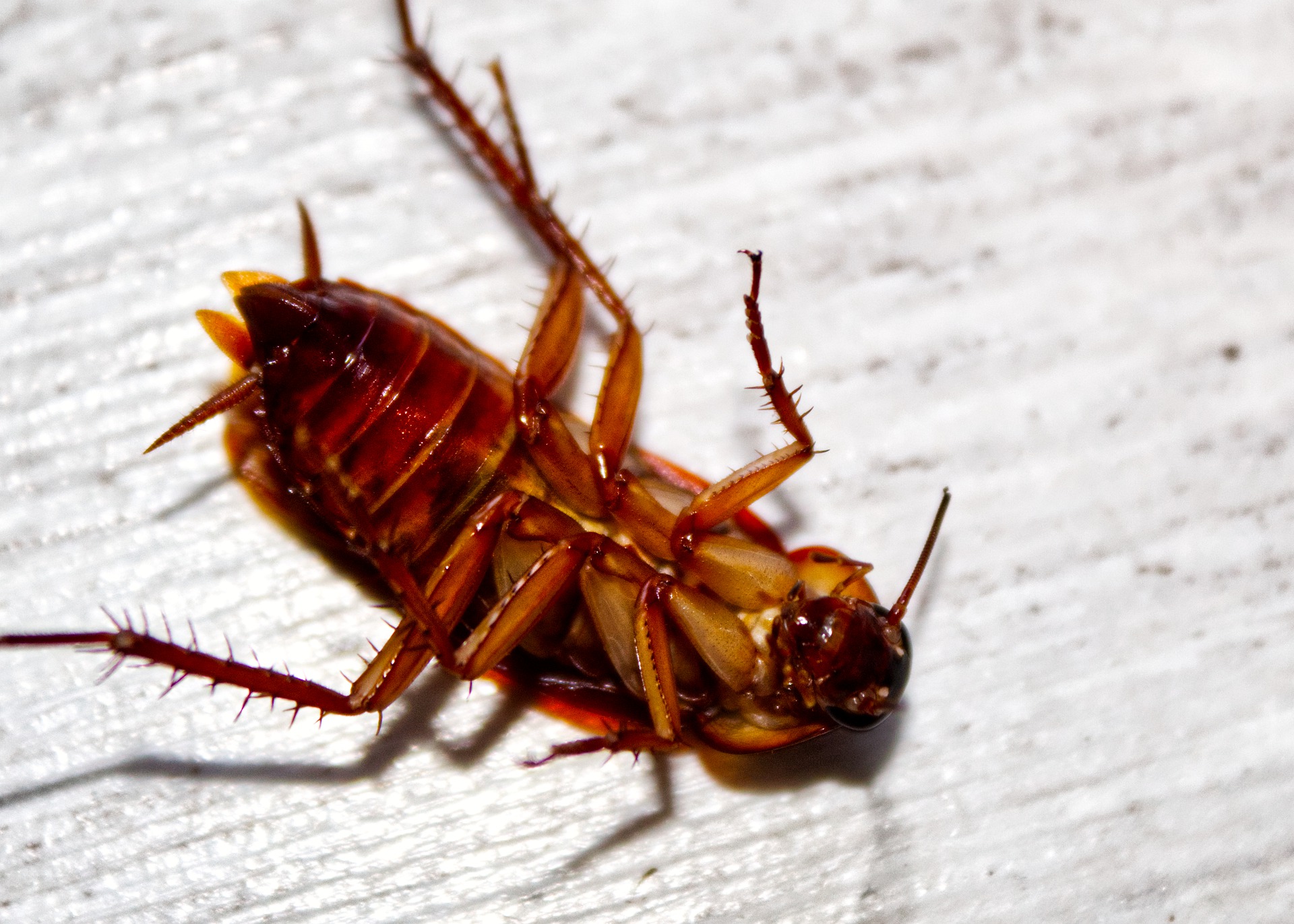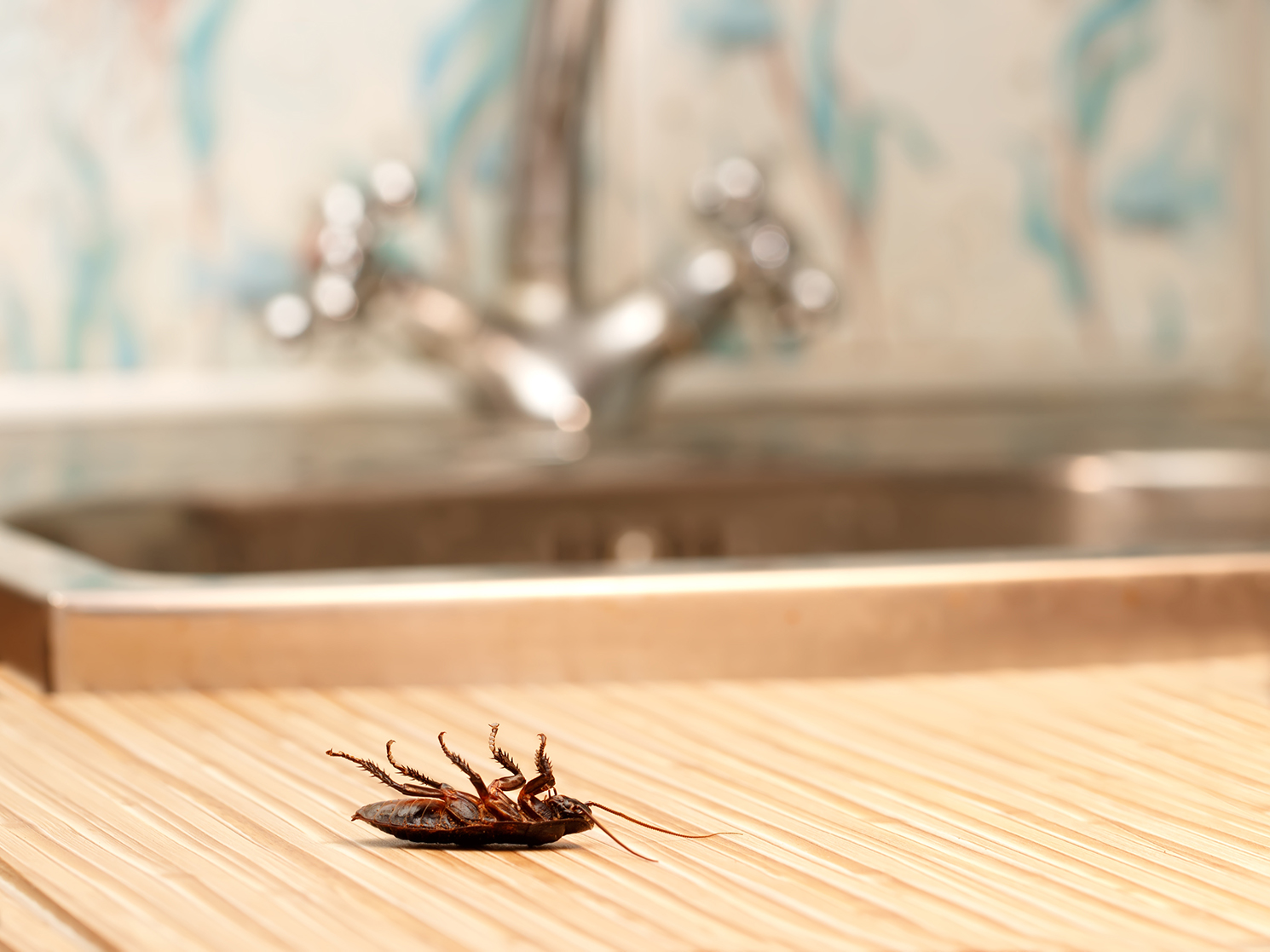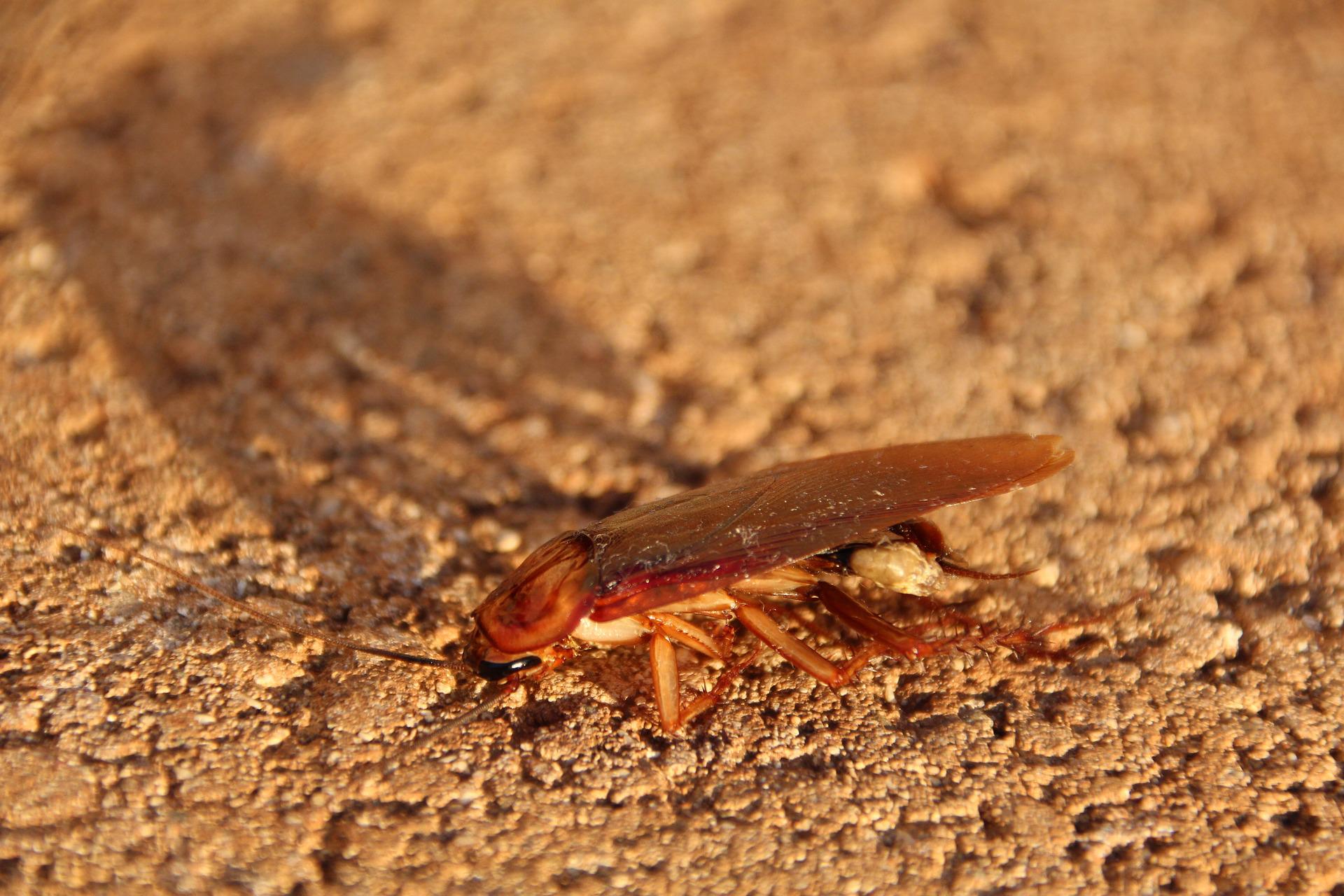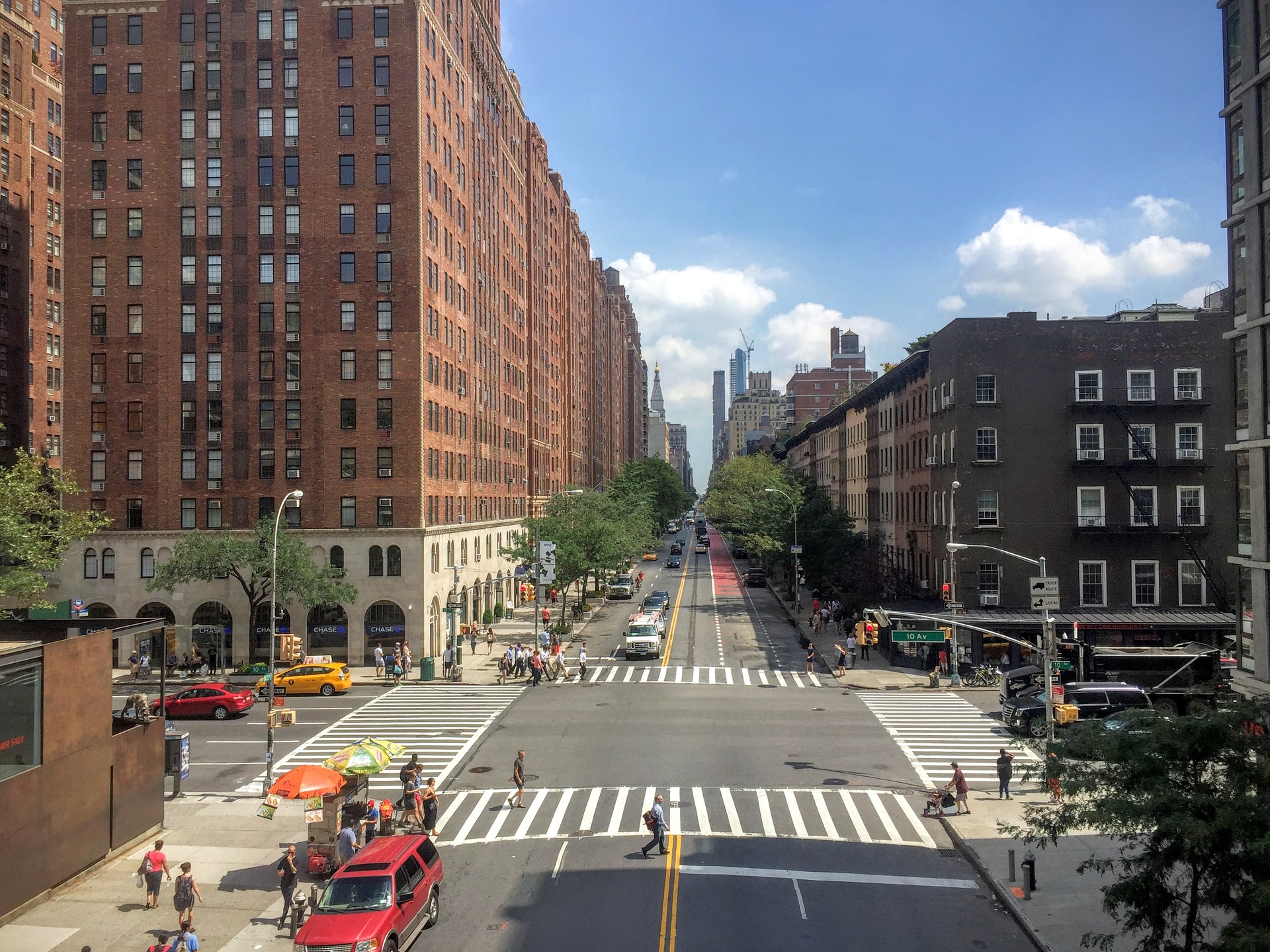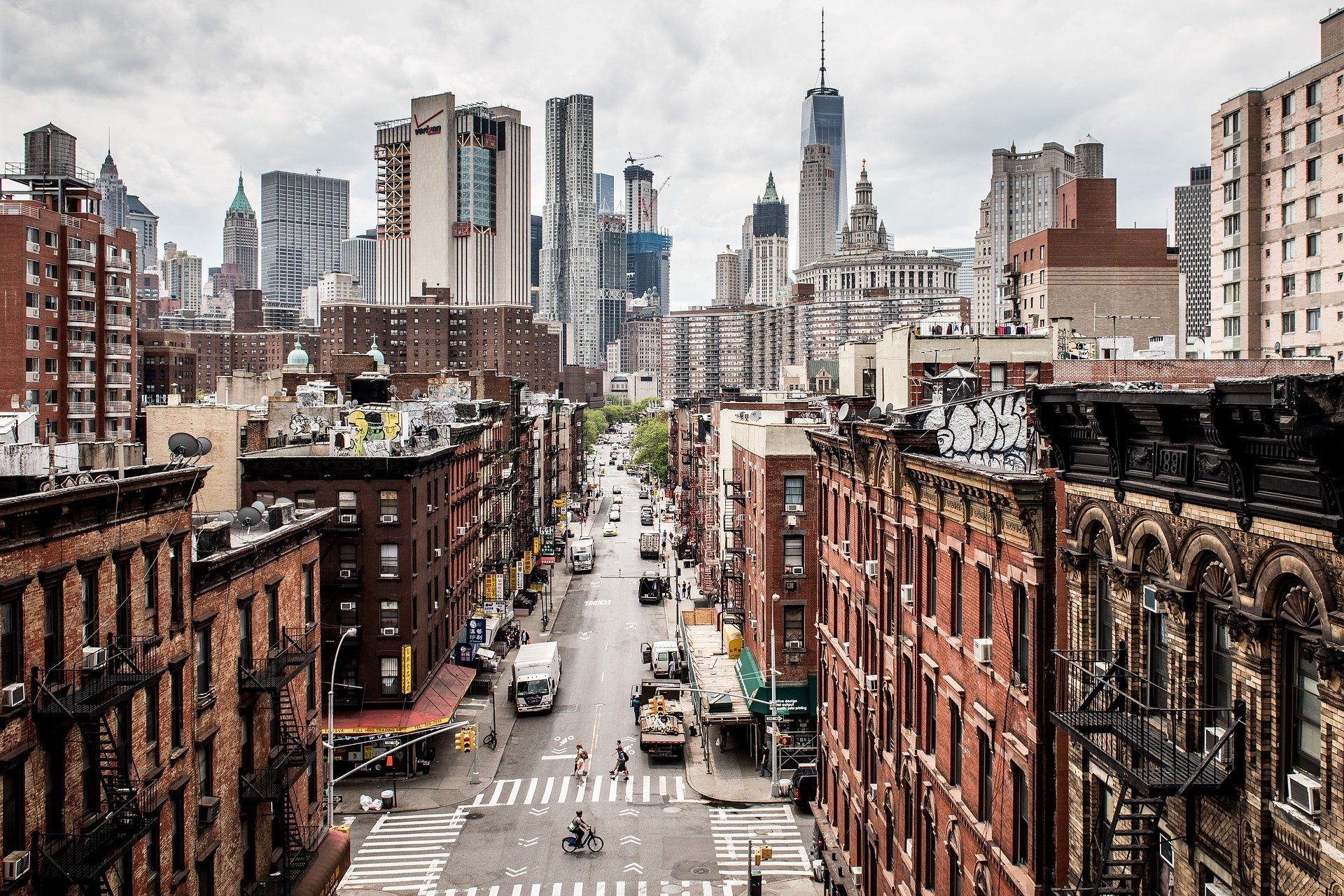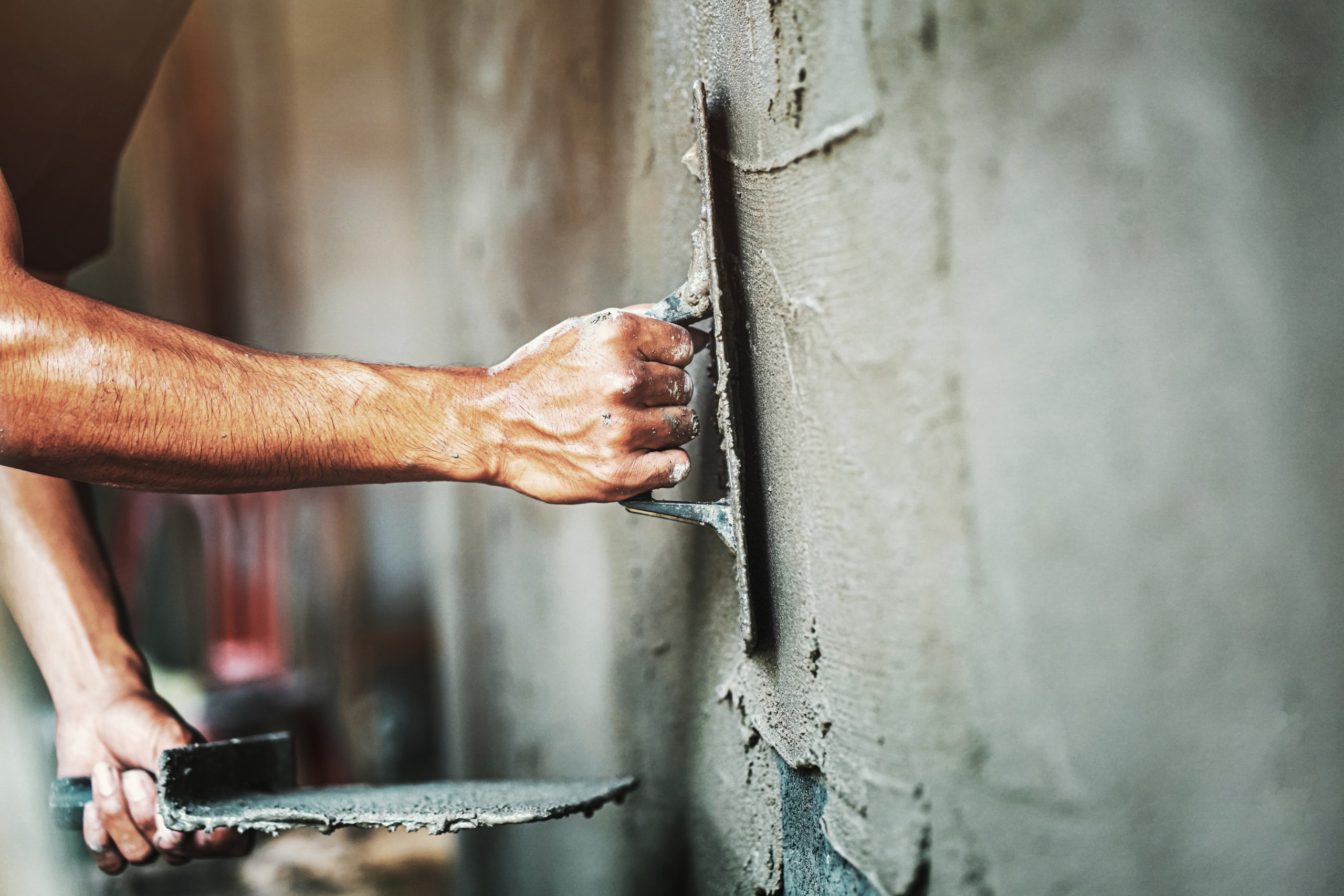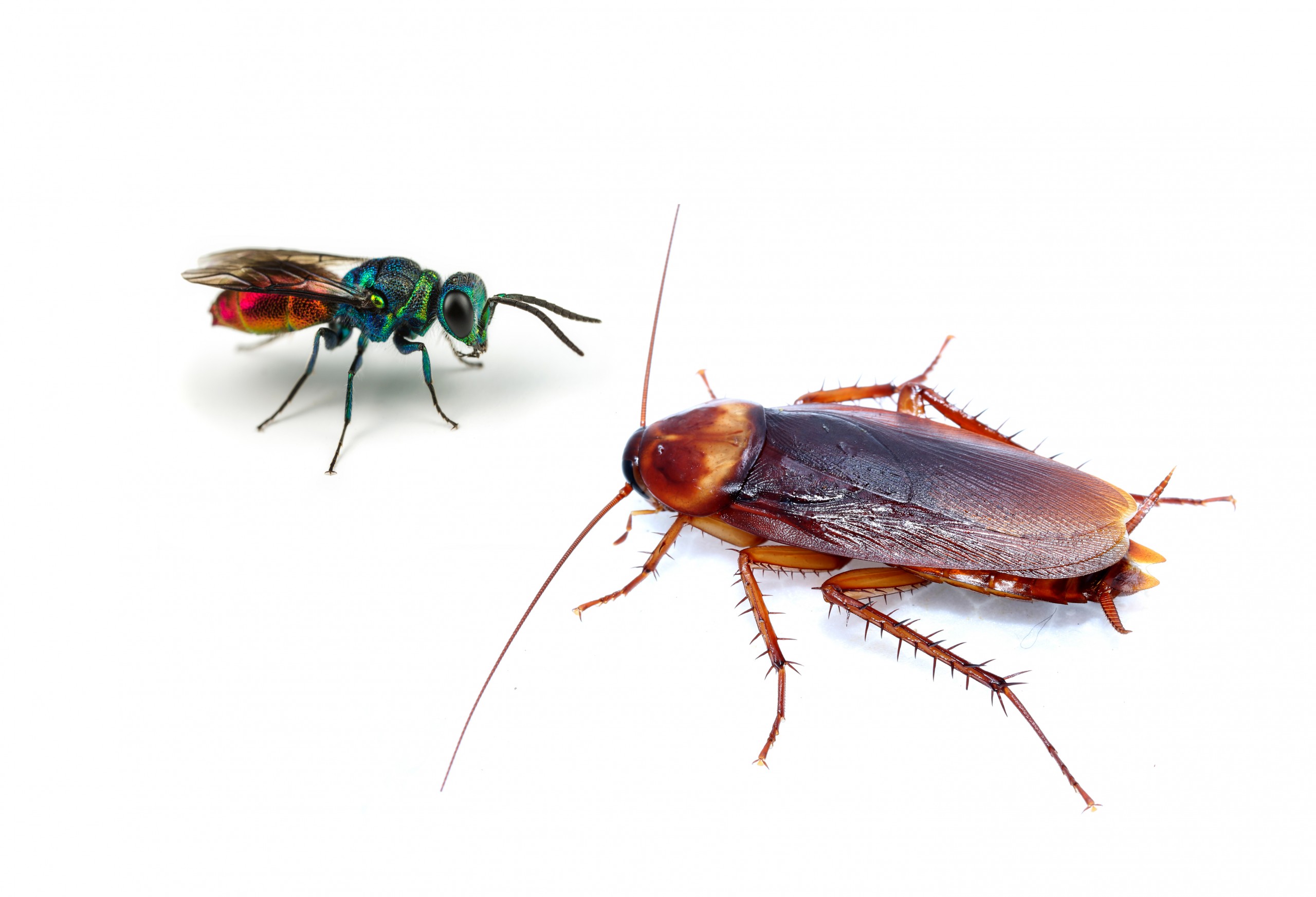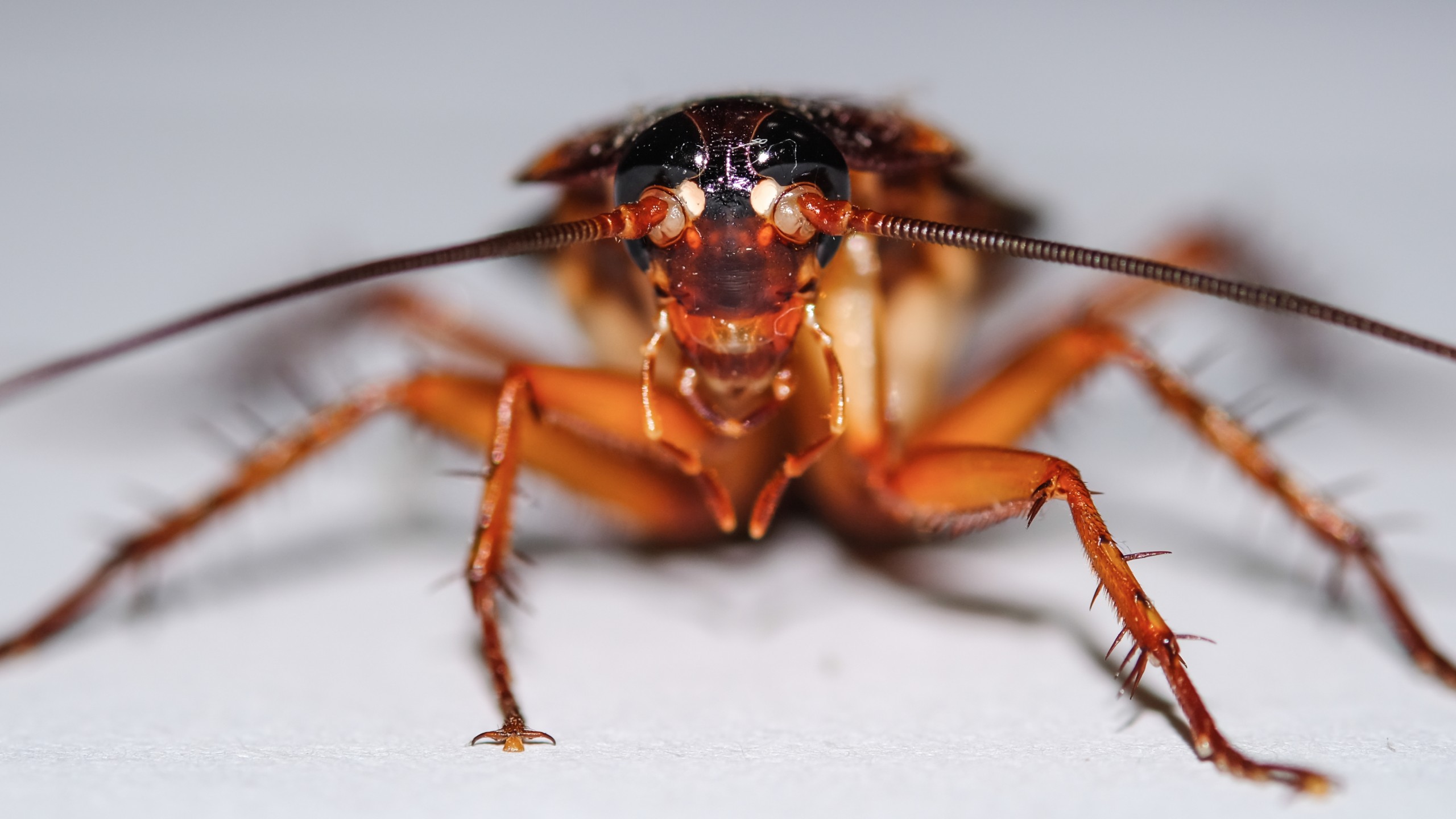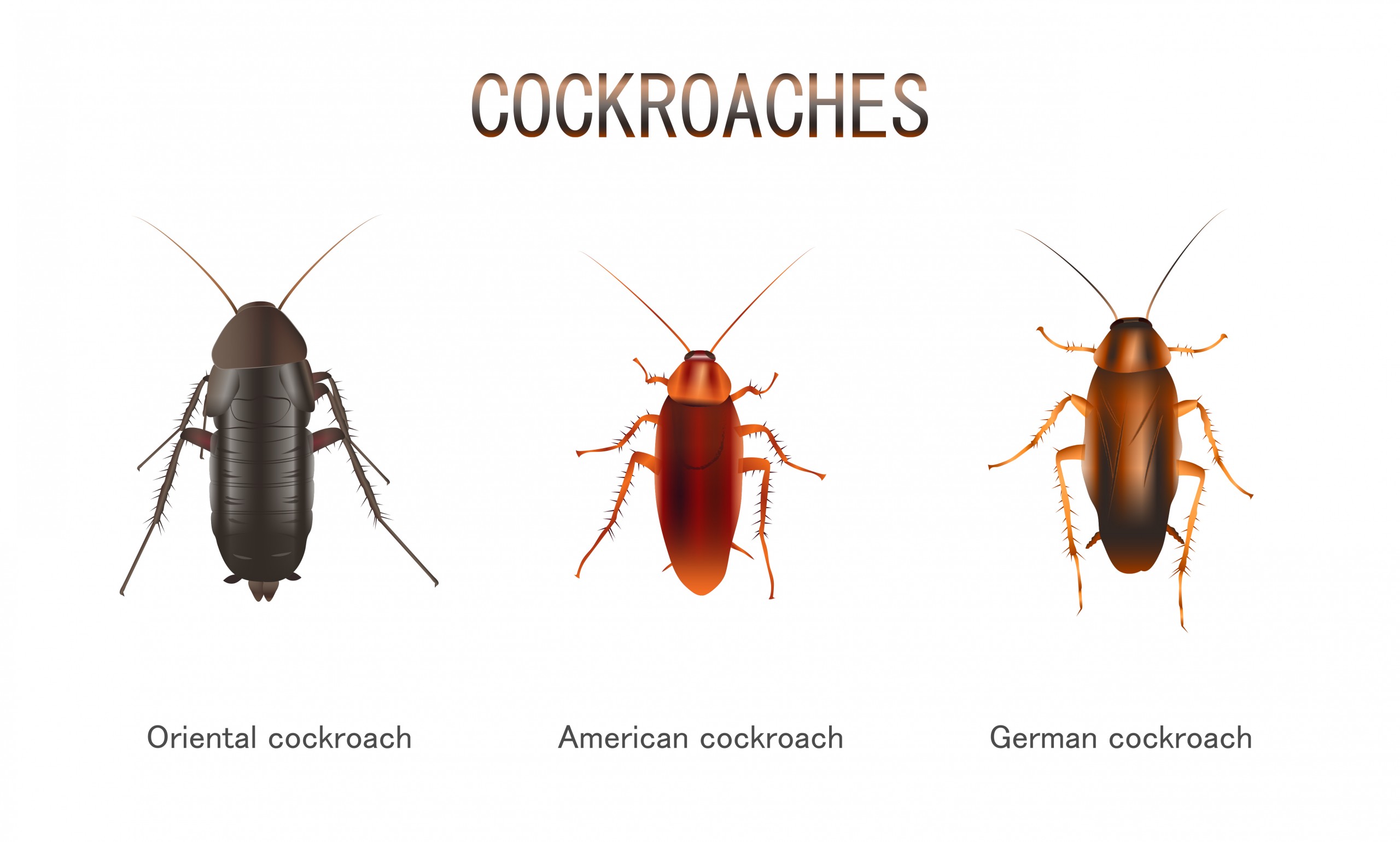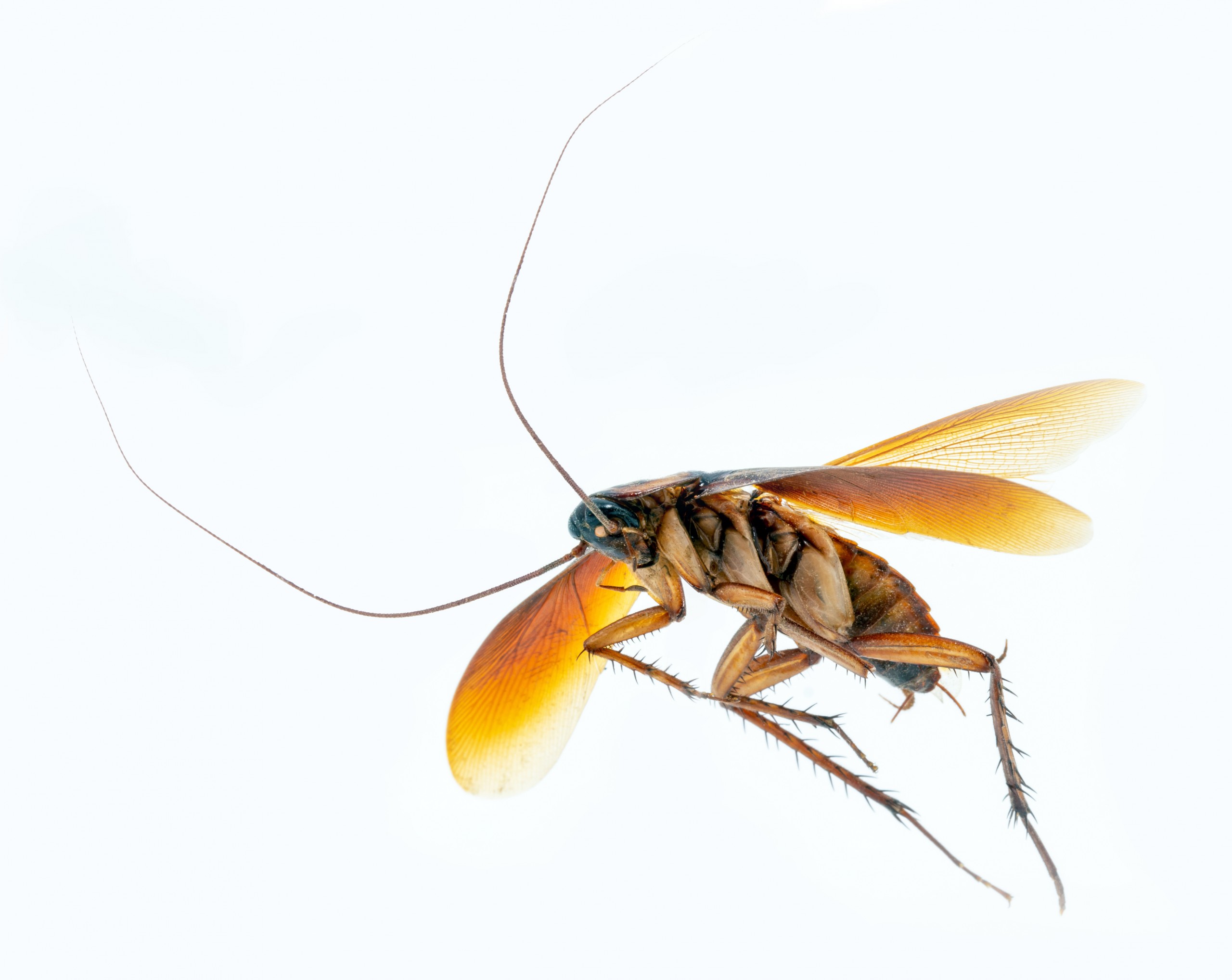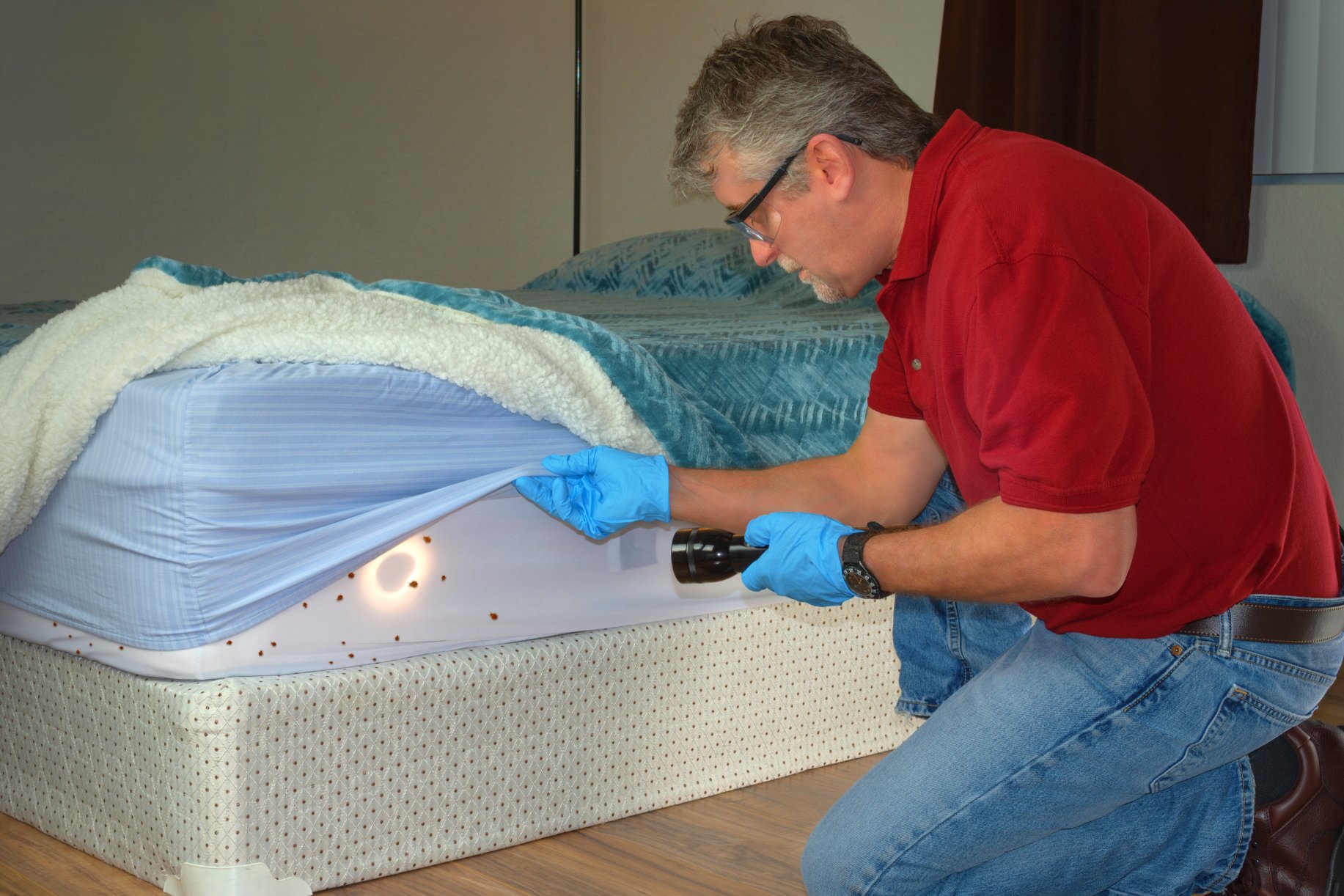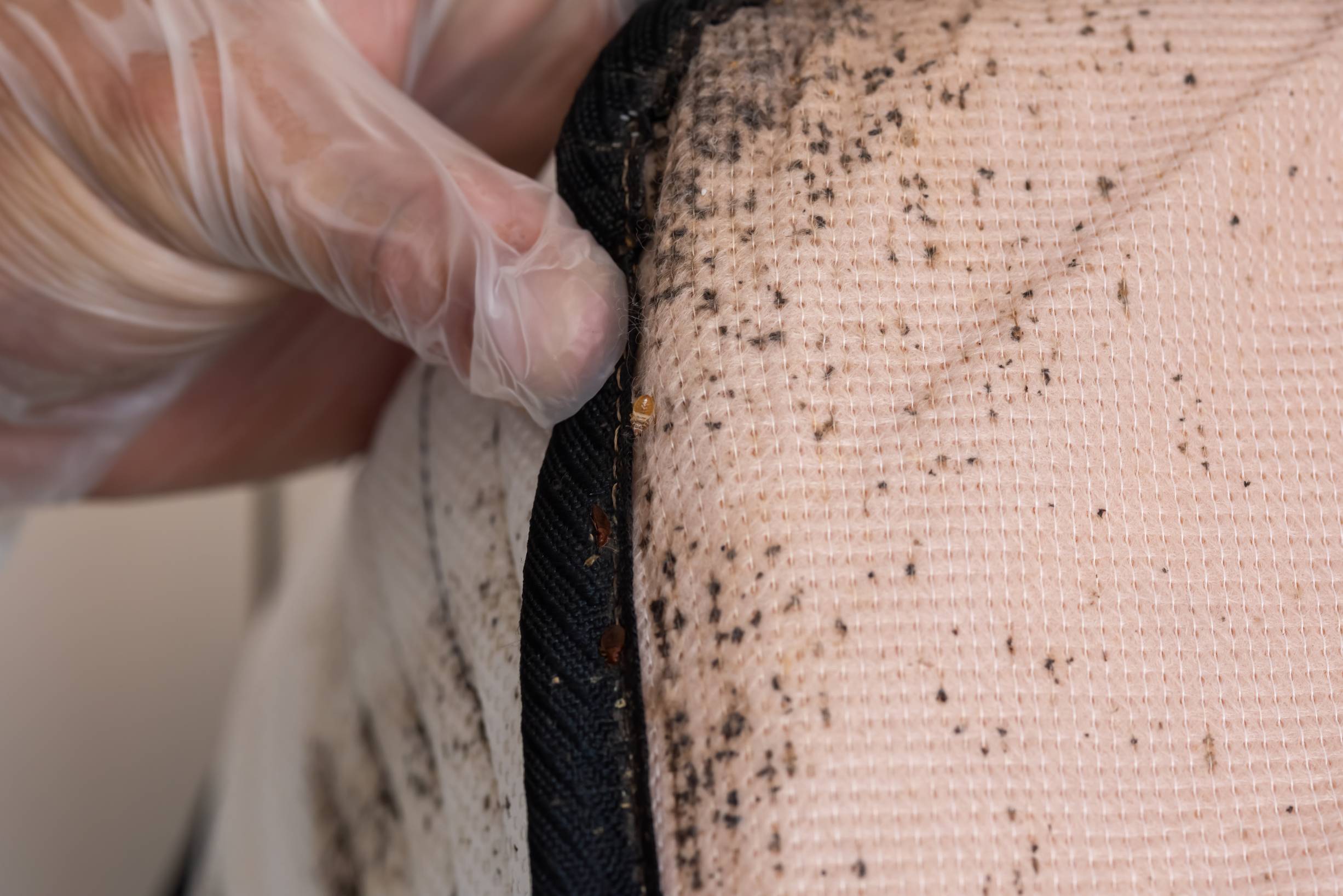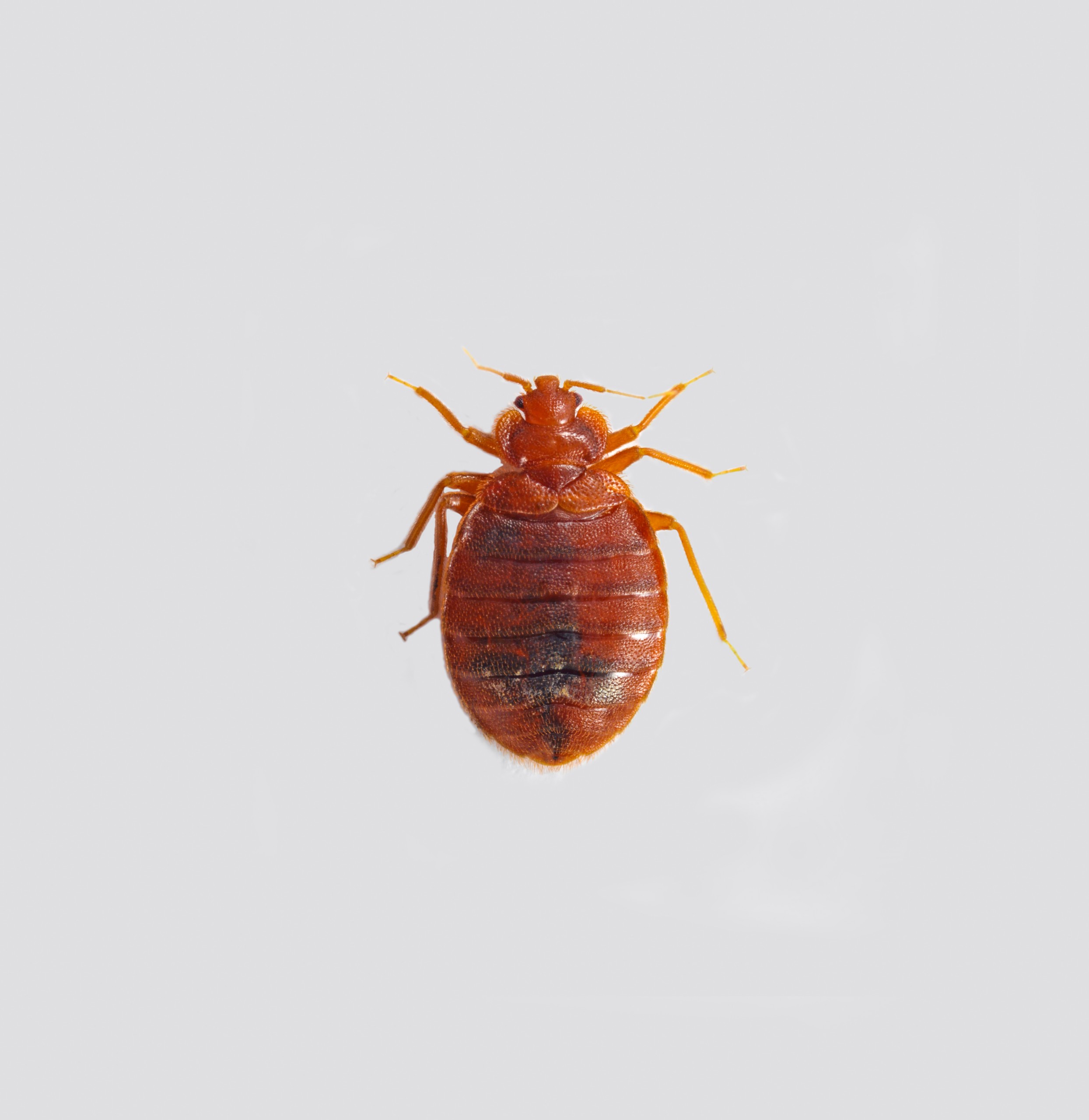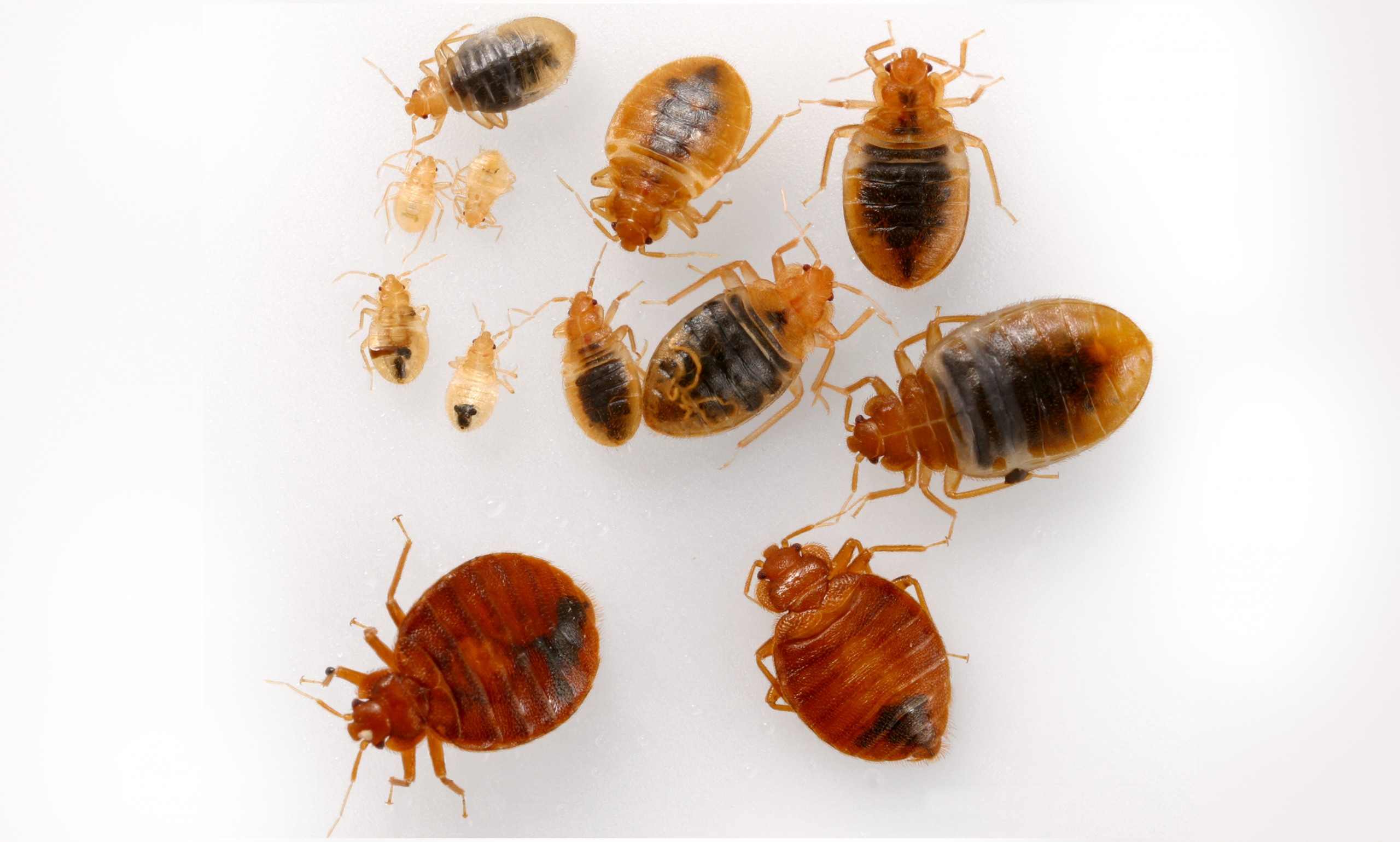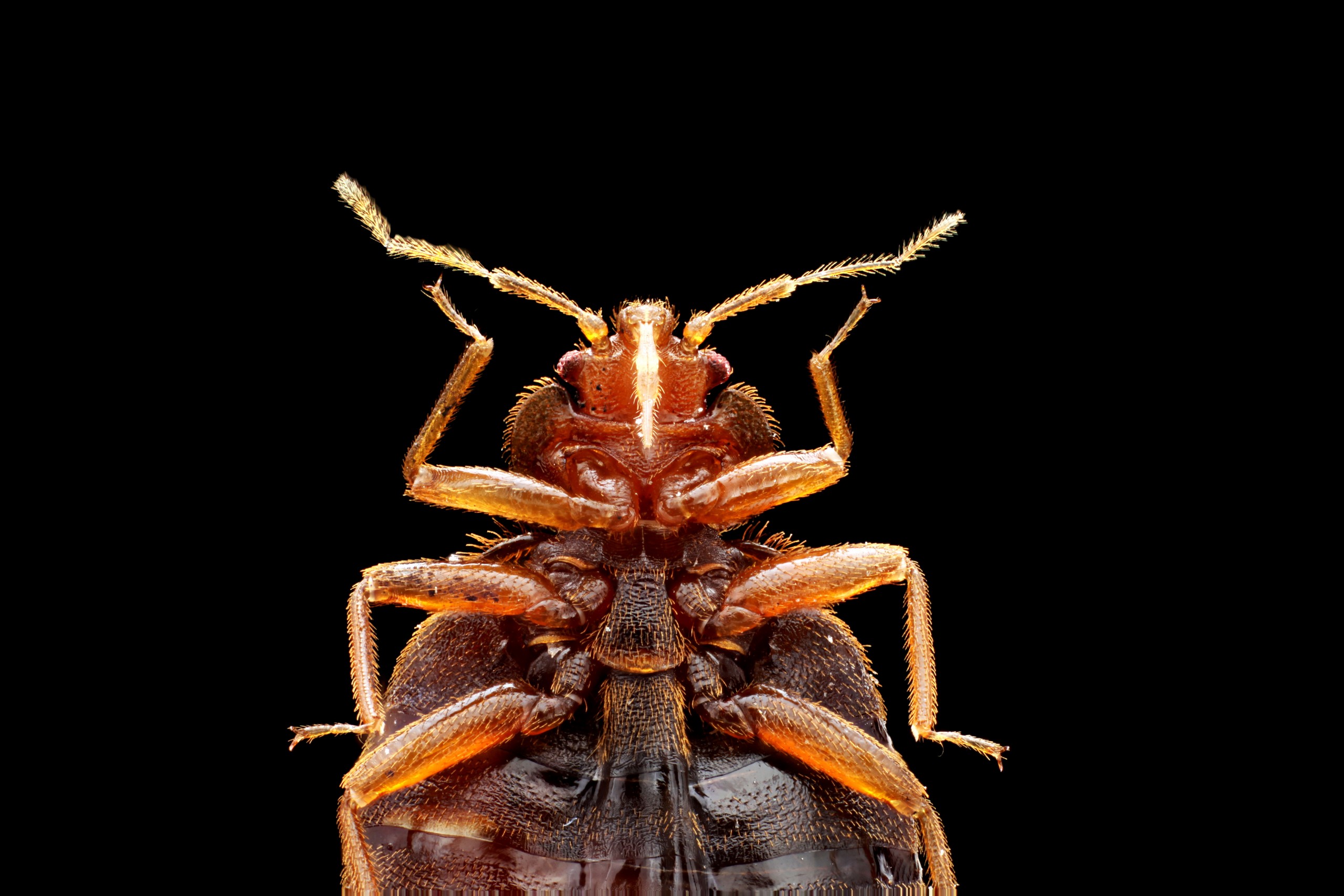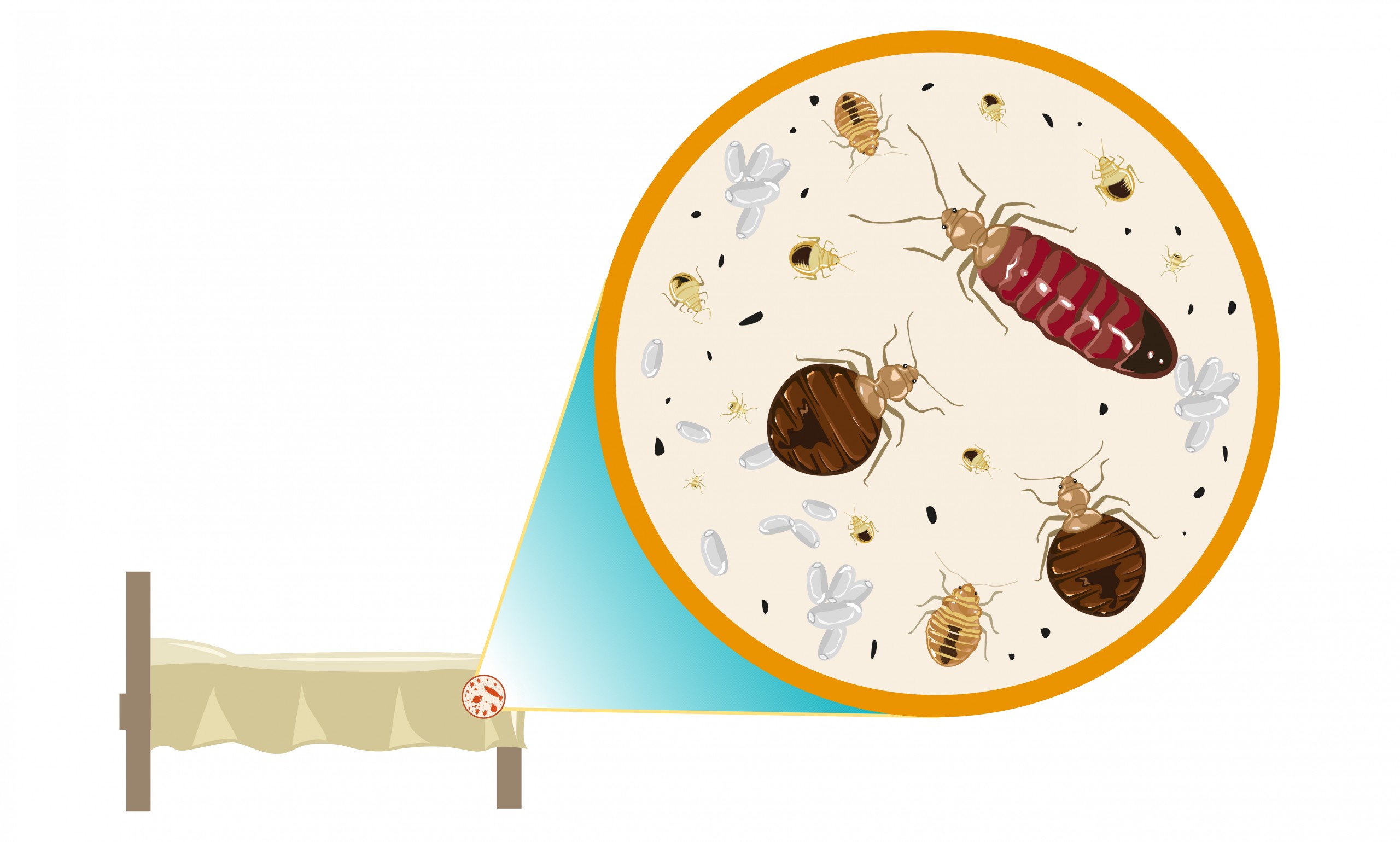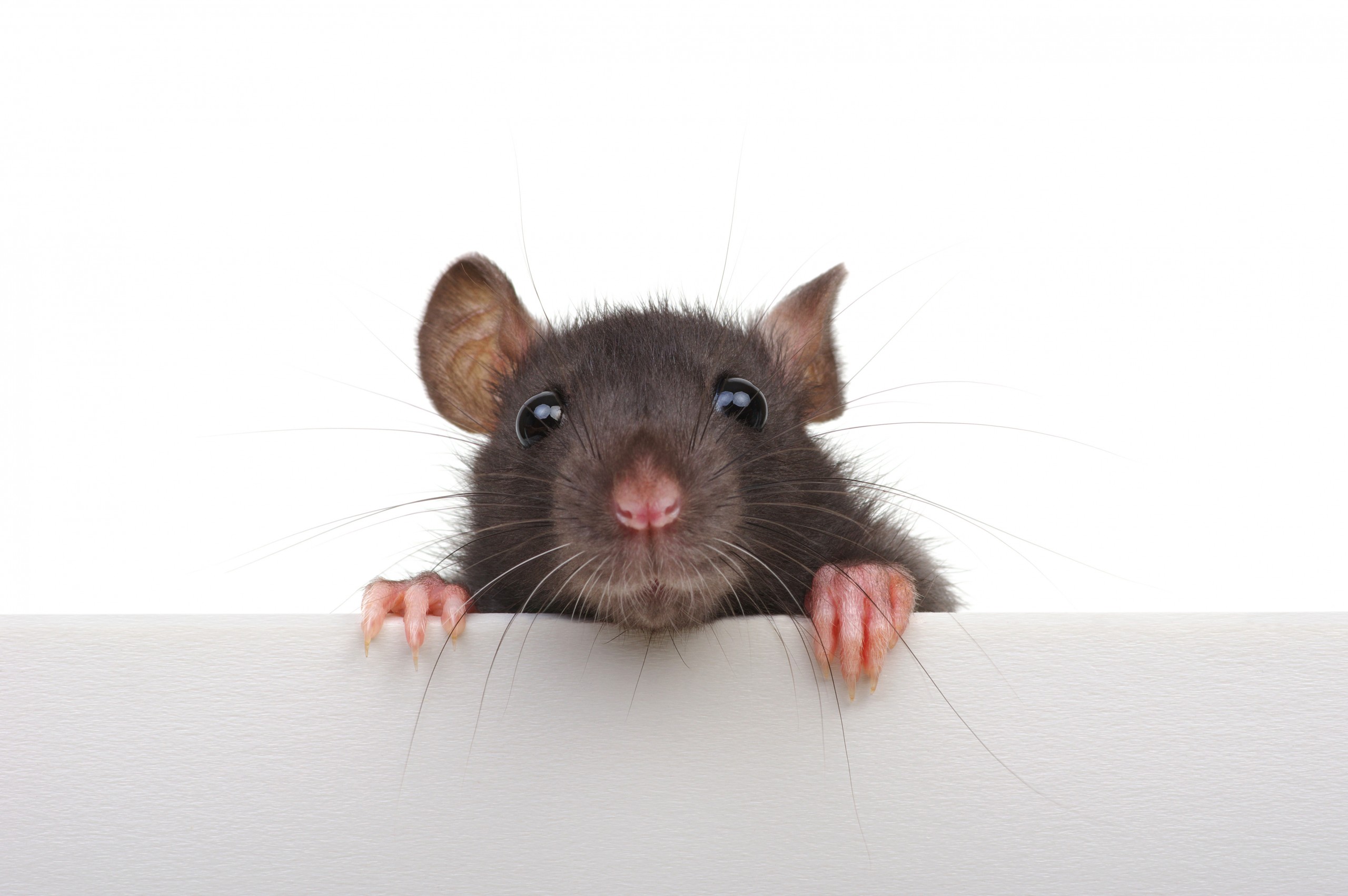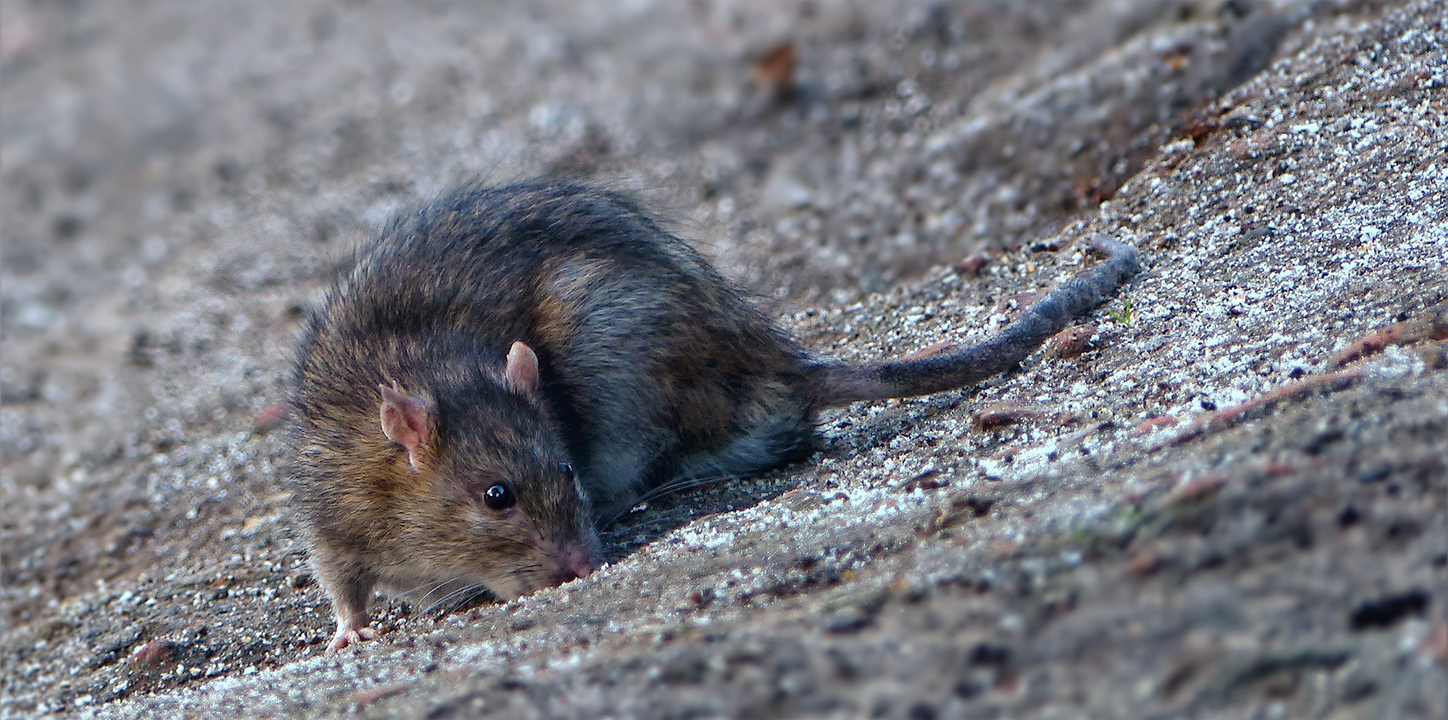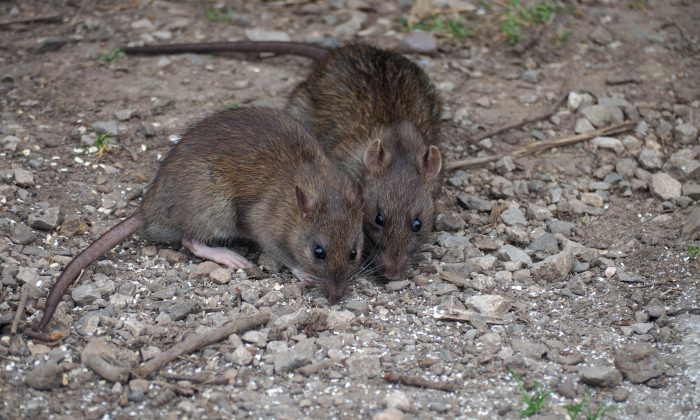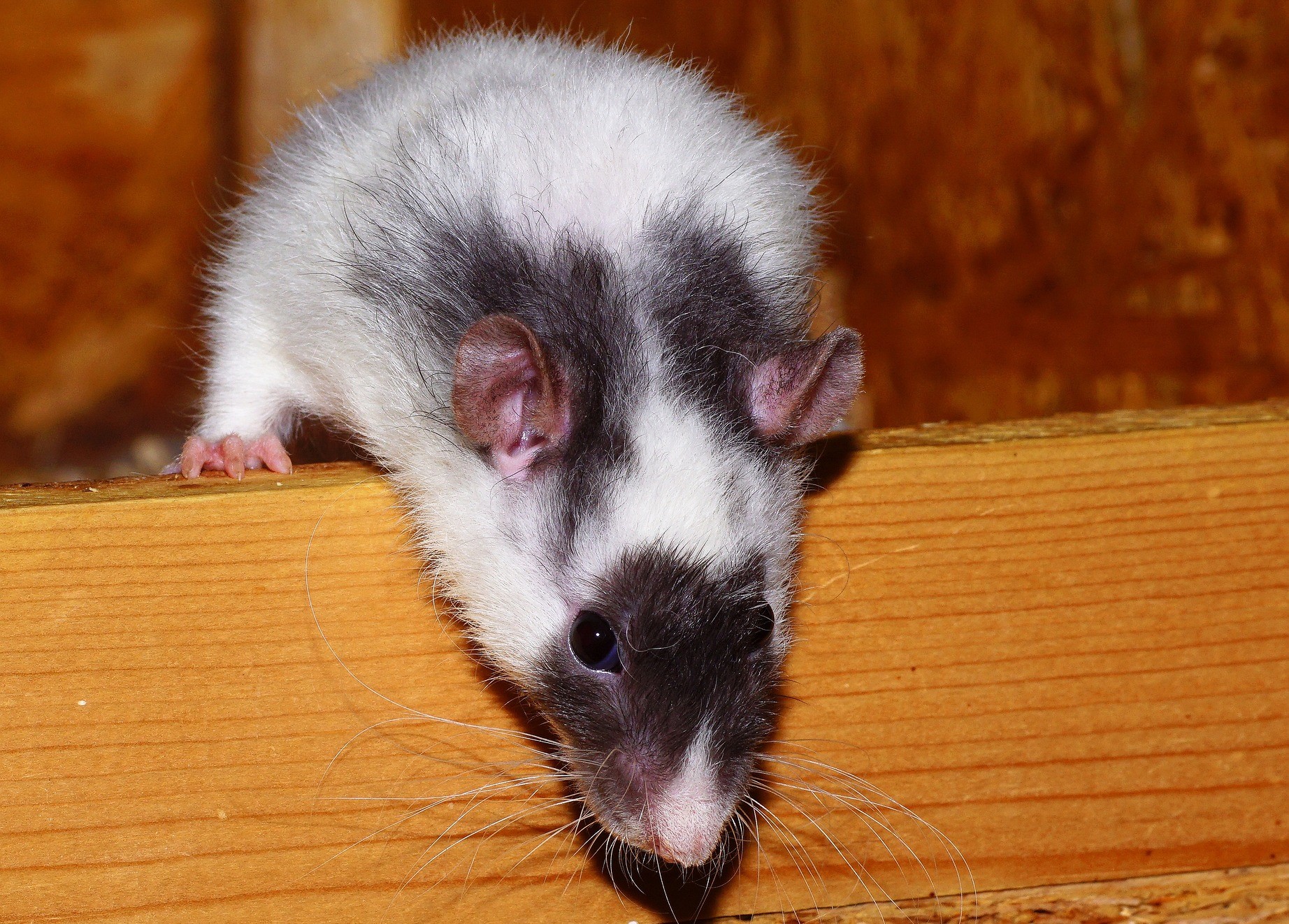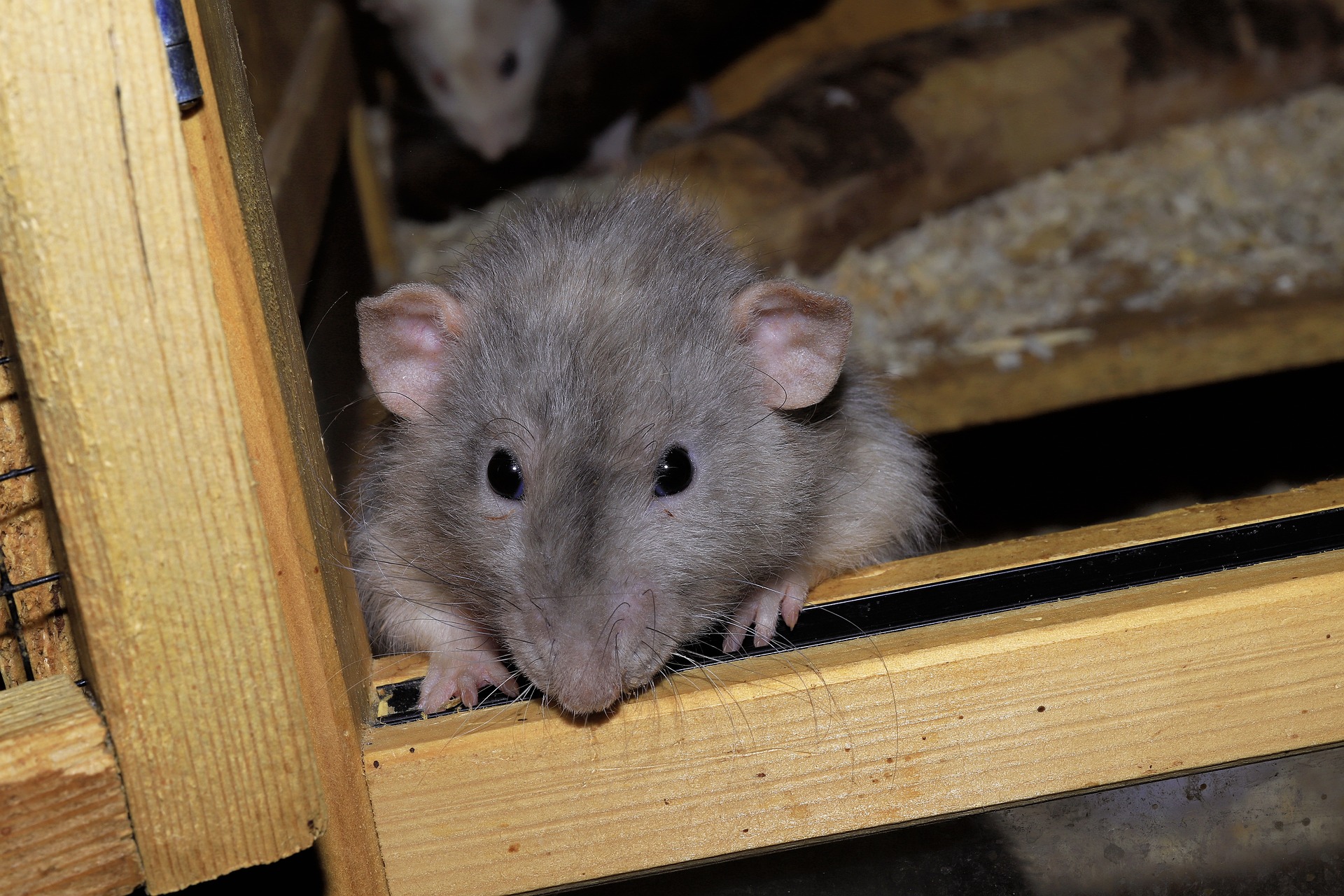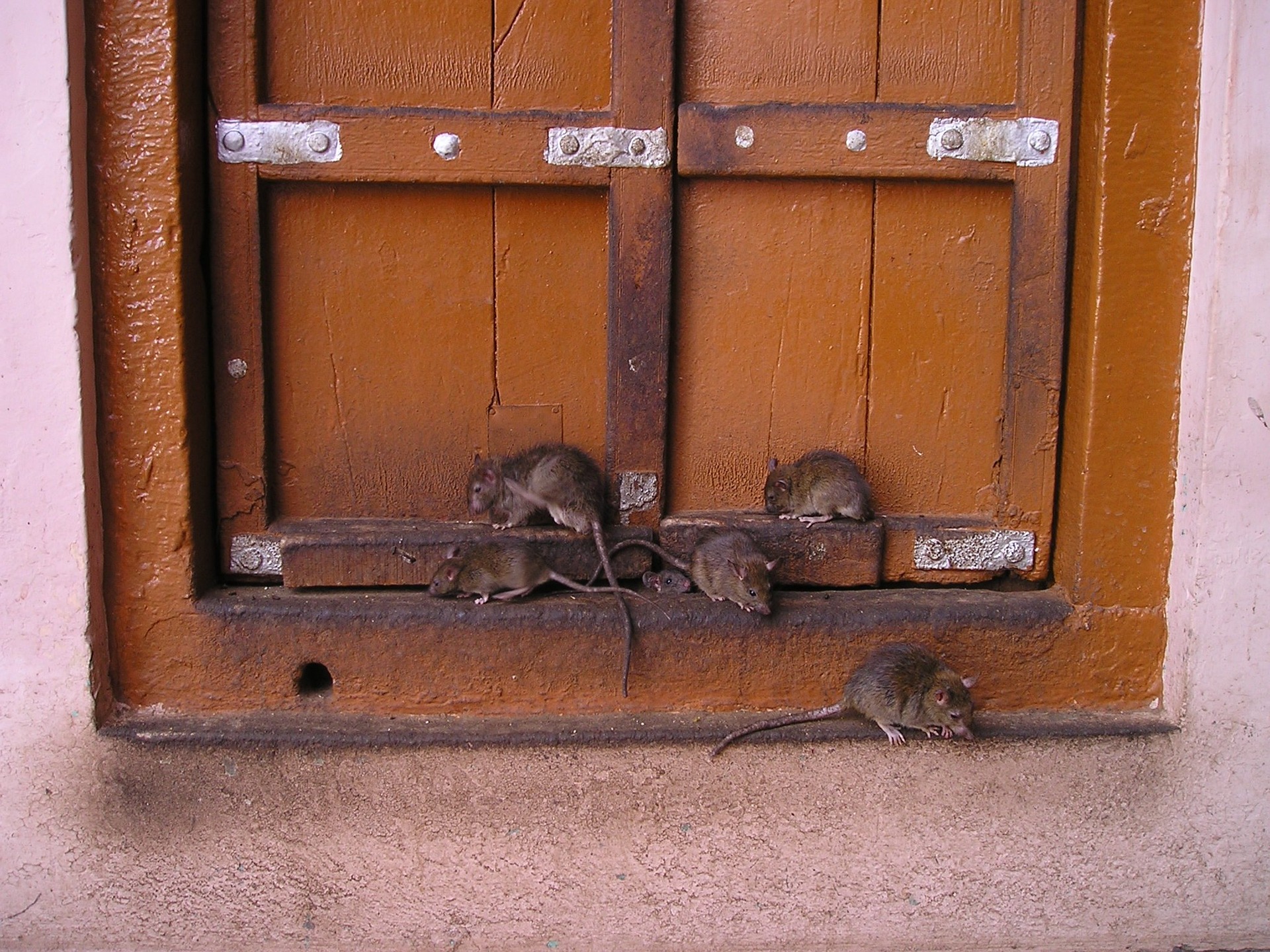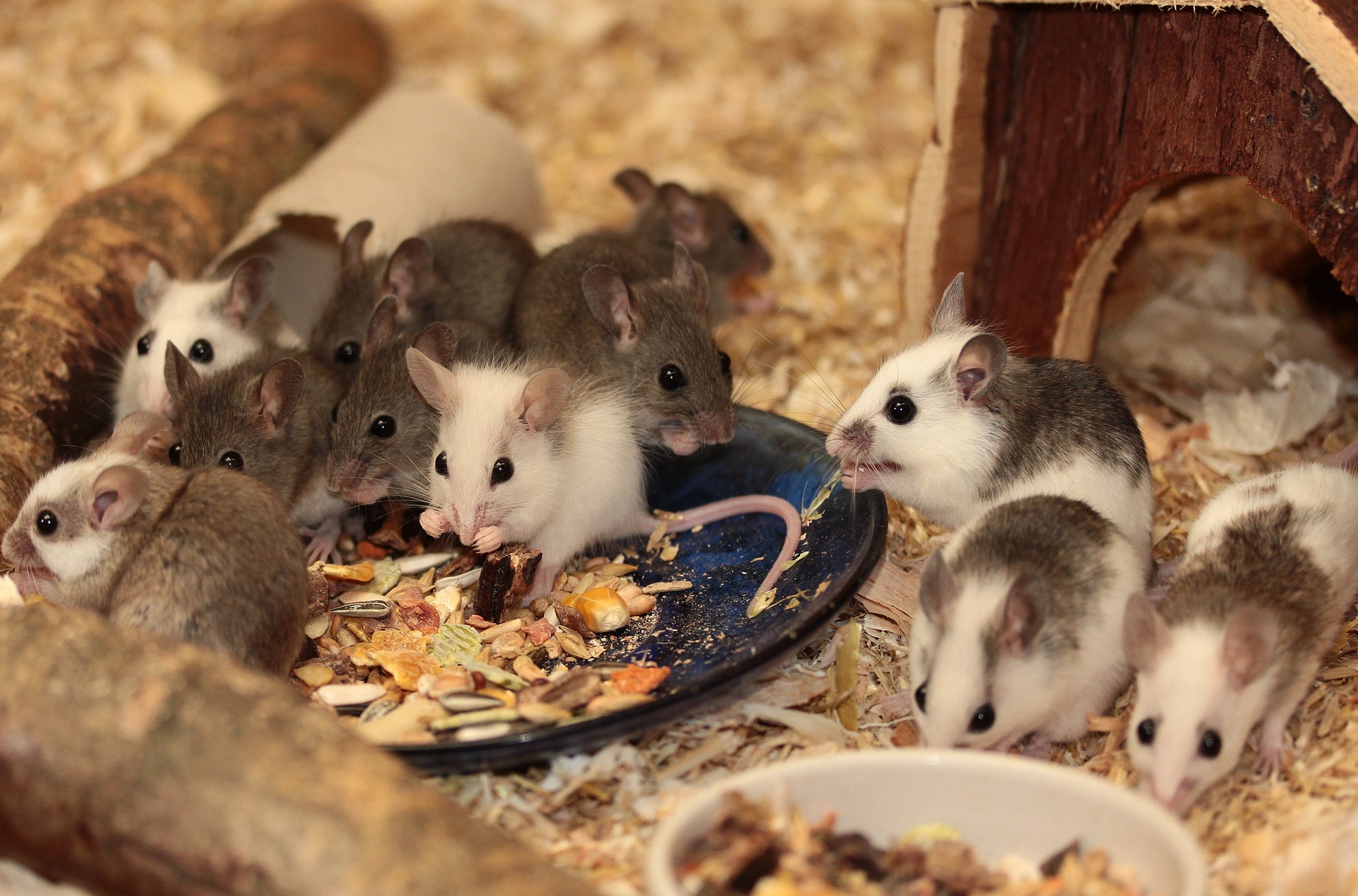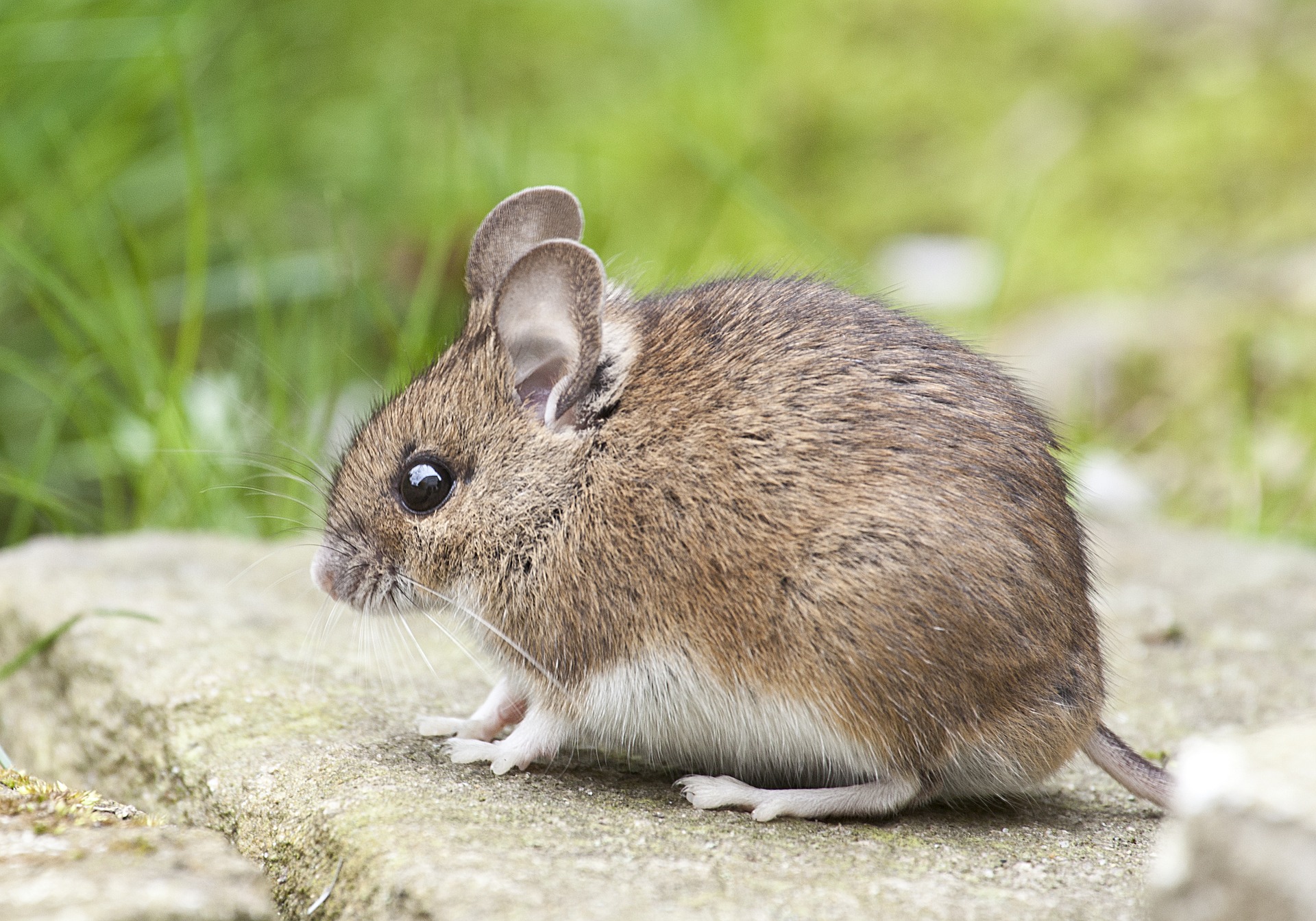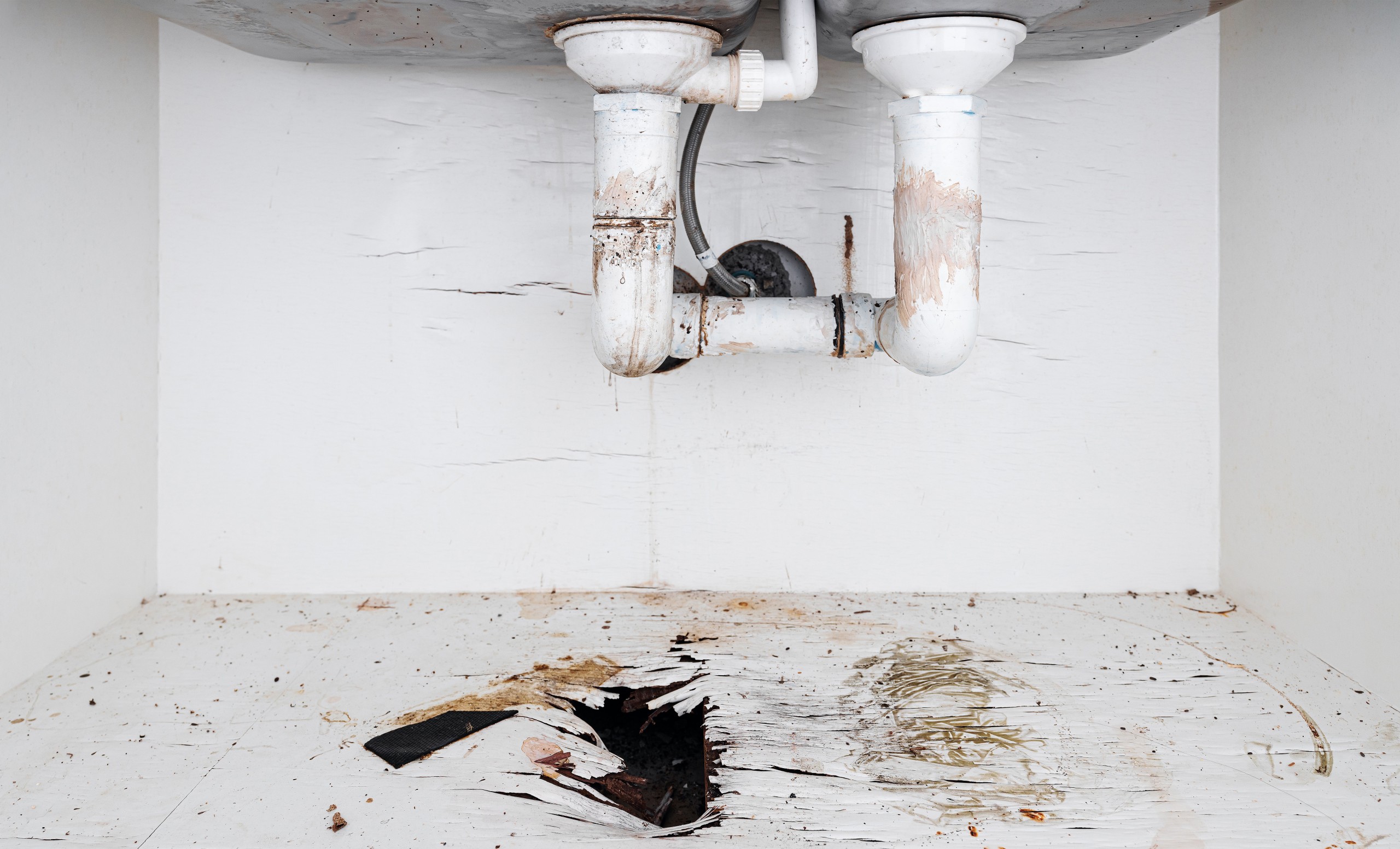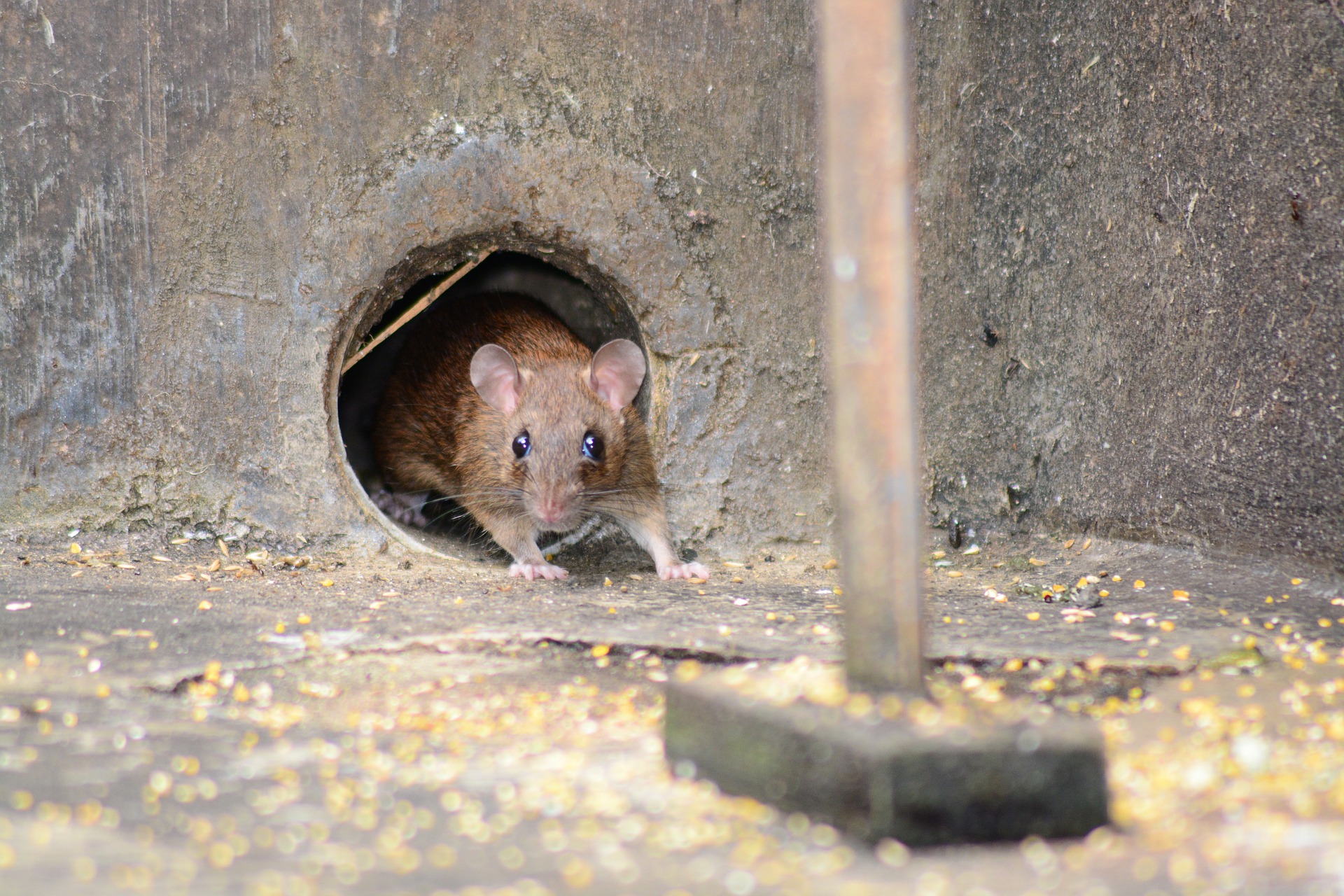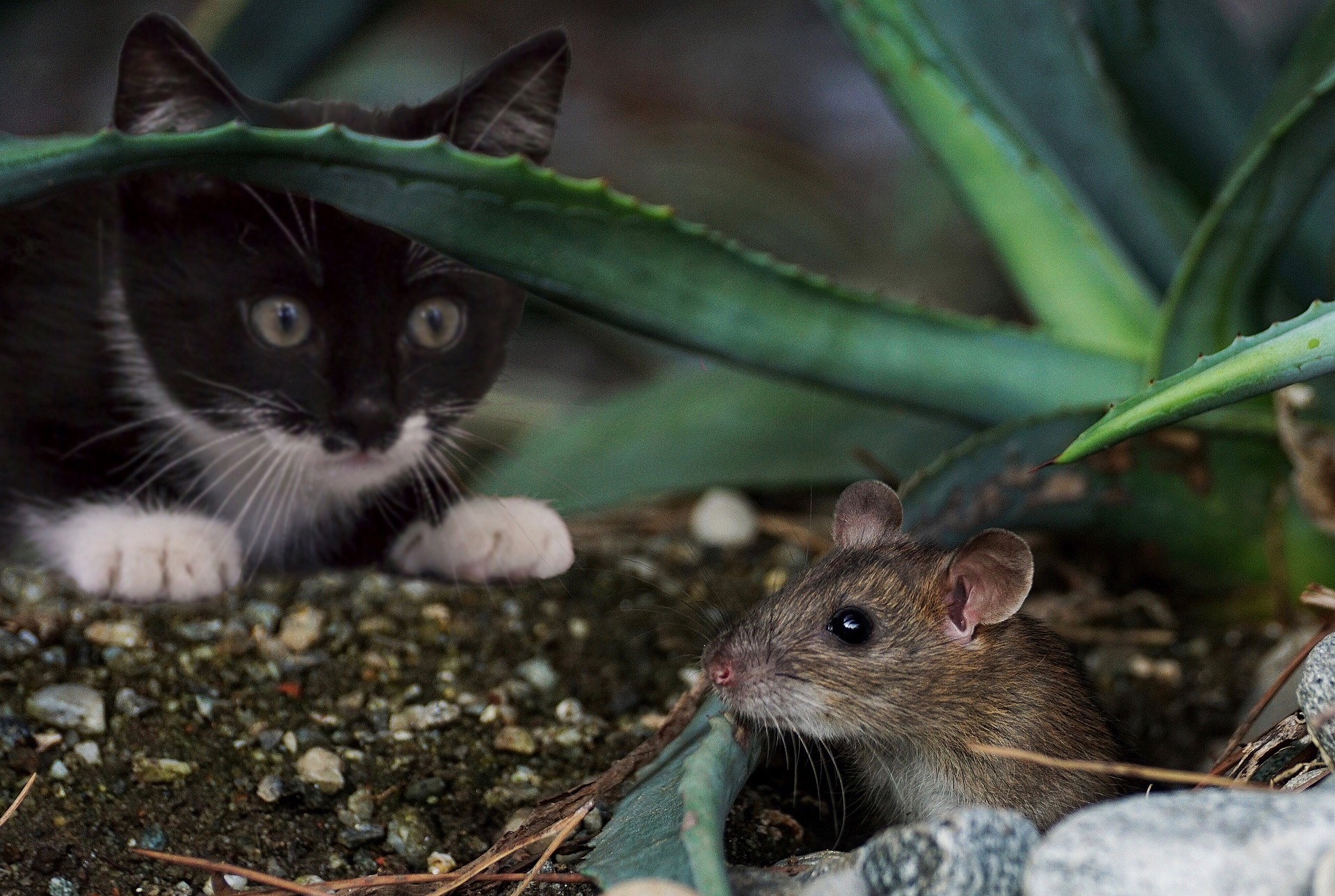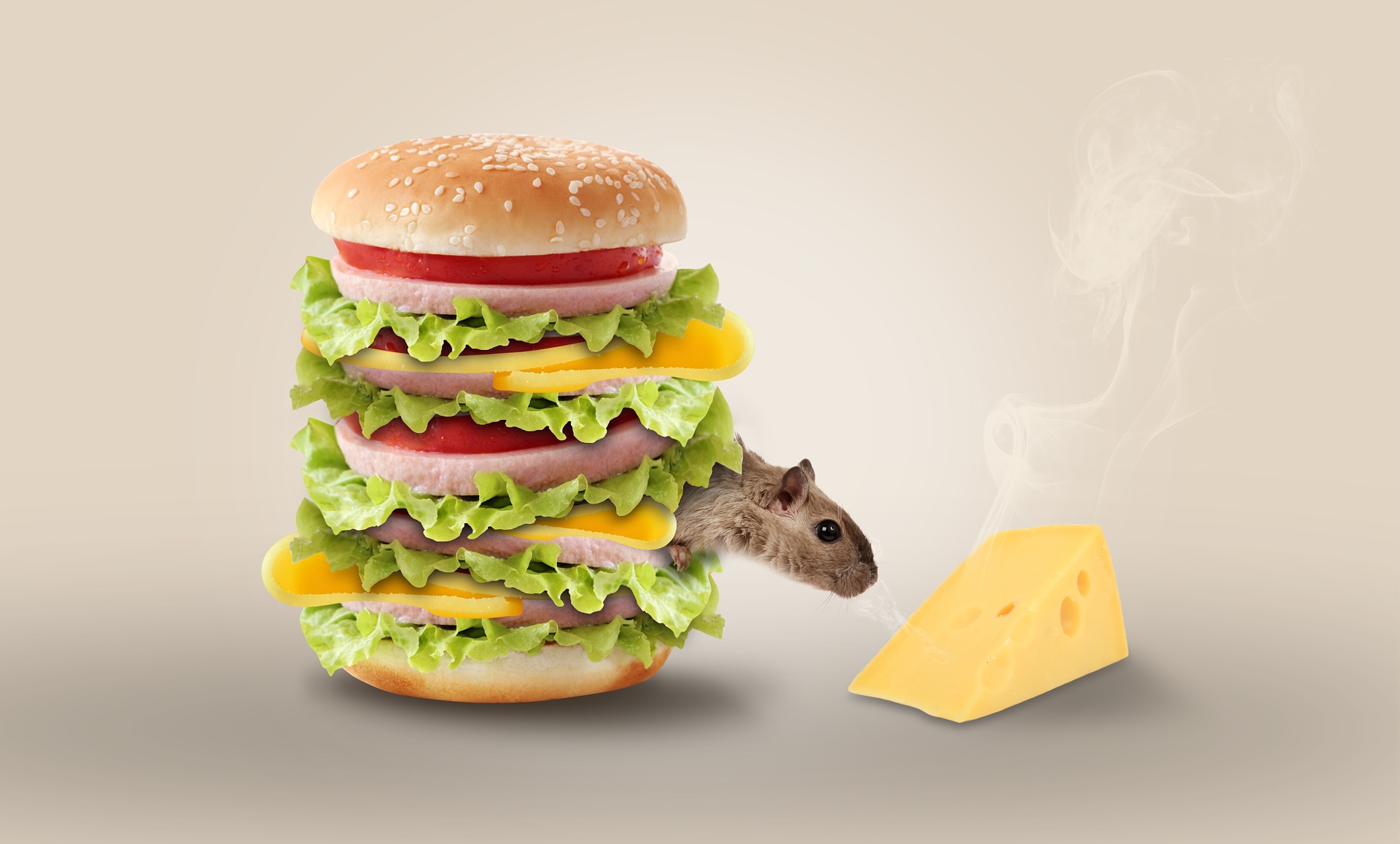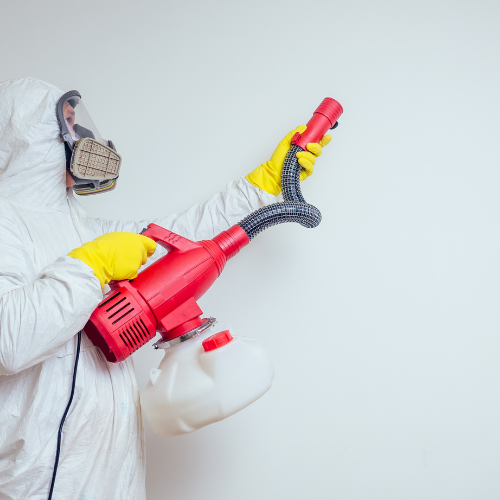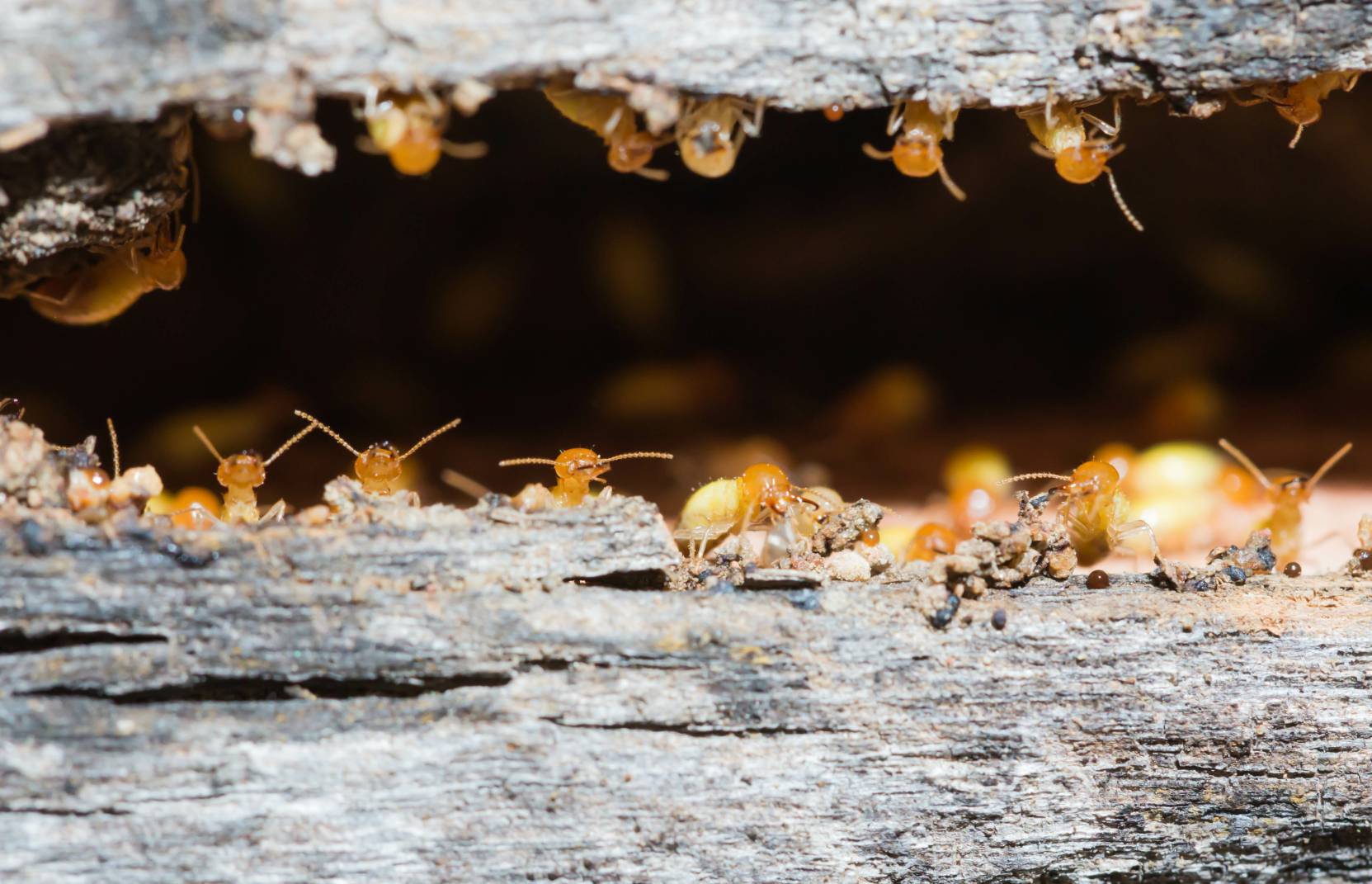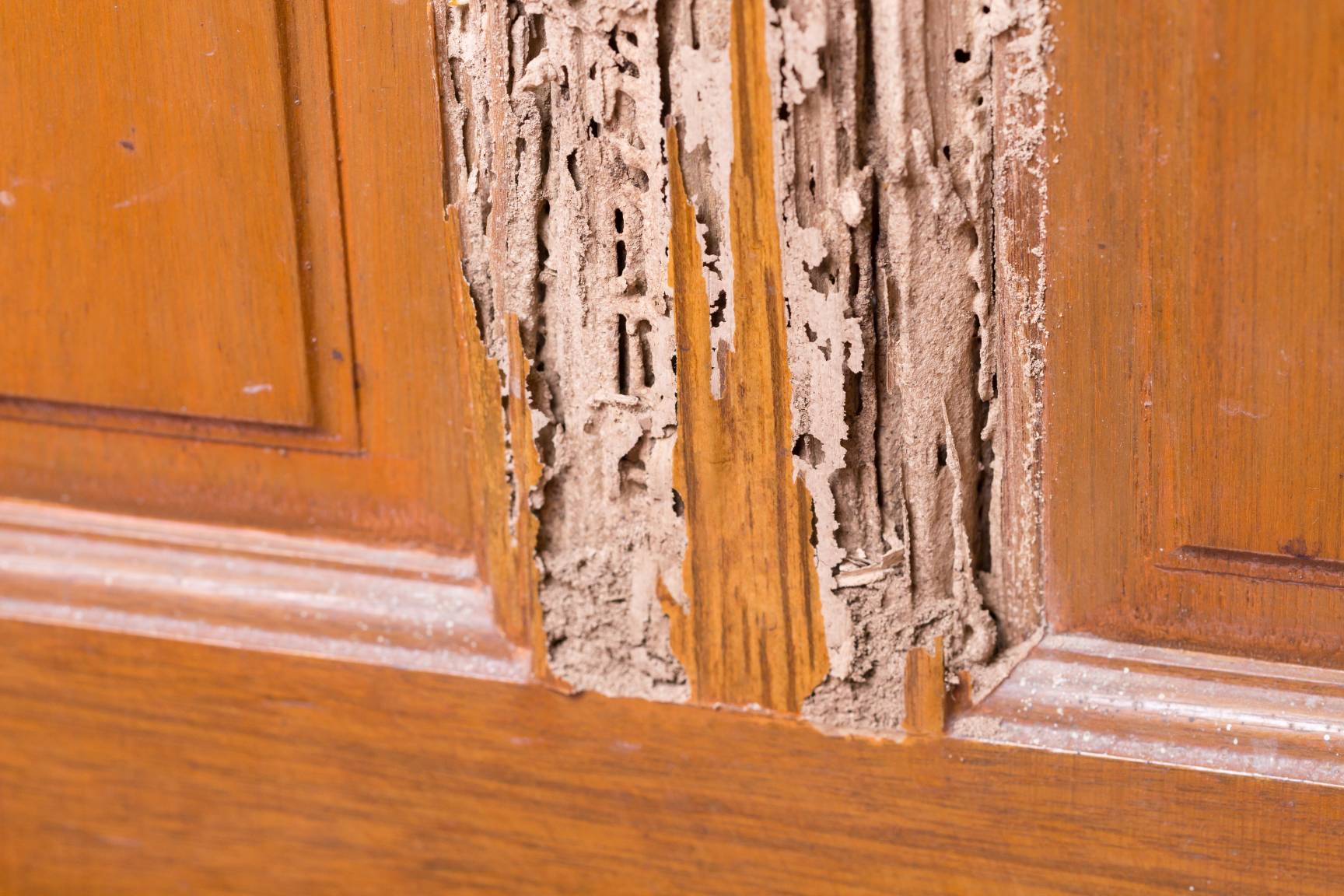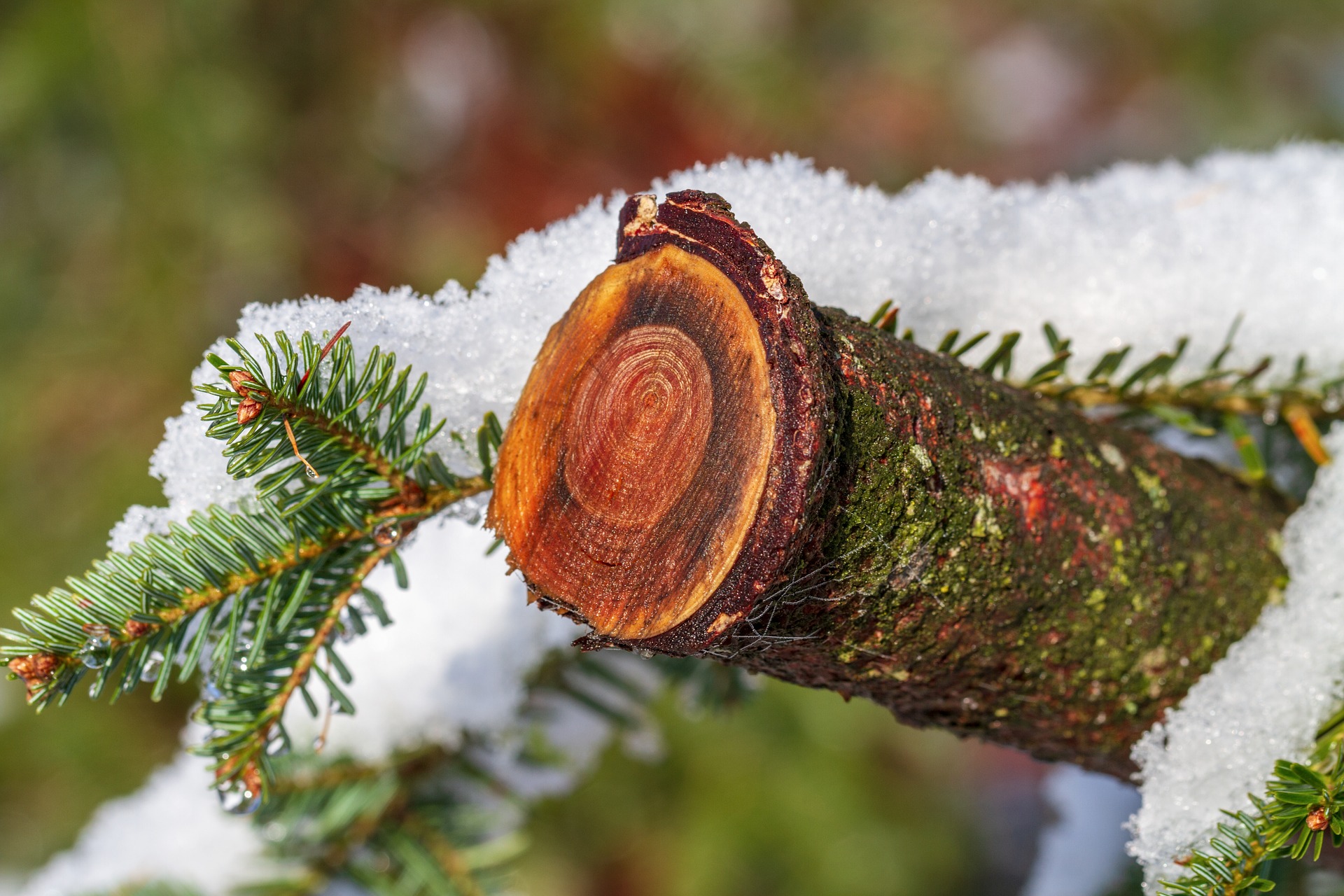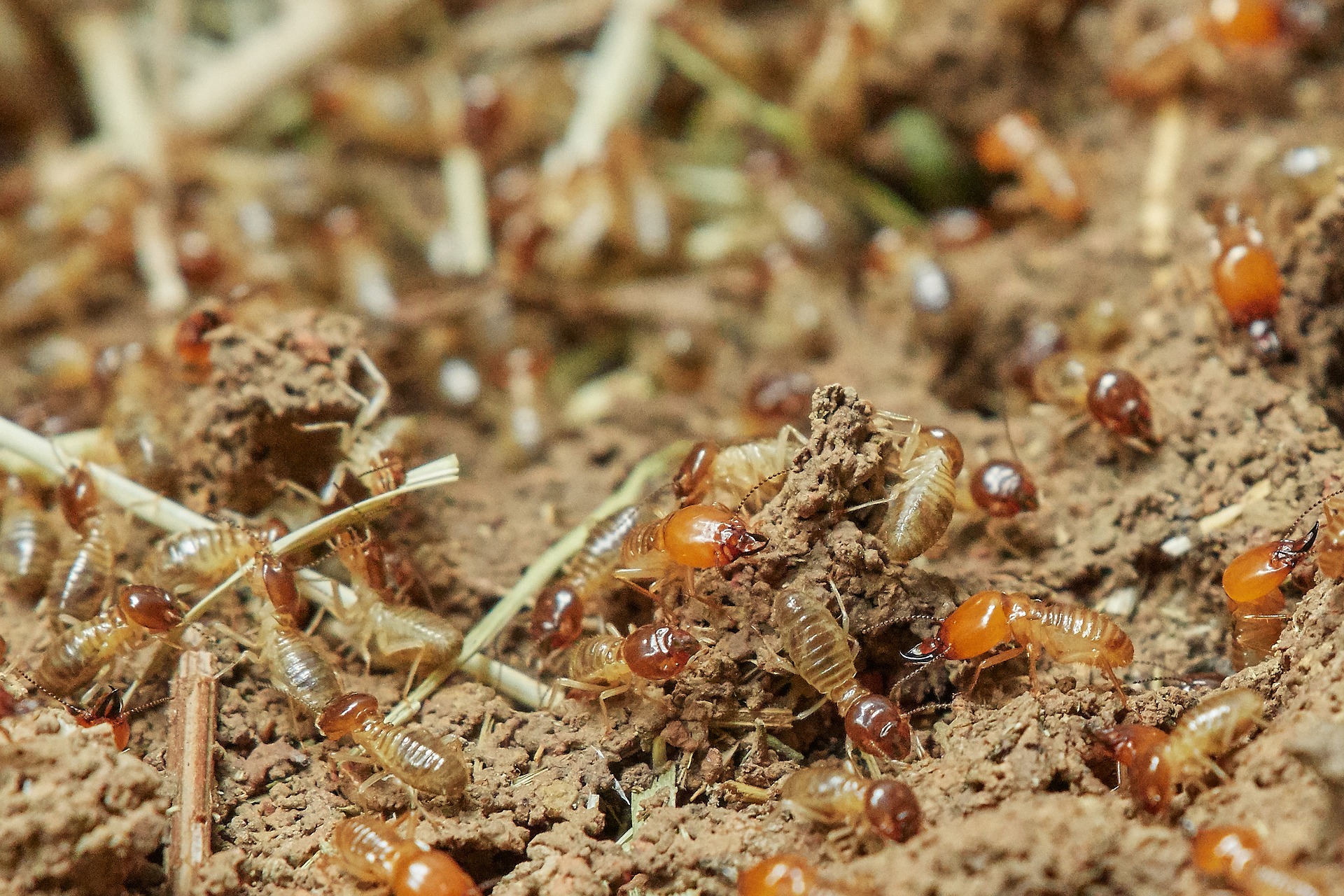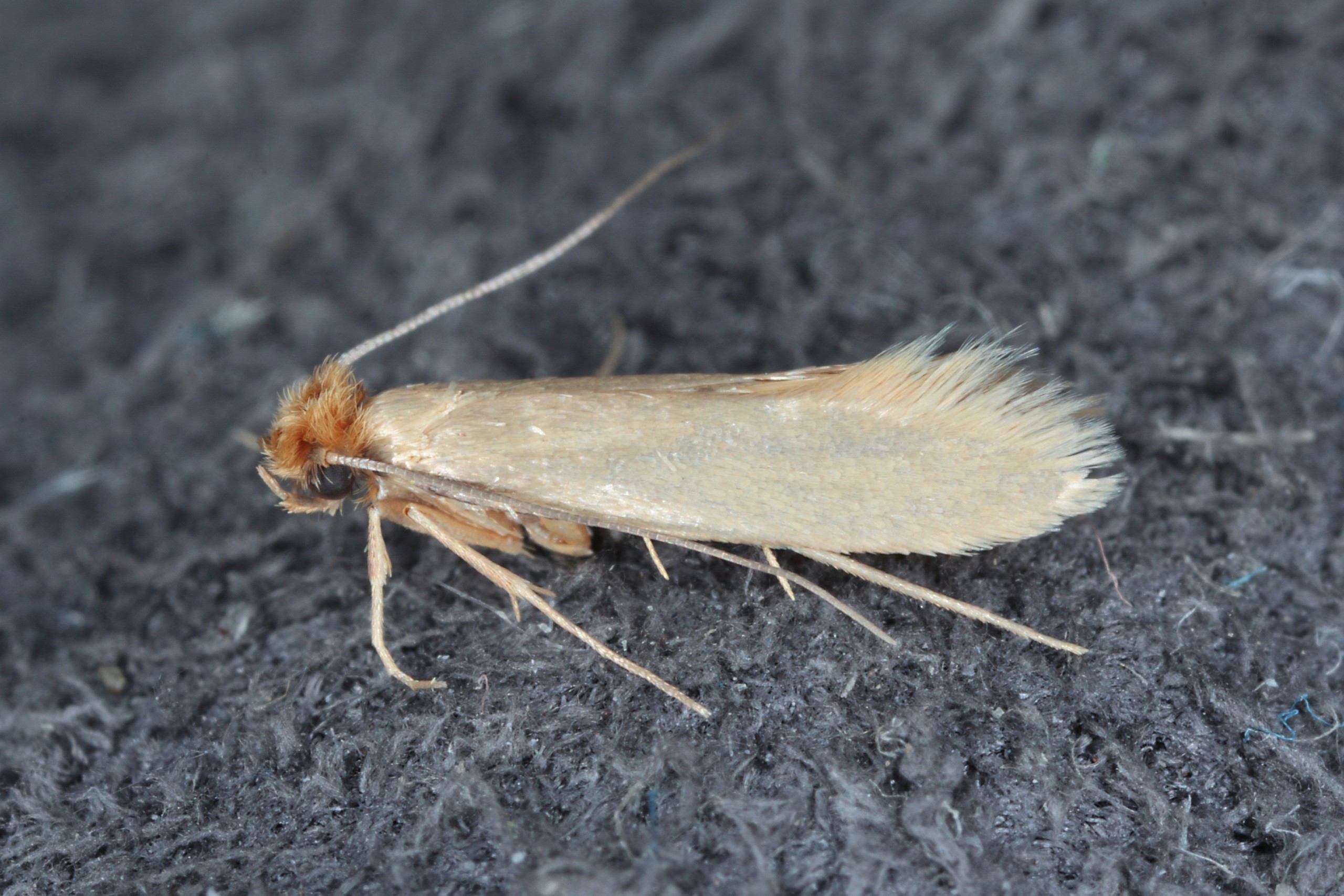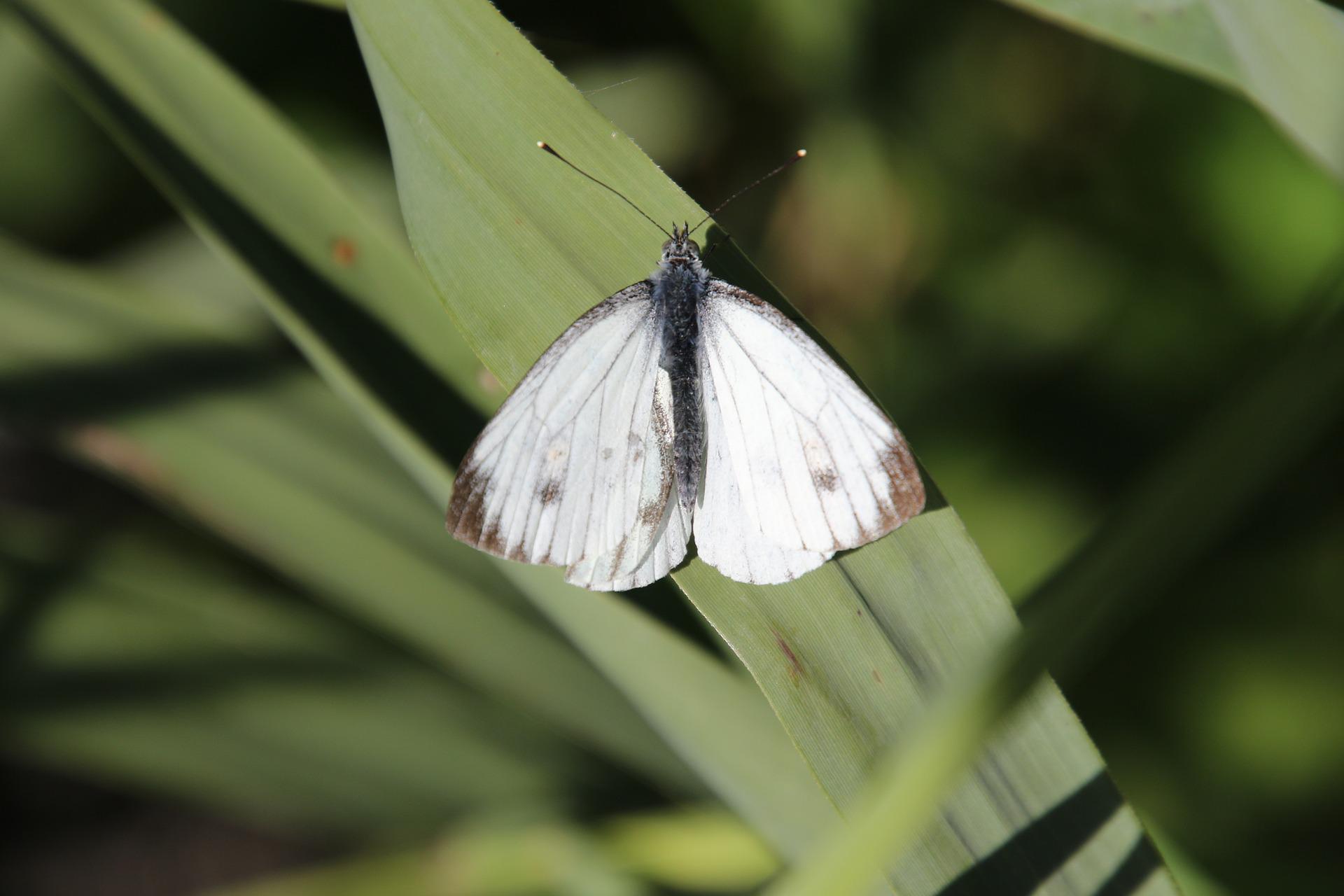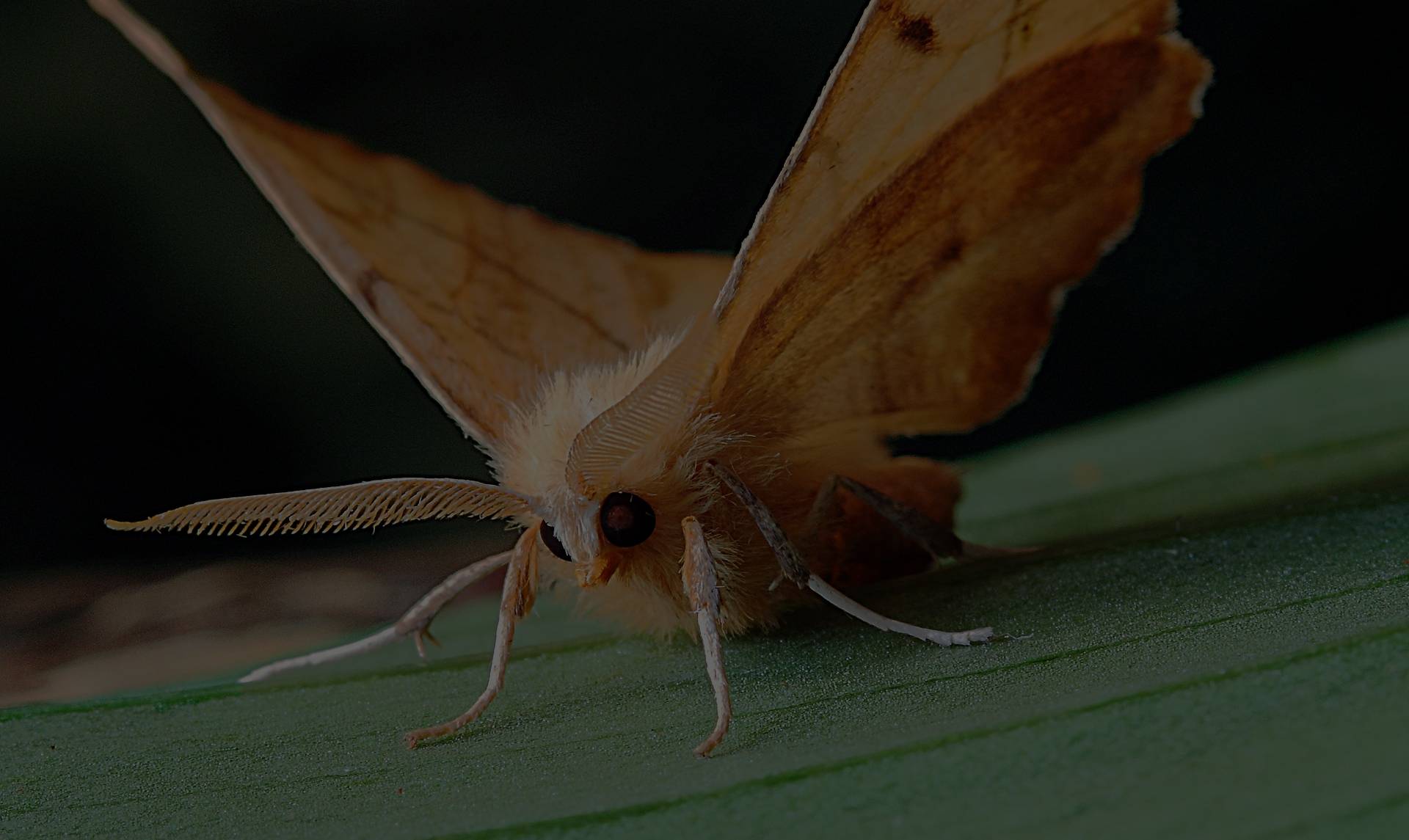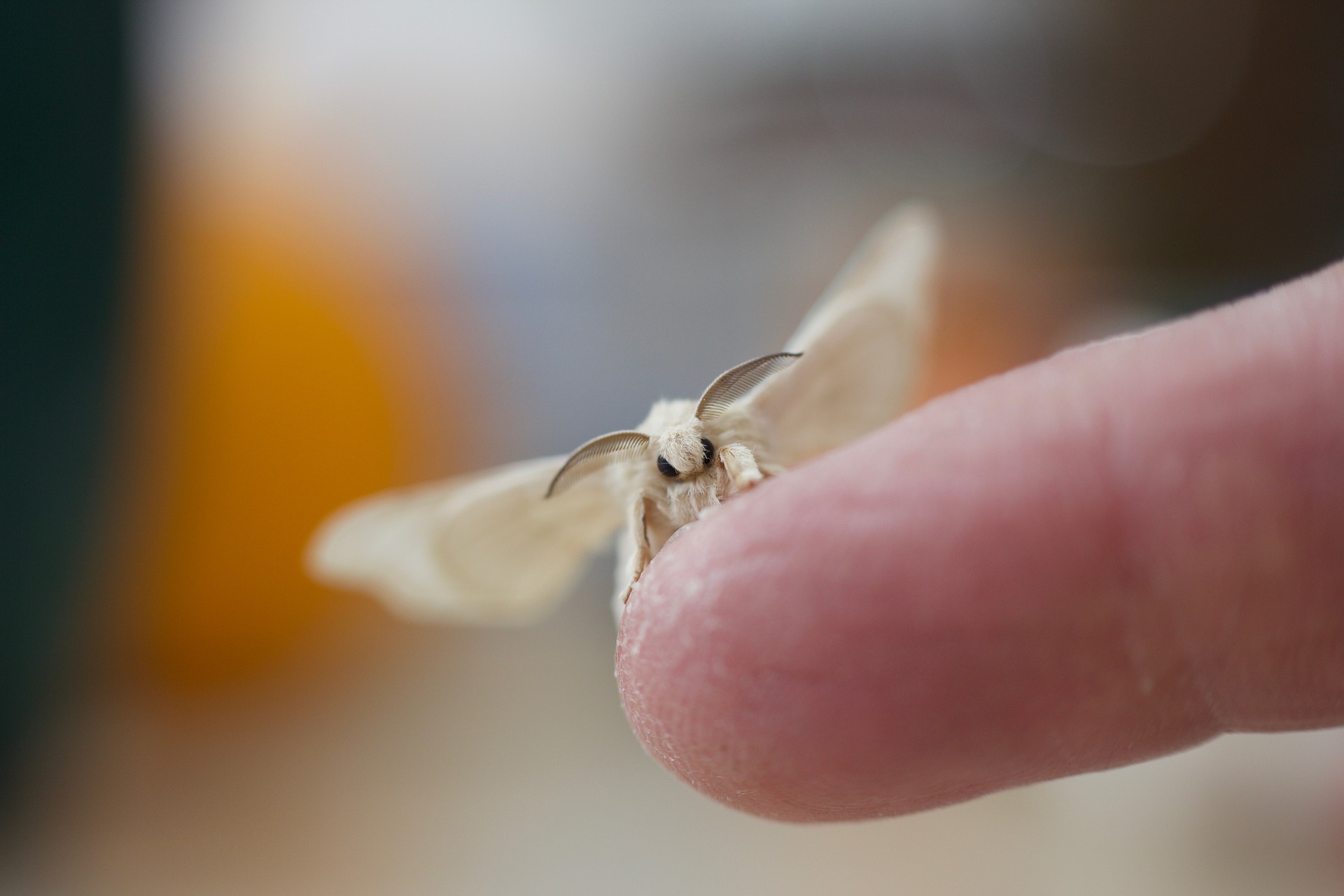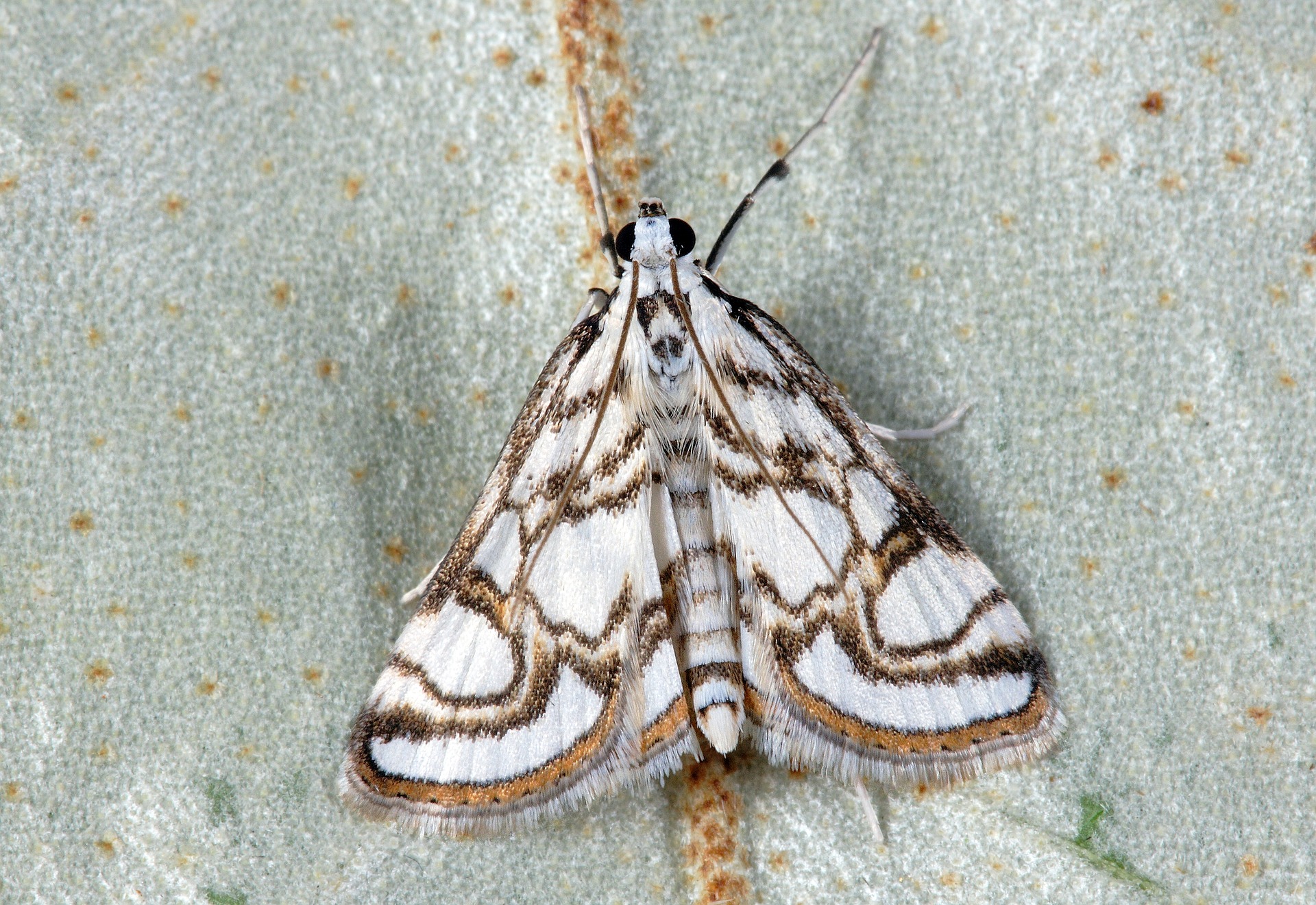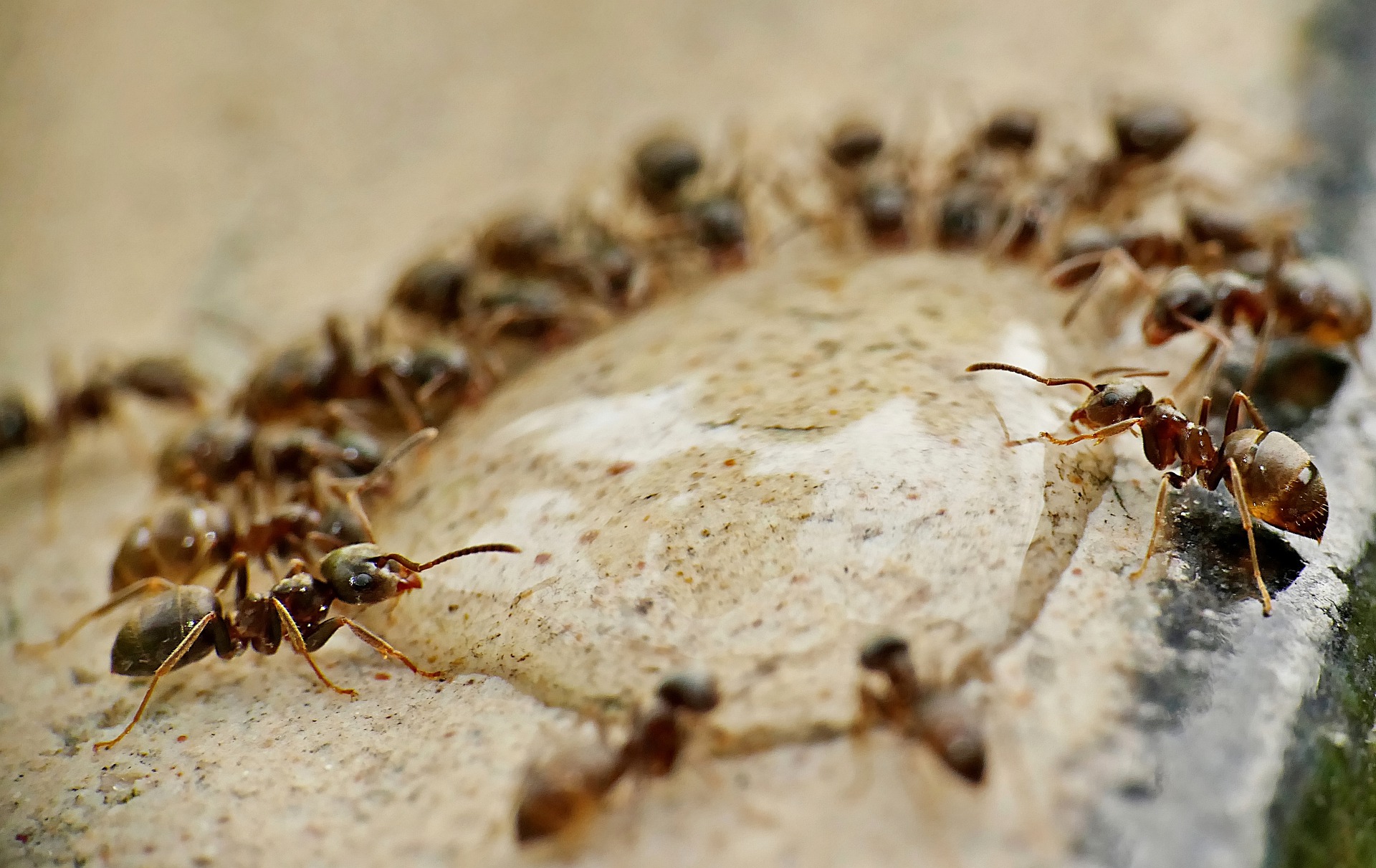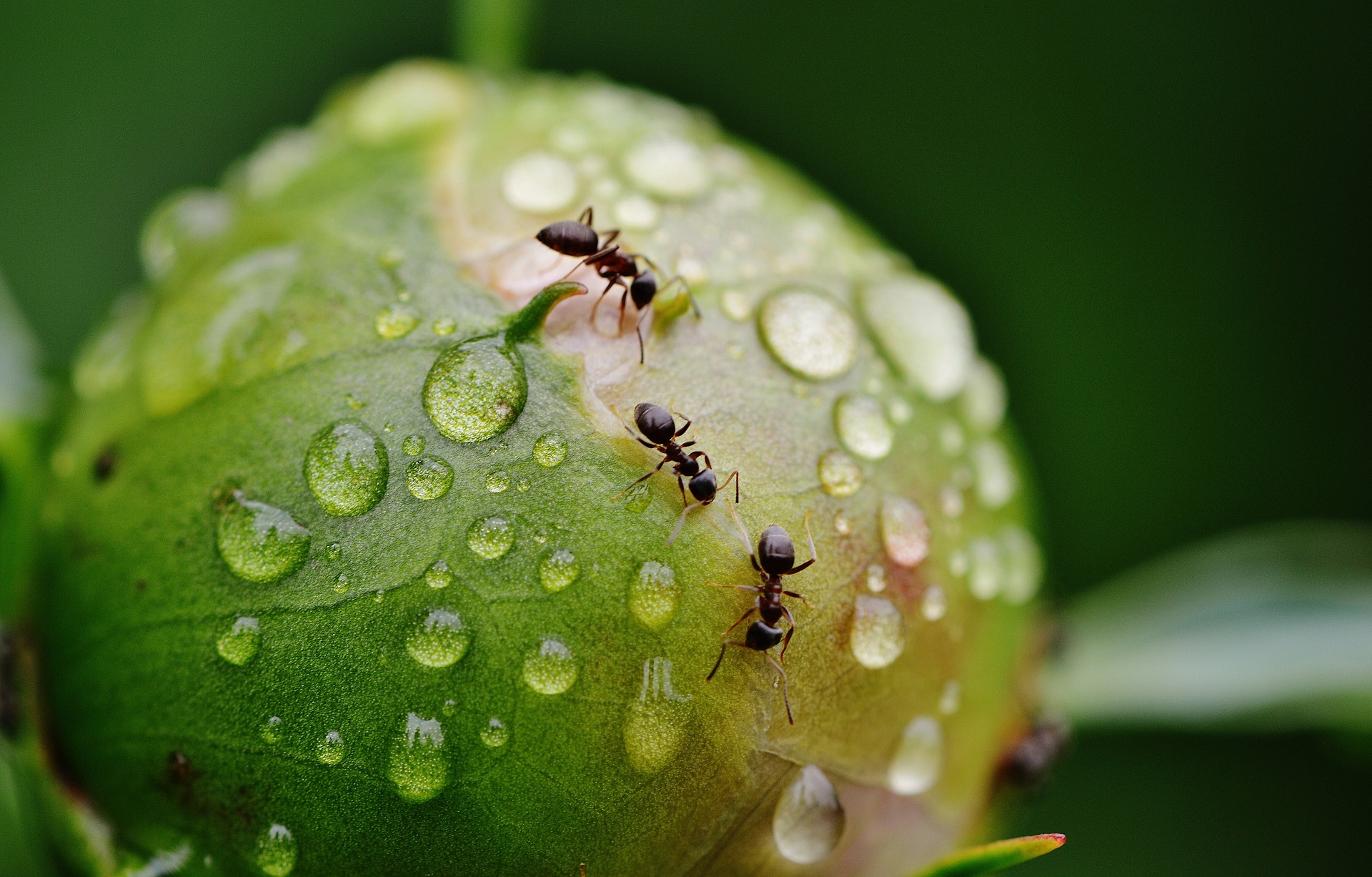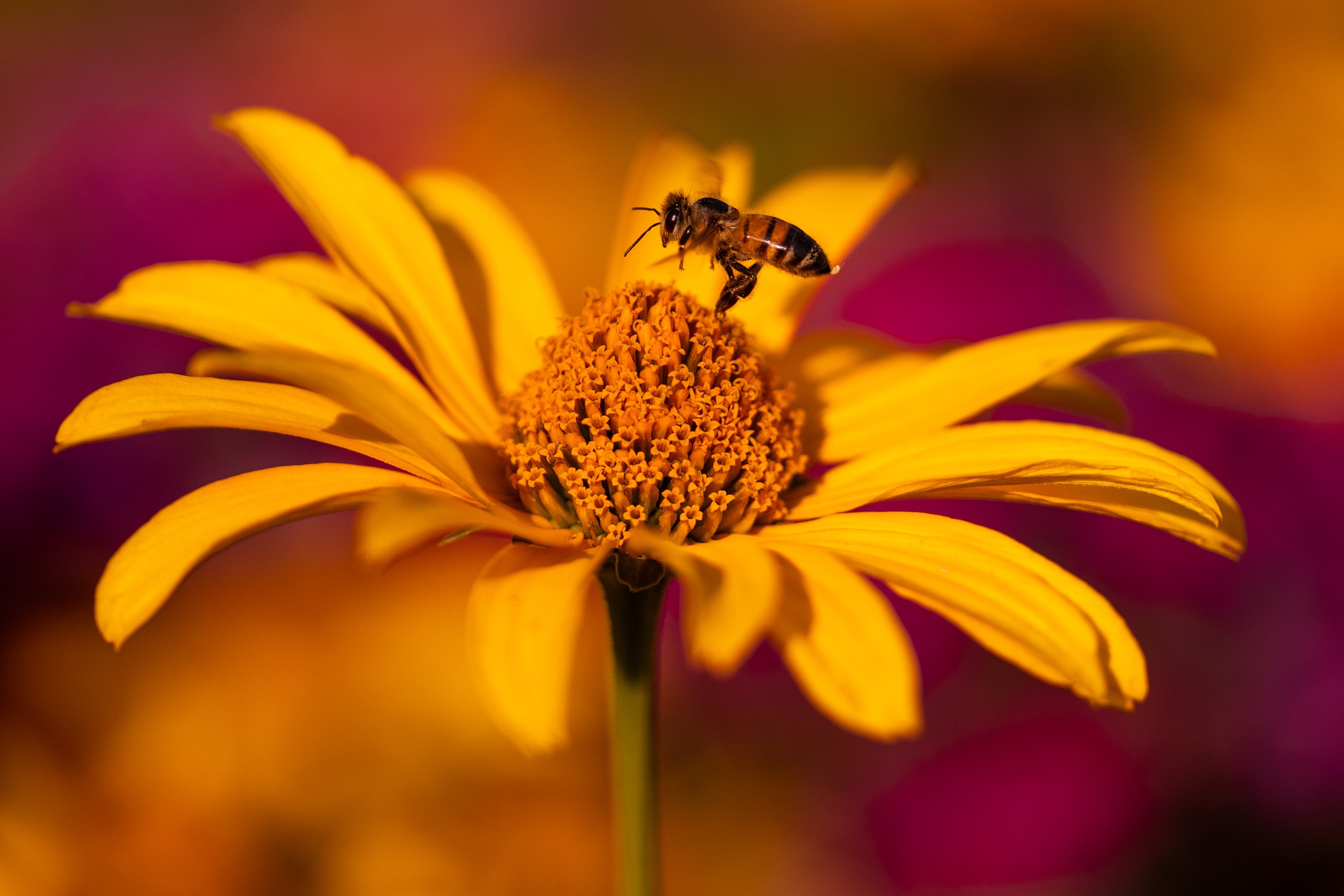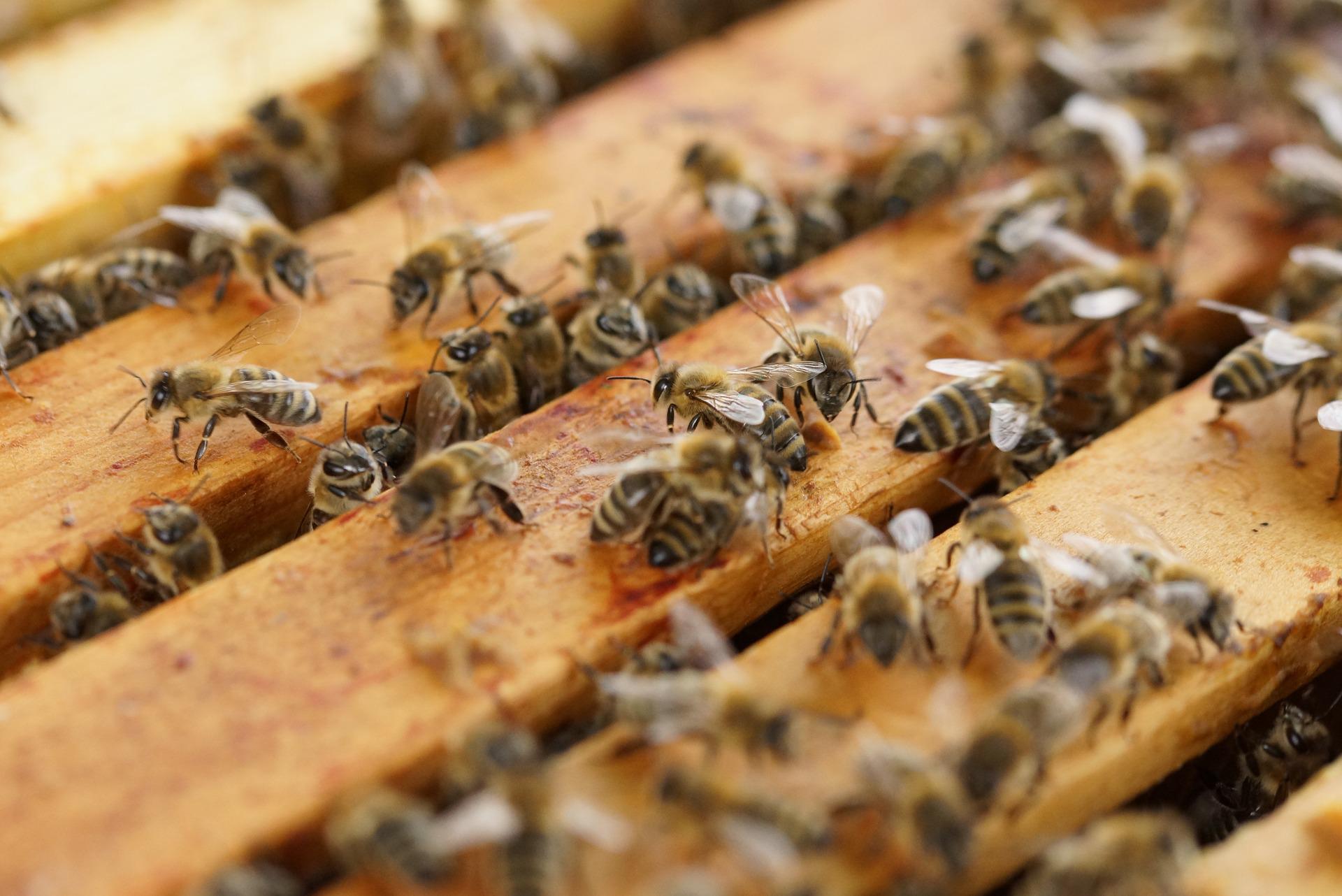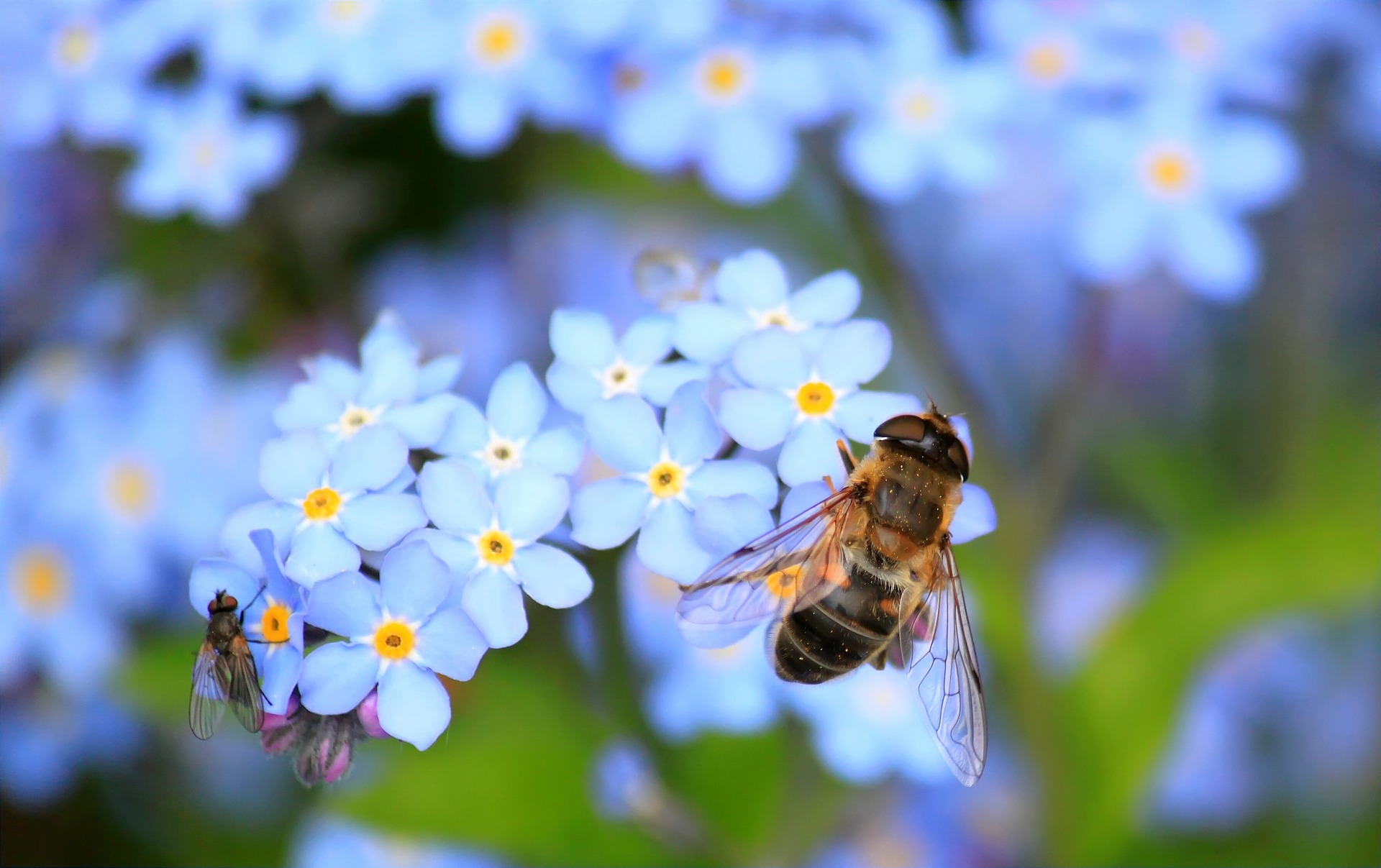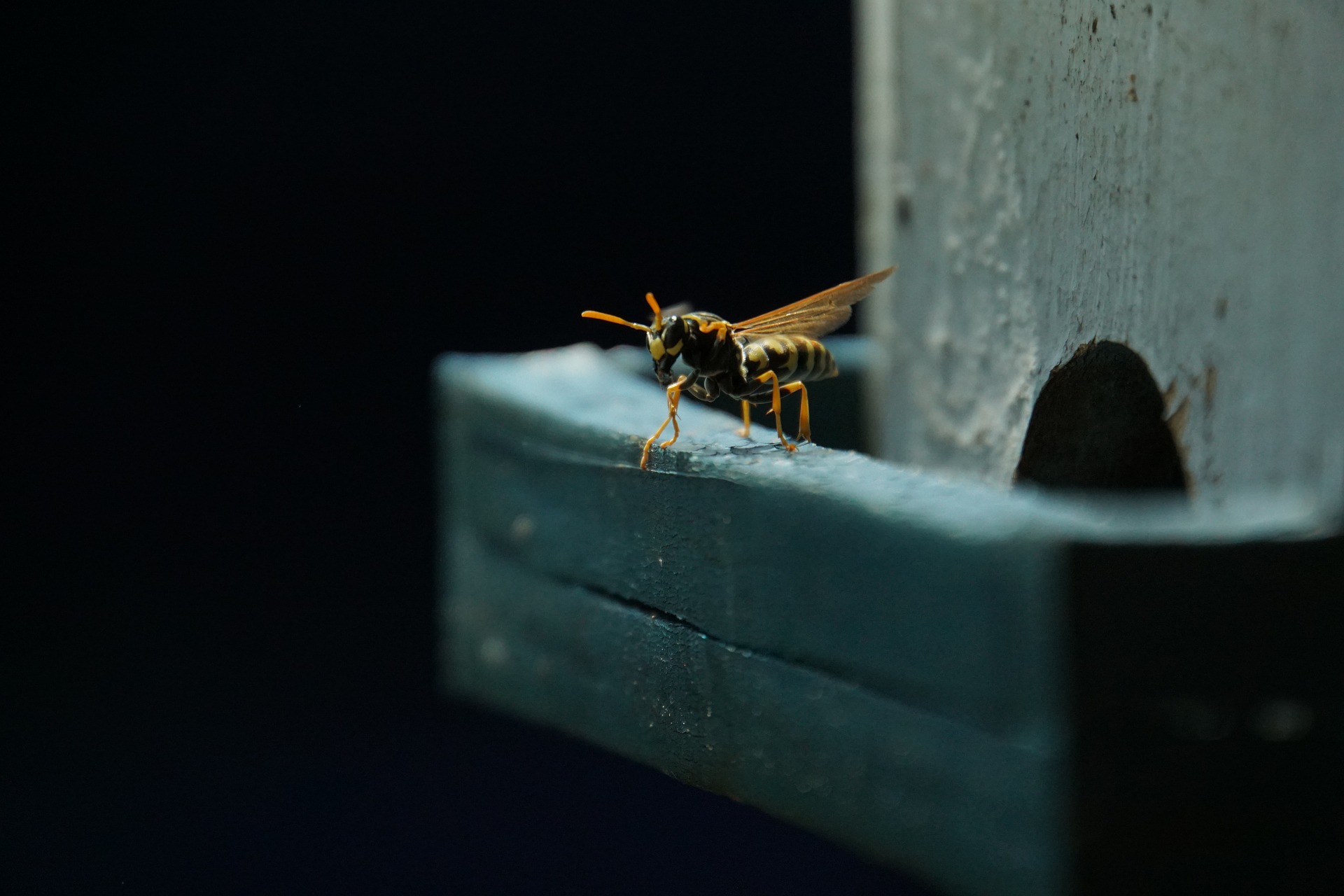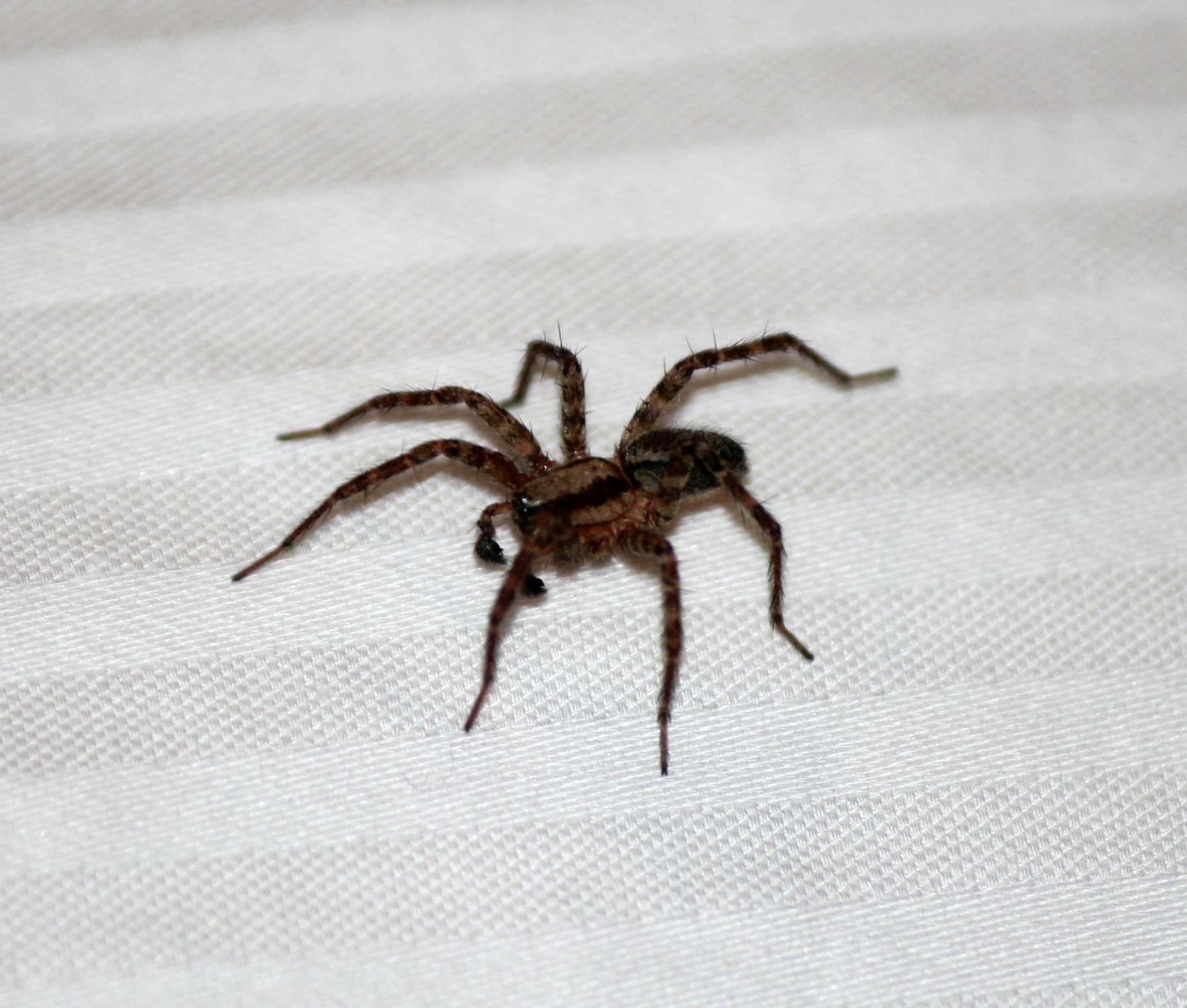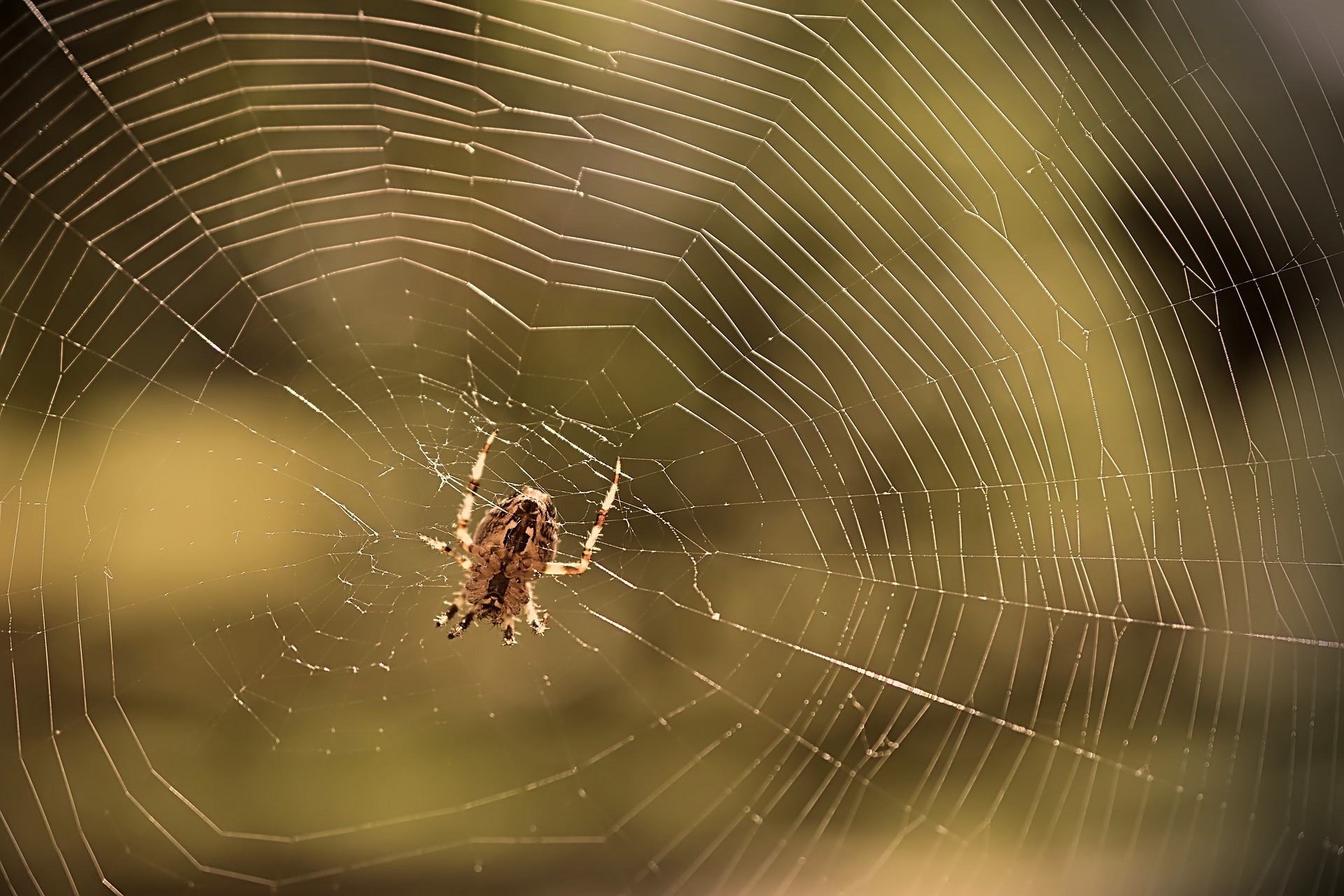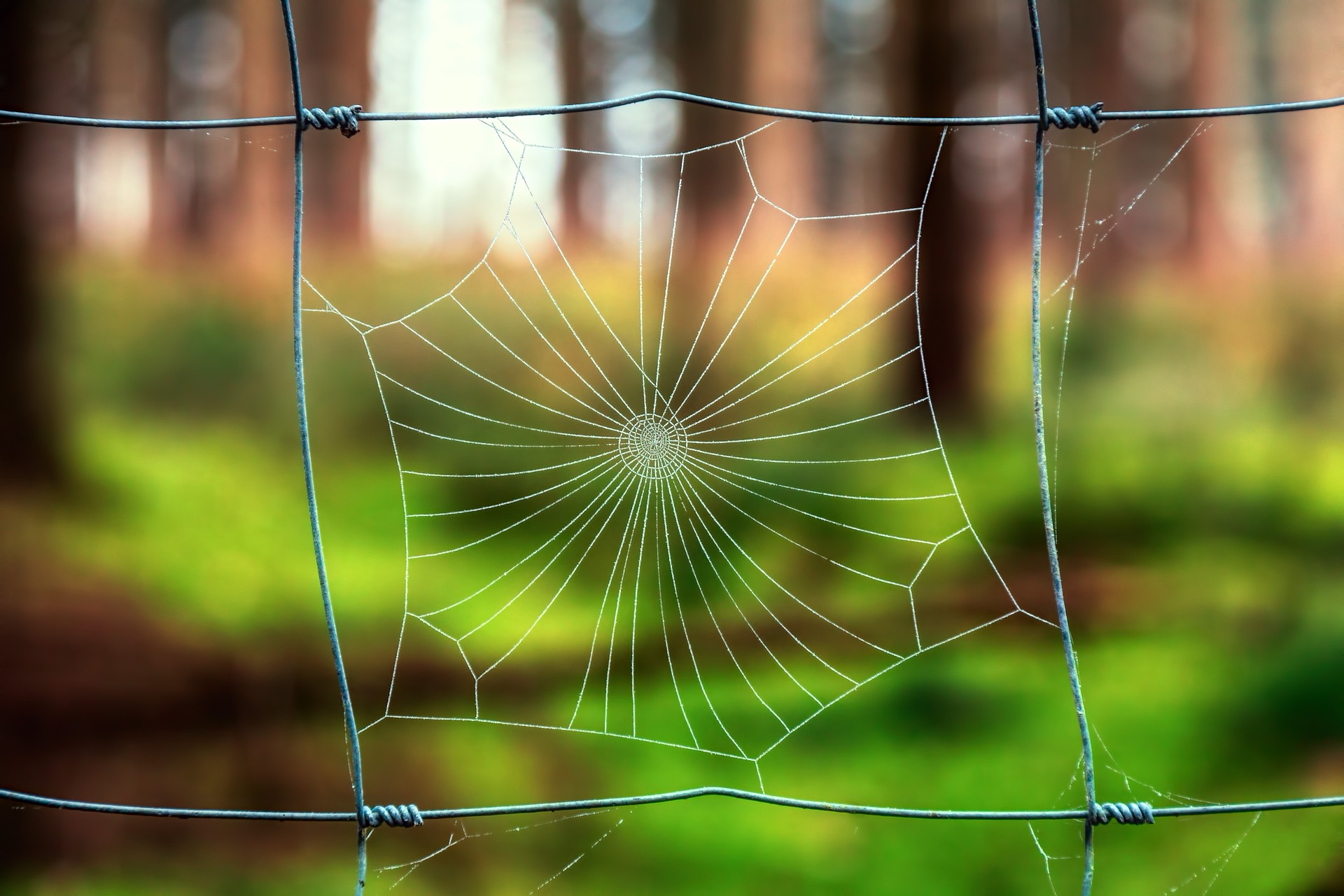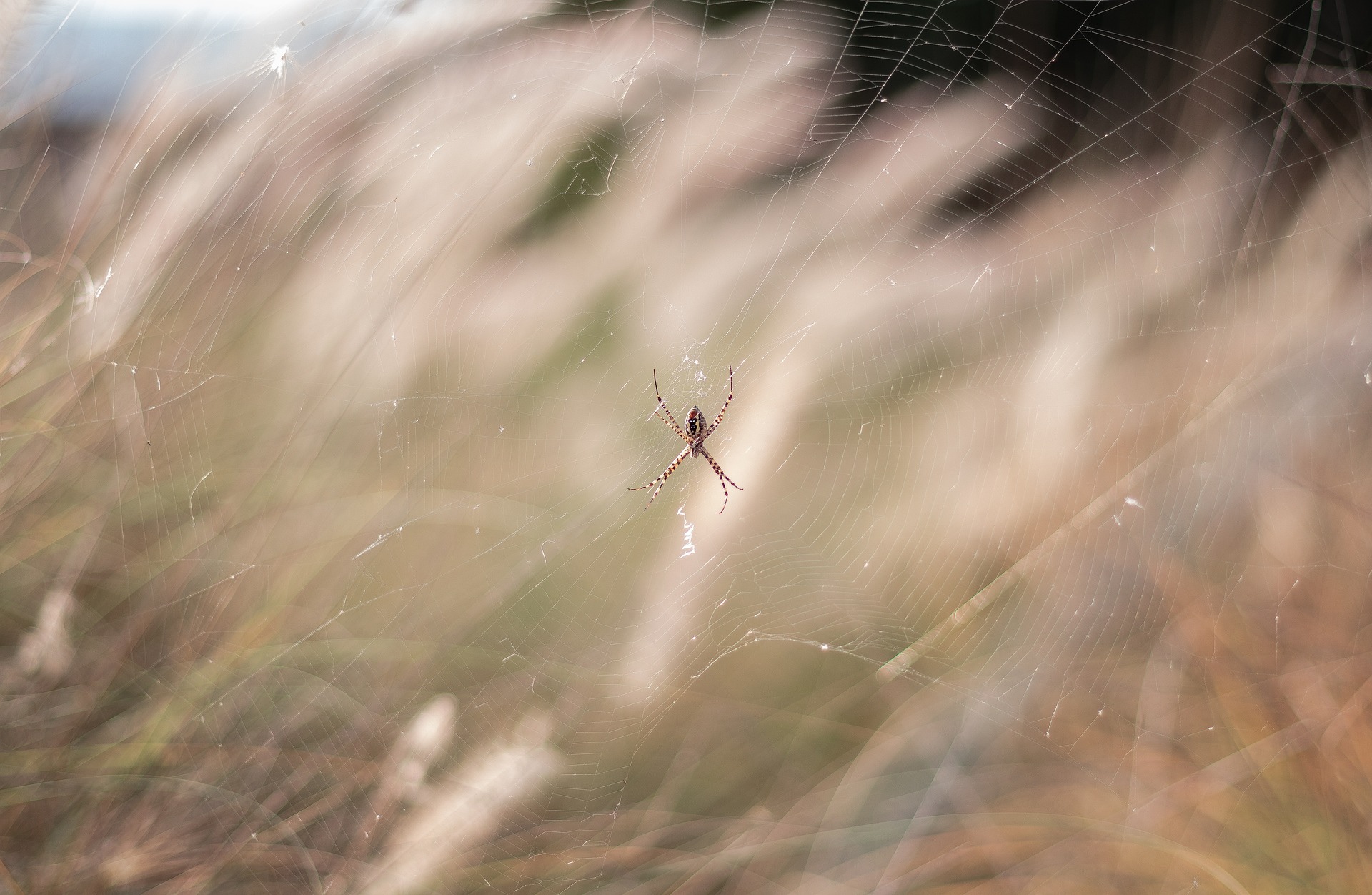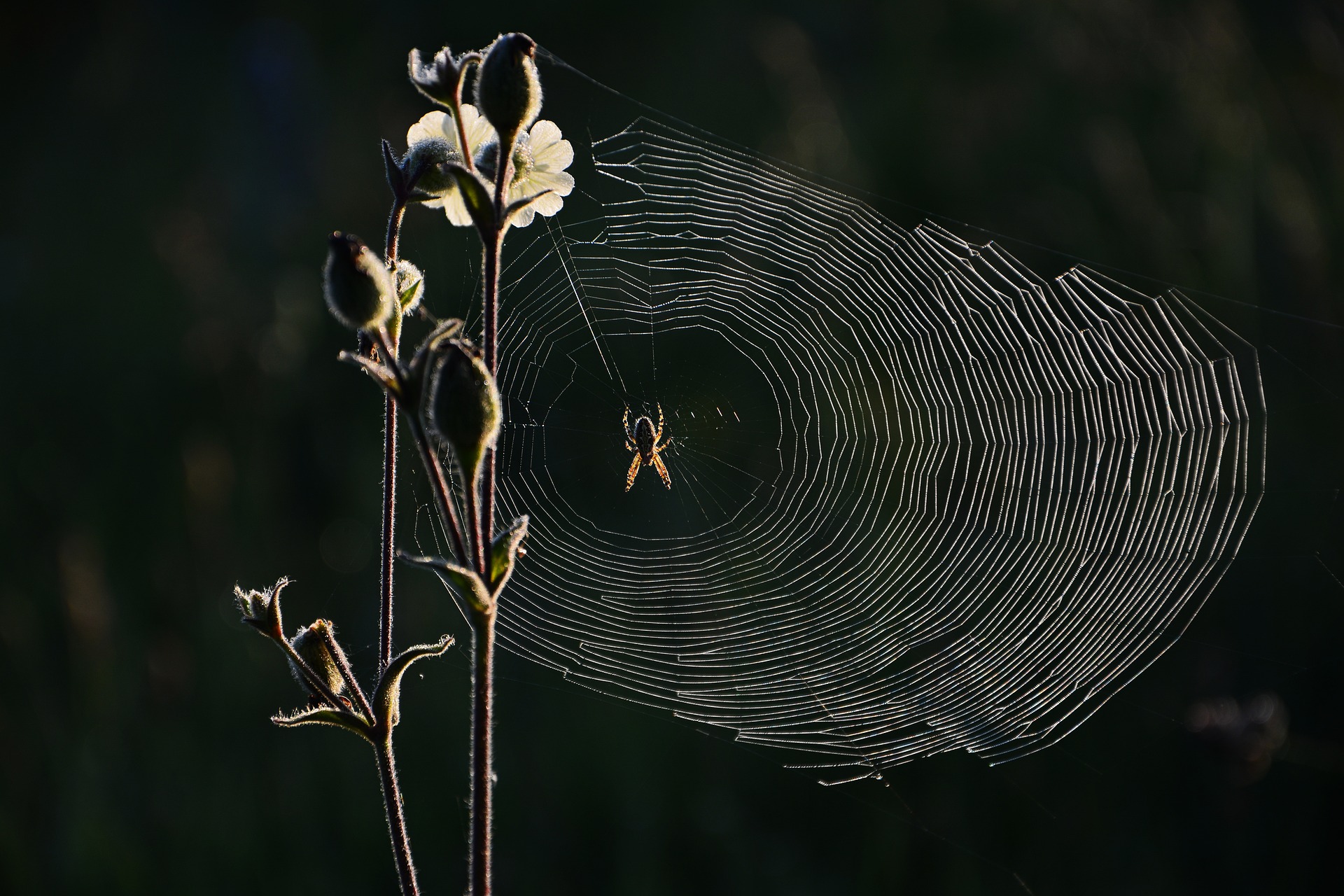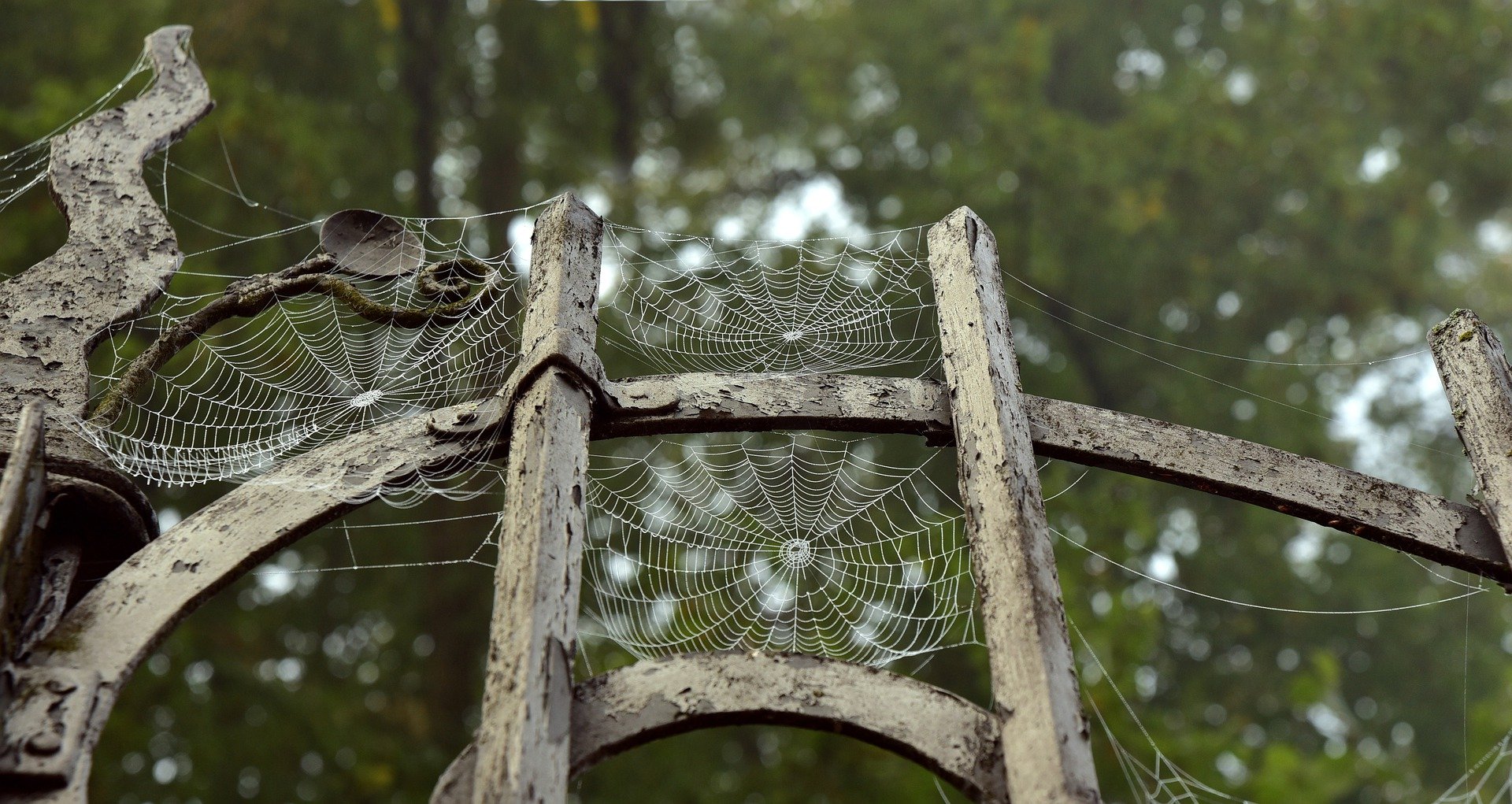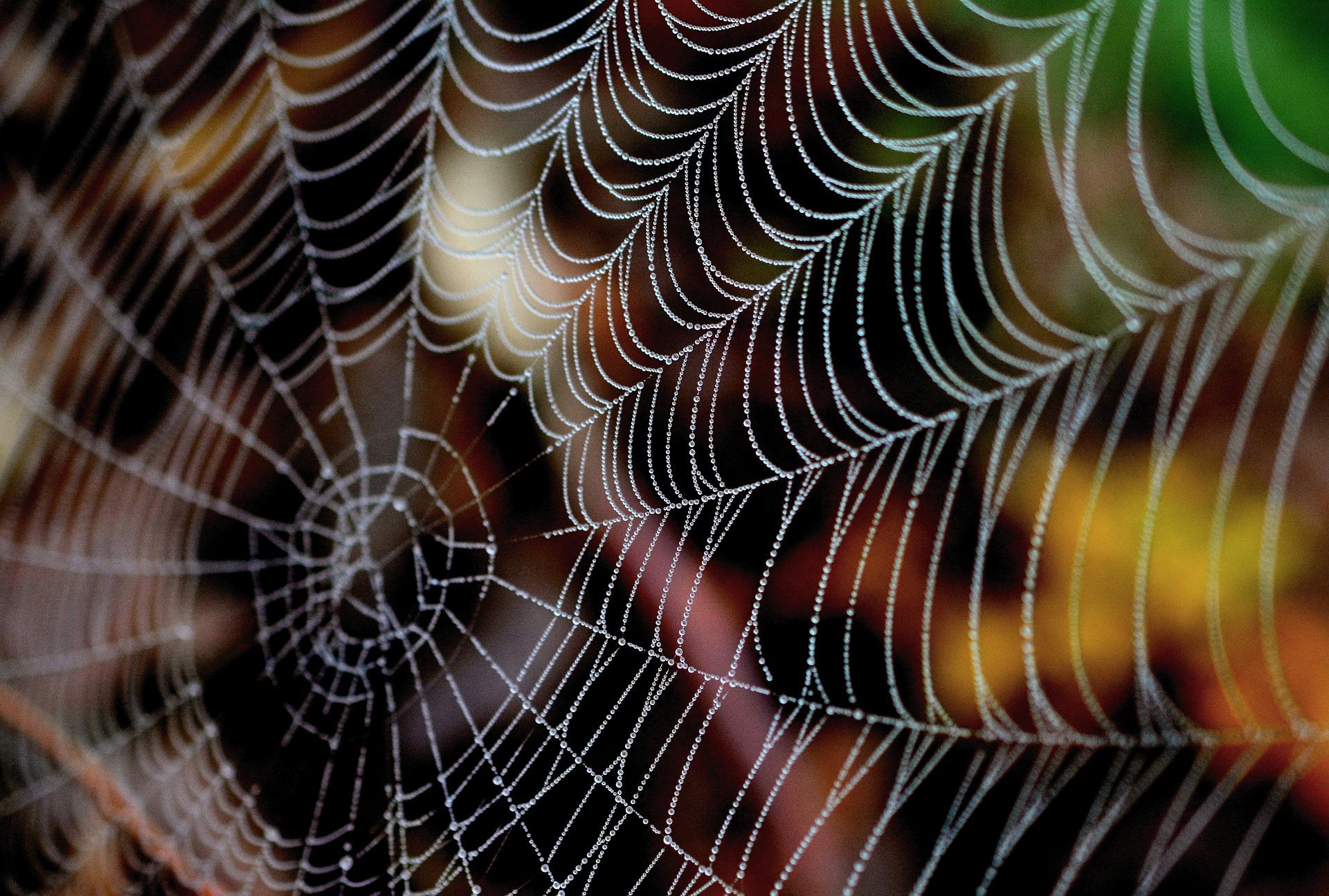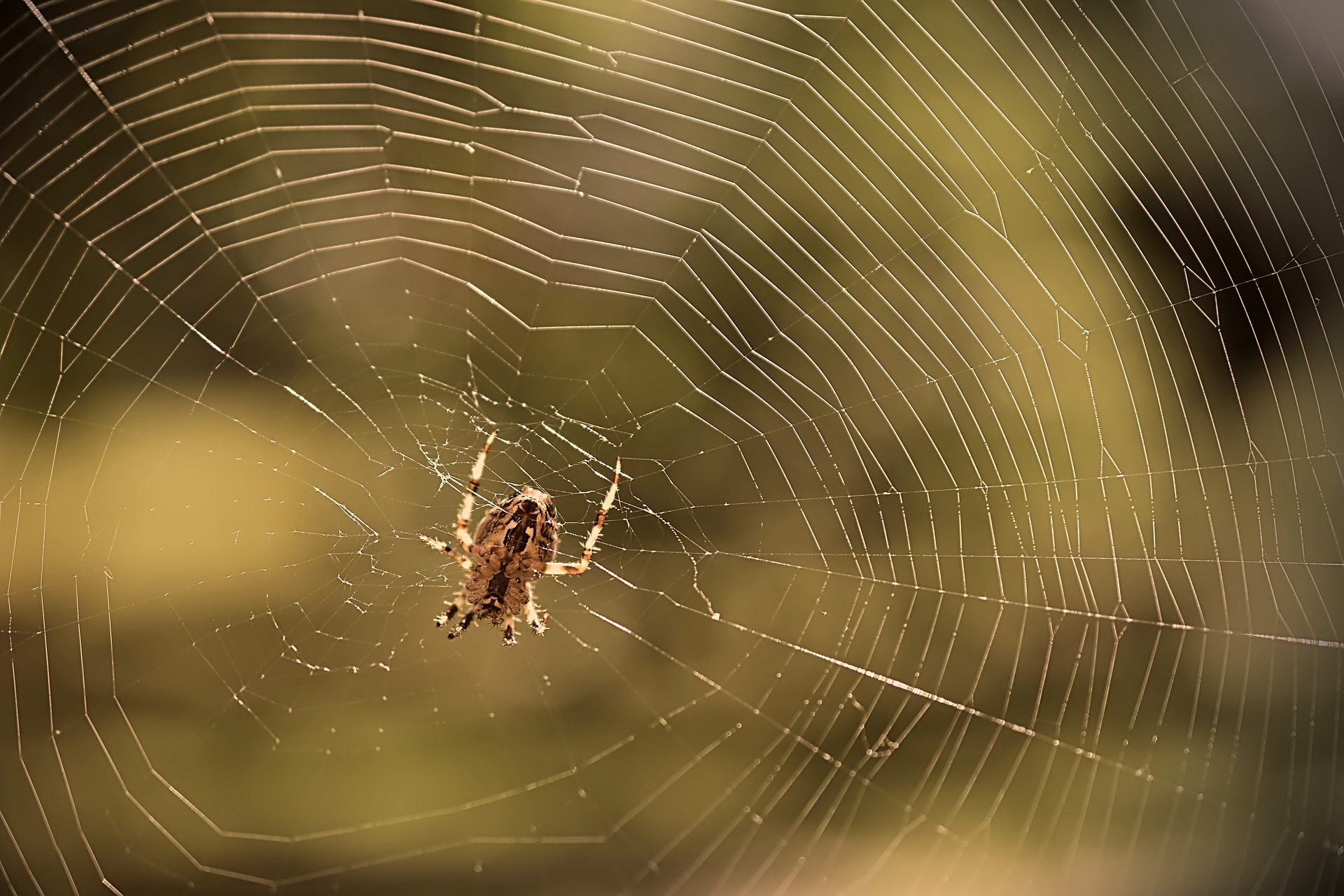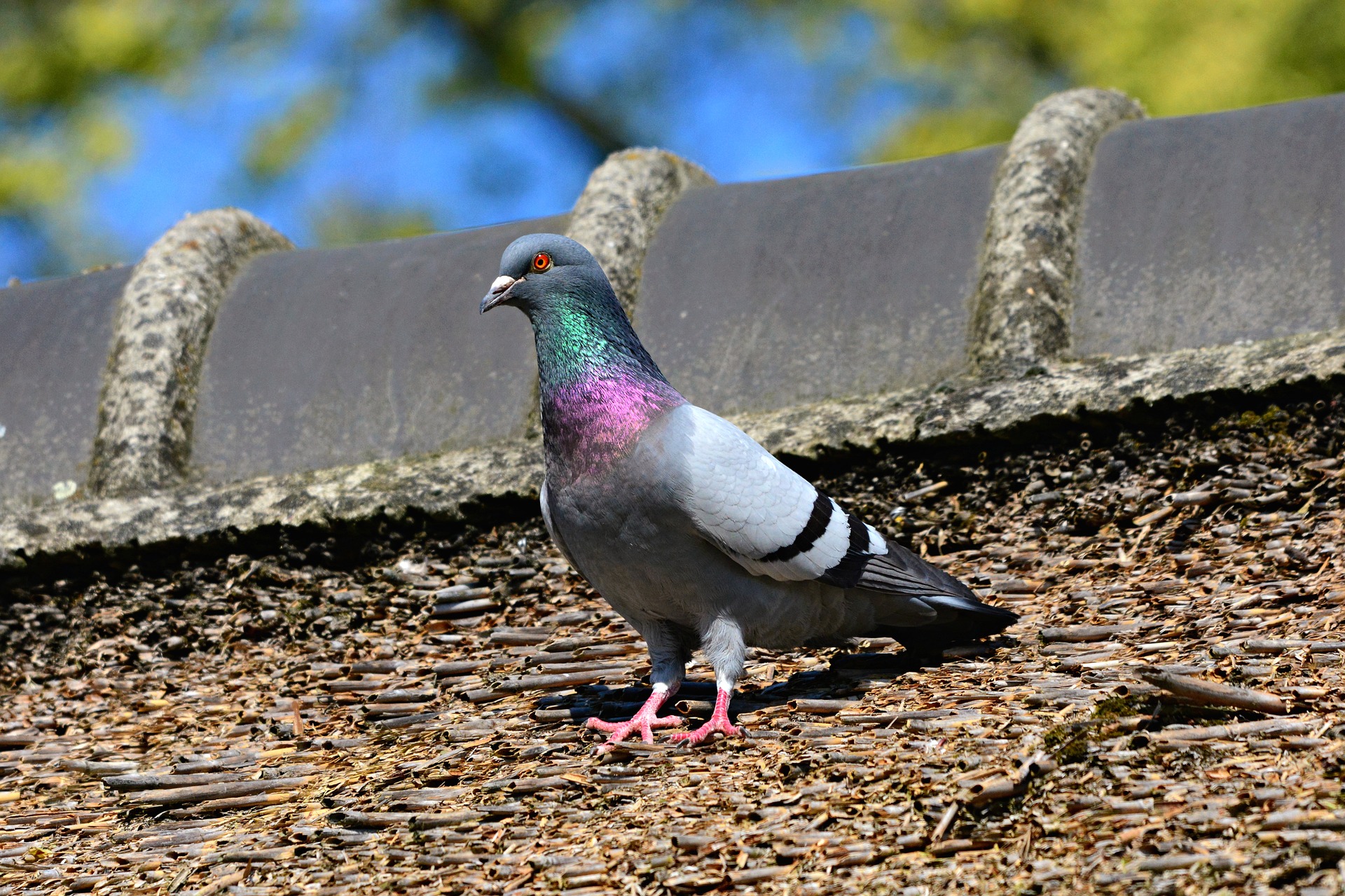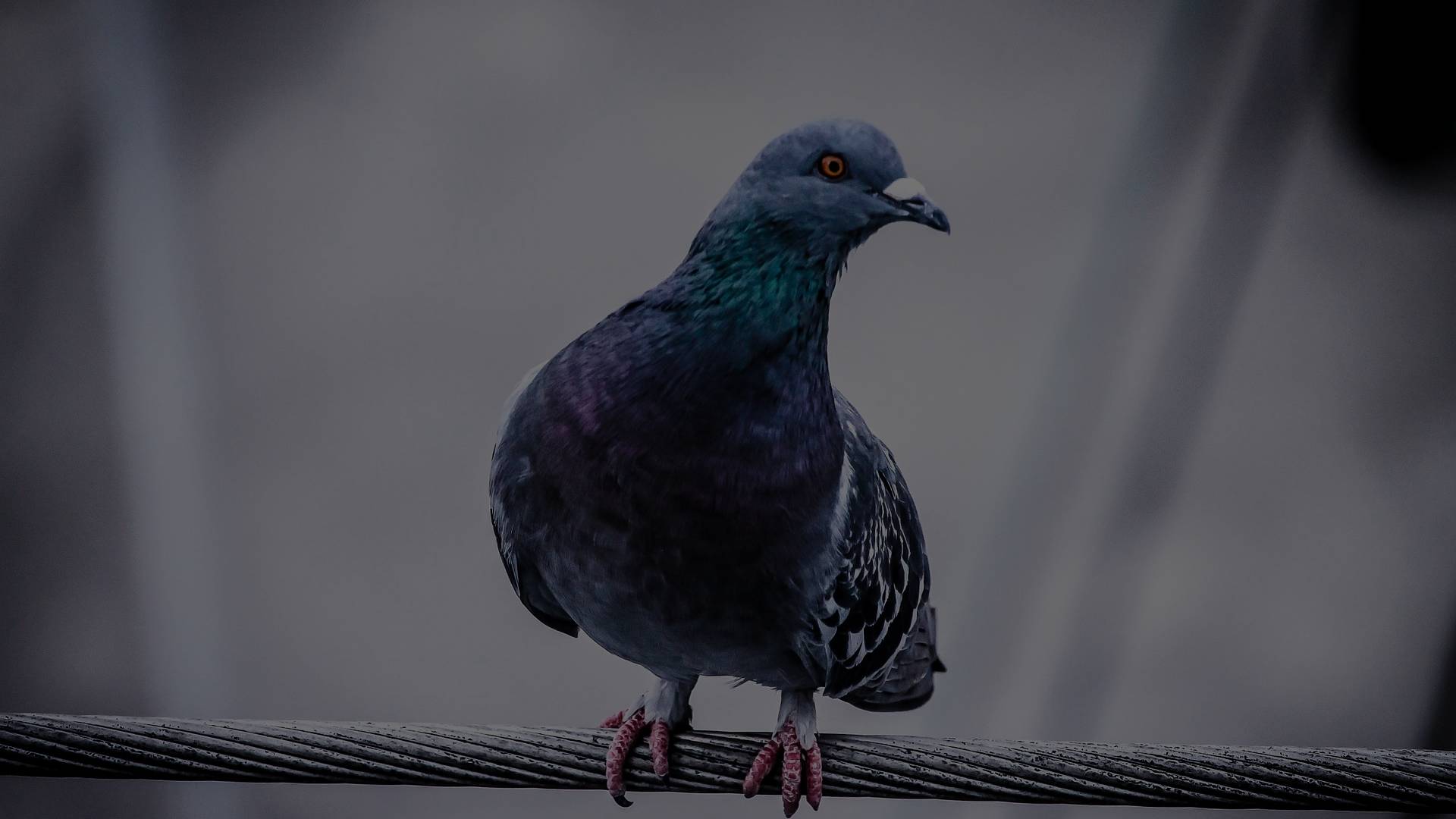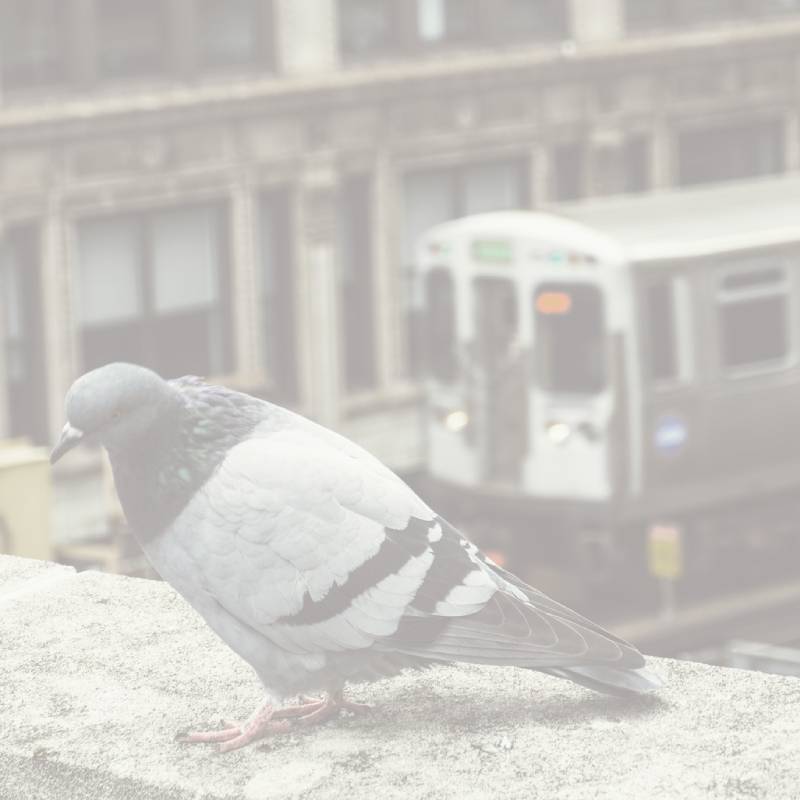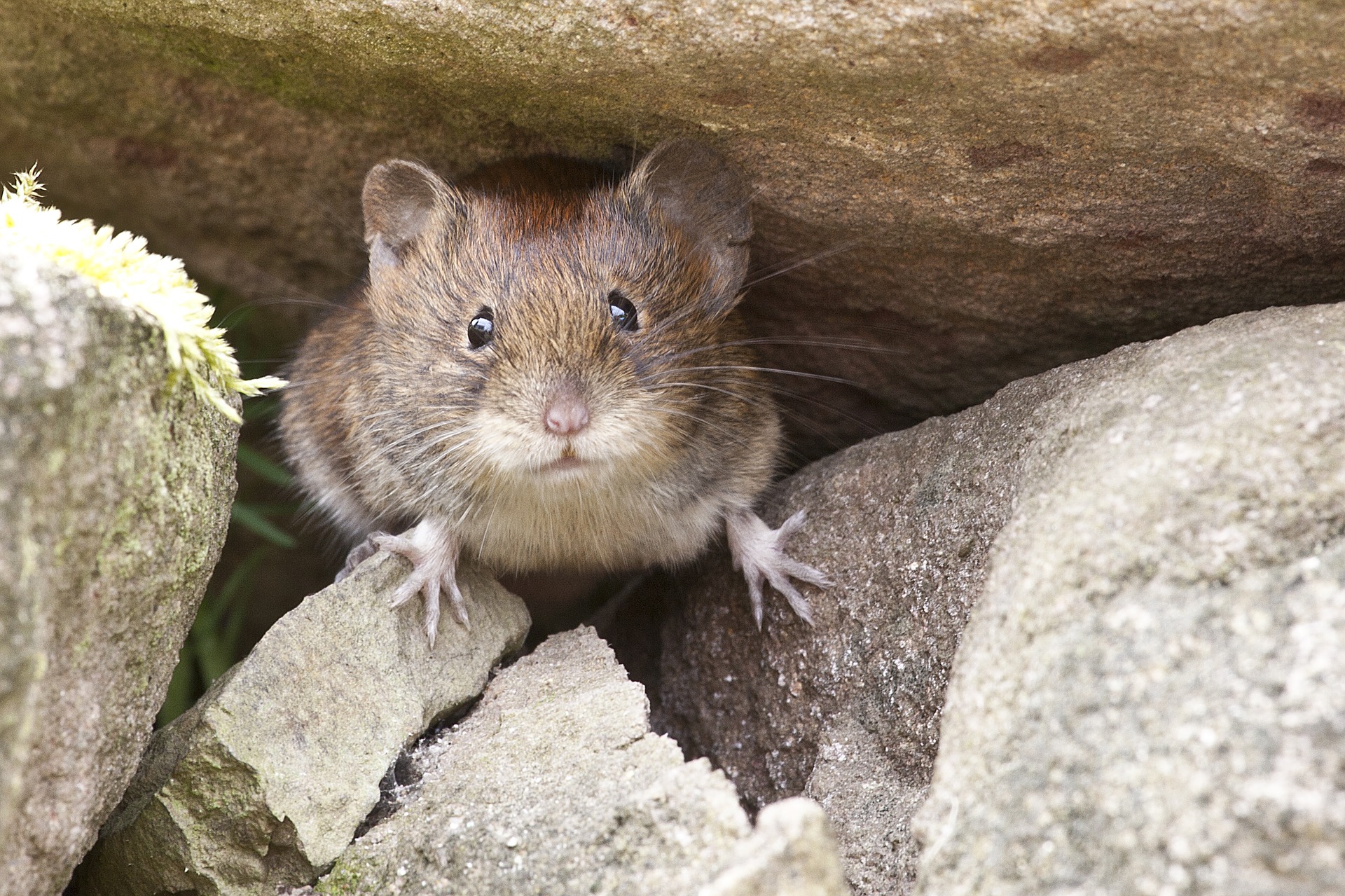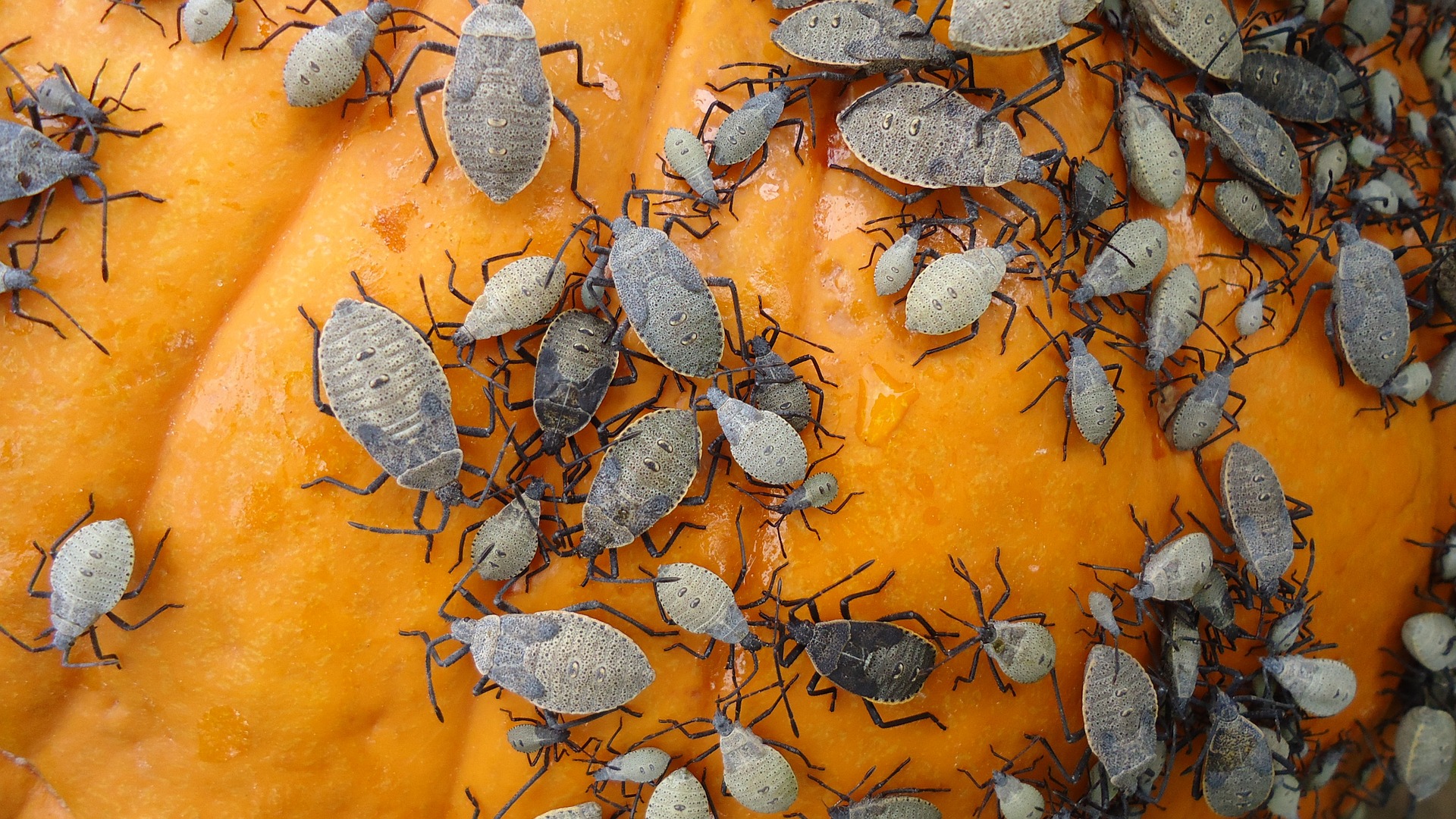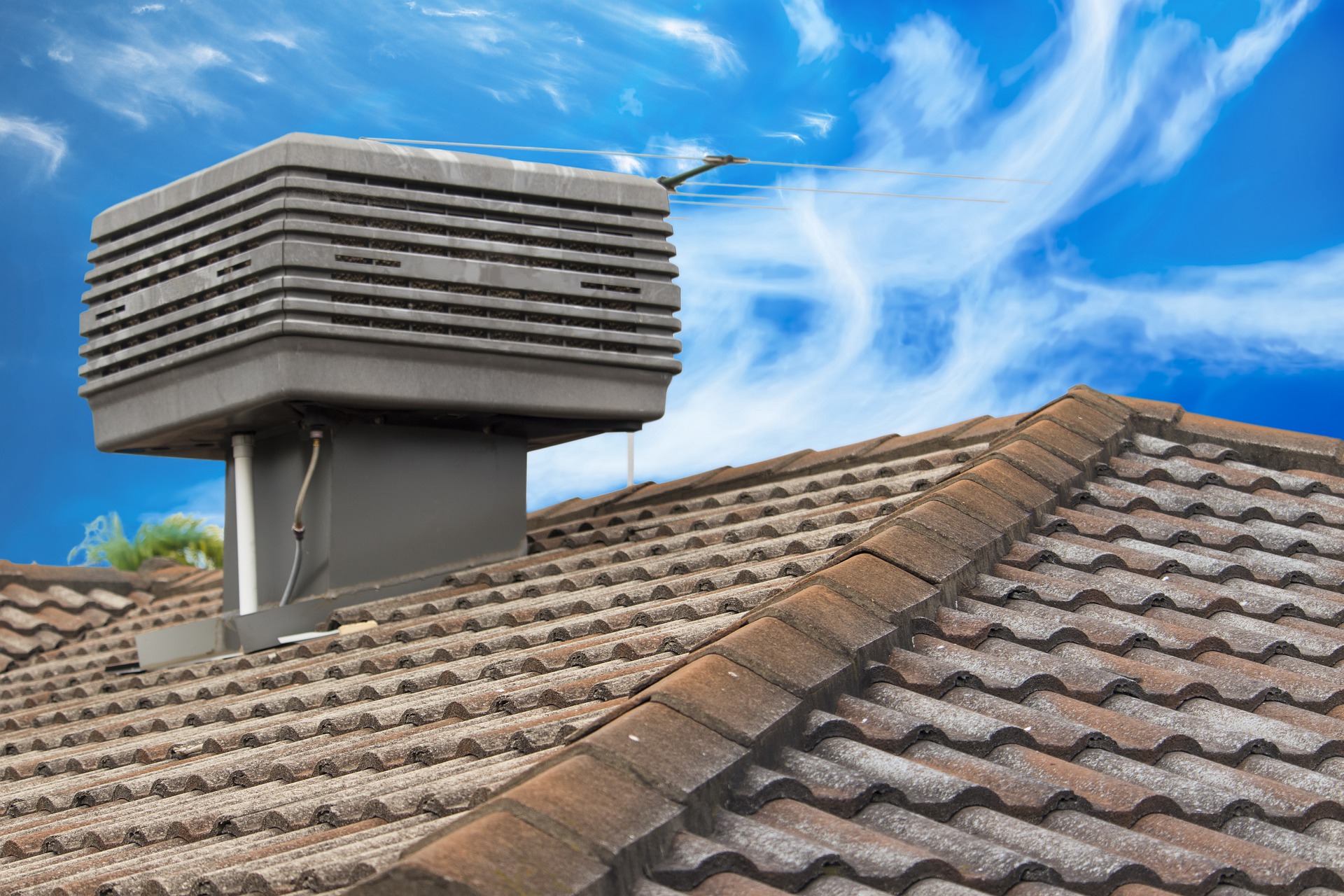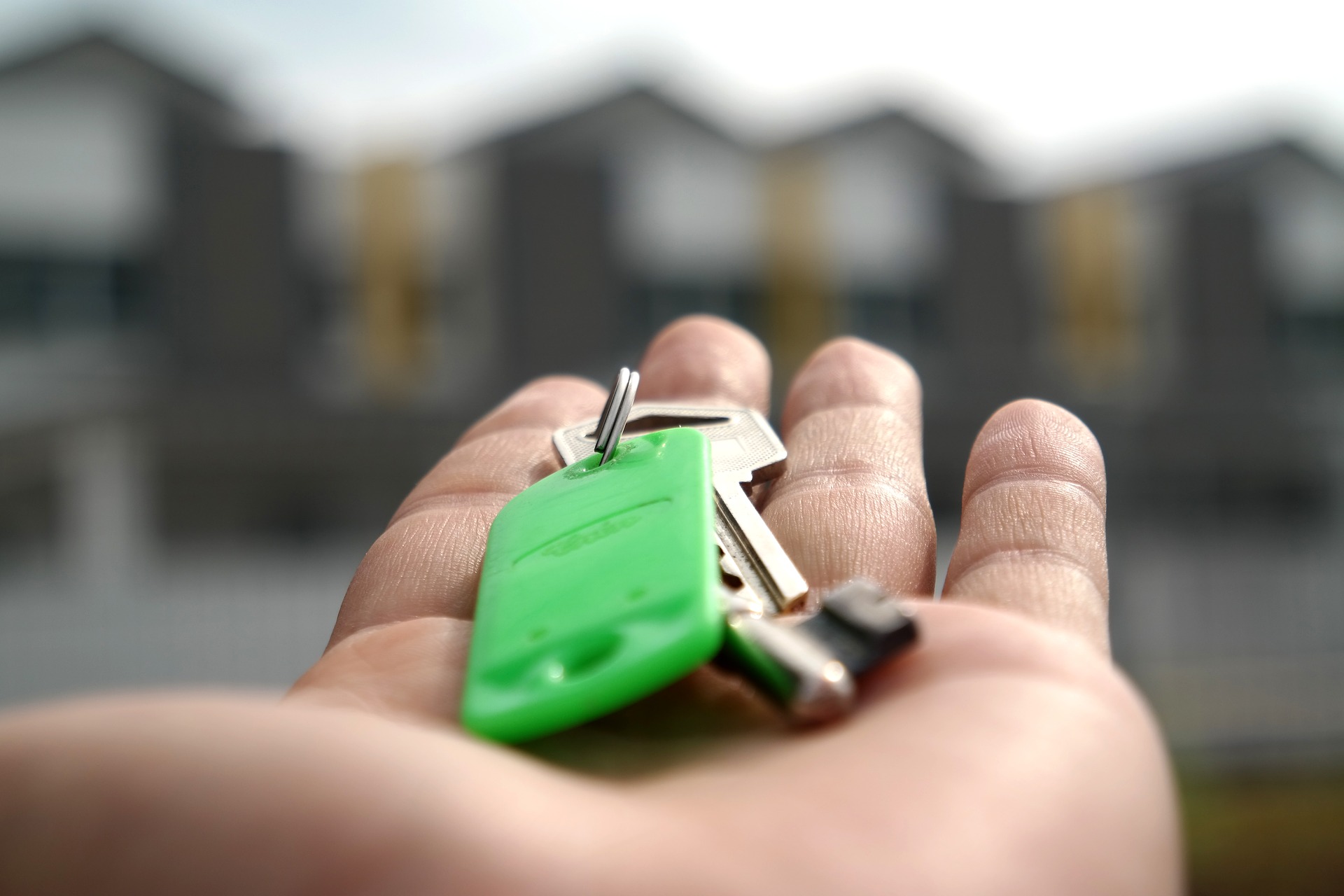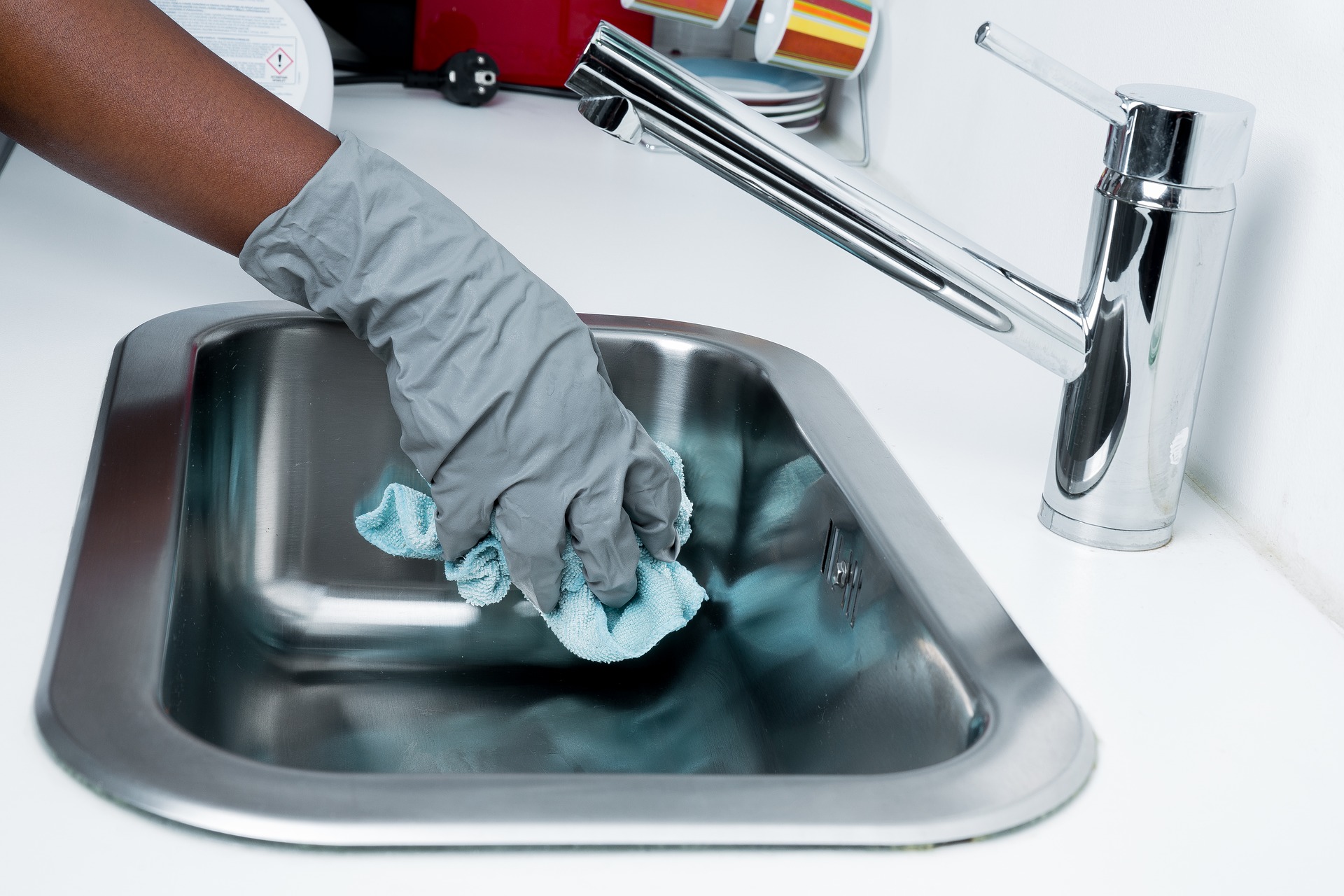Squirrels are cute and furry creatures that can bring joy to many people. However, when they invade your home or property, they can cause significant damage and become a nuisance. Identifying the signs of squirrel infestation is crucial in order to take appropriate action and prevent further problems. In this article, we will explore the common signs of squirrel infestation, understand the risks and damage caused by these furry intruders, discuss effective strategies for dealing with squirrel infestations, and know when it’s time to seek professional help.
Identifying Common Signs of Squirrel Infestation: What to Look Out For
When it comes to identifying squirrel infestations, there are several key signs to look out for. One of the most obvious signs is the presence of squirrel droppings. Squirrel droppings are small, cylindrical pellets that resemble dark brown or black grains of rice. These droppings are often found near their nesting areas or along their regular travel routes.
Another common sign of squirrel infestation is the sound of scratching or scurrying noises coming from your attic or walls. Squirrels are agile climbers and can easily access your home through small openings or damaged areas. Once inside, they will create nests and store food, leading to the noises you may hear.
Additionally, chewed electrical wires or insulation can indicate a squirrel infestation. Squirrels have a natural instinct to chew on objects to keep their teeth sharp and prevent them from growing too long. This behavior can lead to damaged wires, which pose a fire hazard, and insulation damage, which can compromise your home’s energy efficiency.
Lastly, keep an eye out for squirrel nests. Squirrels build nests using leaves, twigs, and other materials, typically in trees or attics. These nests are often visible from the ground and can indicate an active squirrel population in the area.
Understanding the Risks and Damage Caused by Squirrel Infestations
While squirrels may seem harmless, their presence can lead to various risks and damages. One significant risk is the potential for structural damage to your home. Squirrels are known to chew through wood, insulation, and electrical wires, which can weaken the integrity of your property and increase the risk of fires.
Squirrels are also carriers of diseases and parasites. They can transmit diseases such as leptospirosis and salmonellosis to humans through their droppings or urine. Additionally, fleas, ticks, and mites that infest squirrels can also pose a threat to human health.
Furthermore, squirrels are notorious for raiding bird feeders and gardens. They can damage plants, eat fruits and vegetables, and steal birdseed, causing frustration for homeowners who enjoy feeding birds or maintaining a garden.
It’s important to address squirrel infestations promptly to mitigate these risks and prevent further damage to your property.
Effective Strategies for Dealing with Squirrel Infestations: Prevention and Removal
Prevention is key when it comes to dealing with squirrel infestations. Start by inspecting your property for any potential entry points. Seal off any gaps or holes in your home’s exterior, paying close attention to areas around vents, chimneys, and rooflines. Use materials such as steel mesh or caulk to ensure a secure barrier against squirrels.
Trimming tree branches that are close to your home can also help prevent squirrels from accessing your roof and attic. Squirrels are excellent jumpers and can easily leap from nearby trees onto your property.
Additionally, consider installing squirrel-proof bird feeders and using squirrel repellents in your garden. These measures can help deter squirrels from causing damage to your outdoor spaces.
If you already have a squirrel infestation, removal can be a bit more challenging. Live trapping is a common method used to capture squirrels. Once trapped, release them far away from your property to prevent their return. However, it’s important to check local regulations and laws regarding the relocation of wildlife.
Using deterrents such as bright lights, loud noises, or predator urine can also help drive squirrels away. However, these methods may not always be effective, especially if the infestation is severe or if the squirrels have become accustomed to your property.
Seeking Professional Help: When to Call in the Experts for Squirrel Infestations
In some cases, dealing with a squirrel infestation may require professional assistance. If you have tried prevention and removal methods without success, or if the infestation poses significant risks or damages, it’s time to call in the experts.
Professional wildlife removal services have the knowledge, experience, and tools to effectively handle squirrel infestations. They can safely and humanely remove squirrels from your property, identify and seal entry points, and provide recommendations for preventing future infestations.
Remember, squirrels are wild animals, and attempting to handle them on your own can be dangerous. It’s best to leave the job to professionals who are trained in wildlife removal techniques.
In conclusion, identifying the signs of squirrel infestation is crucial for taking appropriate action. By understanding the risks and damage caused by squirrel infestations, implementing effective prevention strategies, and seeking professional help when necessary, you can successfully deal with squirrel infestations and protect your home and property.

